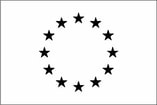Be part of Faro2027!20/6/2022 Opinion article by Débora Gonçalves, Facilitator Faro2027
0 Comments
New European Bauhaus (Within The Festival)
THANK YOU ALL!11/3/2022
Dive in to Faro2027: What have we done? What are we doing? What plans do we have for the future?7/3/2022
The candidacy of Faro to become the European Capital of Culture in 2027 invited Andreia Fidalgo and Gonçalo Duarte Gomes to coordinate the publication of a set of opinion articles that were fundamental in bringing conceptual thought to the themes of the candidacy. After a broad and multiple process of public consultation, which involved many outdoor conversations, interviews, focus groups and a number of other formats, all these contributions were compiled and systematised, giving rise to thematic guidelines. For several months, the Faro2027 team maintained an intense and fruitful dialogue that sought, in an initial phase, to test these thematic priorities with visions from the outside in, questioning what role a territory like the Algarve could have in Europe and, subsequently, almost in the form of a written dialogue, a similar vision was requested from a perspective in the opposite direction, from the inside out. Several of these texts were written after many hours of conversations that generated numerous reflections that proved to be fundamental to focus the themes worked on in the application. Issues such as interculturality; climate change; social and cultural issues surrounding tourism and even hidden poverty in the region; or even issues related to the city-building in a massive tourism destination, were some of the issues addressed. They are texts that make us reflect, against the backdrop of culture and creativity. The title chosen by the coordinators of the publication is a call to action.
An action that calls us all together. Faro's candidacy to be European Capital of Culture has just launched the book "Europe at Home", an artistic reflection on the pandemic and its impact on the daily lives of families and communities in Europe. With an opening text by Lídia Jorge, the book "Europe at Home" gathers literary texts and photographs by more than 60 artists from 30 European cities, in a joint vision about a particularly demanding moment in our lives, marked by the harshness of social isolation and repeated confinements. According to Lídia Jorge: "It is a pleasure for me to participate in this book. May this book and all the involvement it represents be a gateway to Faro, a city that intends to win the title of European Capital of Culture. Art and literature being essential goods to life". The writer Sandro William Junqueira and the photographer Vasco Célio, were the artists invited by Faro2027 to represent the city of Faro in the project Europe at Home. According to Sandro William Junqueira and Vasco Célio, this project is revealing of human fragility. Participating in Europe at Home is to contribute to building a memory for the future of this unprecedented moment experienced by us all. The photographs and texts present in the book "Europe at Home" are a reflection on the unpredictability of nature and on the way we live our lives today. Created in 2020, "Europe at Home" was thought, developed and implemented as a purely digital project, but over time it has grown and gained dimension. The importance of the initiative, as an artistic legacy for future memory, led 30 European cities to join Faro2027 in this initiative, which aims to be a unique and singular record of an unprecedented period in our collective history. As such, "Europe at Home" quickly jumped from the website and social networks to paper, now giving birth to a work with the same name. The public presentation of the book "Europe at Home" took place last Monday, February 21th, in a ceremony held at Club Farense. The books can be purchased at the Municipal Museum in Faro.
Faro City Council is up to transform one of the city's most iconic buildings into a hub for art and creativity, open to all, and which, if Faro is awarded the title of European Capital of Culture, will be its home for international projects. During the preparation process of Faro's candidature to become the European Capital of Culture, the Fábrica da Cerveja was one of the most mentioned buildings in the several and wide participation processes that took place. In Faro's candidature, the Fábrica da Cerveja is an emblematic building which will host the project's Head Office in a close connection with the Cultural KM. Opening the city to the Ria Formosa through this building is an another vehicle that will seek to be a common ground to understand the territory, in a mindset of greater respect for biodiversity. In order to structure a strategic programme that can be solid and allow progress to the project and subsequent construction phases, the municipality established a partnership with Gonçalo Louro & Cláudia Santos - Arquitectos, Lda. in cooperation with Opium, Lda. and Pablo Berástegui which allowed the construction of a Strategic and Functional Programme for the Beer Factory. It was a participative process in which many people, cultural agents and regional agents were heard. This programme is intended to preserve the dynamics that already exist in the space by opening it up to the participation of all. Fábrica da Cerveja will be a centre for art and creativity, a space for creation, exhibition and meeting for cultural agents and a space for public use, with the possibility of daily enjoyment in a logic of encounter for all. Its value chain will be: empower - produce - inspire - enjoy - share - expand - enable.
What impact will Faro 2027 have on the local and regional economy? What economic and financial effects will it have on sectors such as tourism and related sectors? And the creative industries, to what extent will they benefit from Faro's application to be European Capital of Culture 2027? Can Faro2027 contribute to stimulate private investment and promote the direct and indirect creation of new jobs? To answer these and other questions, the Faculty of Economics of the University of the Algarve, in partnership with the consultancy firm Becorporate, carried out a pioneering study that sought to create a matrix that allows the development of the application process to be monitored, anticipating the impact that Faro 2027 could have on the local and regional economy. No other studies are known to try to assess the economic and financial potential of a European Capital of Culture (ECOC) beforehand. The work was developed with the objective of gathering a set of data and recommendations to support the team that prepared the candidature in decisions related to investments and monitoring, through a system of economic evaluation, which covered the preparation phase of the candidature. The impacts resulting from the ECOC are quite diverse, yet it was possible to conclude that an initiative of this nature can help to raise the tourism profile of the host city. This effect is cumulative and growing, starting to be felt immediately after the announcement of the application until the year of the initiative and expected to continue after the event. There is evidence that this type of initiative has a considerable impact on the housing market, creative industries and commerce, as well as impacting on other areas such as education. On the other hand, it is clear that a ECOC can have a marked impact on (local and regional) infrastructure investment and is clearly a driver of greater momentum for private investment. Overall, the results indicate that the carrying the title of a European Capital of Culture is an economically relevant event, with positive consequences on local and Regional GDP, on public accounts and on job creation (direct and indirect). For each euro allocated in the Faro2027 investment expenses, it is estimated that the direct economic impact generated in Expenditure, GVA, Employment and VAT is, in the Creative, Artistic and Entertainment Services of 1.21€, in Accommodation Services of 1.285€, in the production of Restaurant and Similar Services of 1.45€. One of the added values of this study is its potential as a working platform for possible future stages of the process. The work carried out will allow - in case of Faro being one of the pre-selected cities for the second phase of the selection process - to deepen the dynamics of the study. Even if the city is not chosen for the second phase, the document is also an important instrument for a future monitoring of the application of a set of projects embodied in the PEC Faro2030 - Strategic Plan for Culture of Faro.
Atlantic Cities Association supports Faro's candidacy to be the European Capital of Culture 20276/1/2022 The Atlantic Cities Association (ACA) formally declared its support for Faro's Candidature to European Capital of Culture. Taking into account the prestige of this association and the fundamental role it develops in the Atlantic arc, we were proud to receive this recognition. The statement said that the ACA recognises that Faro2027 is a "candidacy to safeguard and promote the diversity of cultures in Europe and highlight the common features they share, as well as to strengthen the citizens' sense of belonging to a common cultural space". Furthermore, our application is also recognised as an important driver for the long-term economic, social and environmental development of the city and the region. The statement signed by Mr Eneko Goia Laso, President of Atlantic Cities and Mayor of Donostia/San Sebastián (Spain), further states that Faro's bid to become European Capital of Culture "is based on strengthening the scope, diversity and European dimension of cultural offer at city level, in particular through transnational cooperation; broadening access to and participation in culture; strengthening the capacity of the cultural sector and its links with other sectors; improving the international profile of cities through culture." About the Network of Atlantic Cities
The Atlantic Cities Association - ACA promotes and defends the interests of the Atlantic cities of Europe. It was created in the 2000s with the main objective of giving a voice to the authorities of these cities and their territories at European level. In order to achieve its objectives, the ACA establishes and encourages cooperation across the Atlantic Arc, through the promotion of joint actions between members and the exchange of best practices and solutions to common problems. All the work carried out over this time shows the importance of further strengthening the links between European territories. What impact does art have on health promotion? What effect does culture have on physical and mental well-being? Can art relieve physical and emotional tension? Faro's Candidature to become the European Capital of Culture (faro2027), in partnership with the Algarve University Hospital Centre (CHUA) and the Association 289 developed the “Art for Health” project. The “Art for Health” project aims to promote the physical and emotional well-being of all the health professionals who, over the last two years, have been involved in the tough fight against the pandemic. The initiative counts on the participation of five plastic artists who, until March 2022, will exhibit their works in the cafeteria of the Algarve University Hospital Centre. This group show thus includes works by Gustavo Jesus, Milita Doré, Régis Vincent, Fernando Sampaio Amaro and Leandro Marcos, artists who voluntarily and and gratuitously joined Faro2027 in this initiative. The Art for Health project was inspired by the initiative "Un quadr al mese: lártein ospedale" developed in the COVID Hospital OGR ASL, in Italy, in the city of Torino.
Cities fund for culture2/1/2022 What changes is culture undergoing in this ever-changing world? What is the relationship between culture and the SDGs? What is the role of culture in creating a more sustainable future? The Cities Fund for Culture, of which Faro is a member, will select seven European artists (citizens or residents of any European country, inside and outside the European Union) to work individually or collectively and share their visions on the contribution of culture to a sustainable future. Interested artists should submit their vision on these and other issues until February 25th of 2022, through the following link: https://culturenext.eu/cities-fund/. Each selected artist will receive the amount of €2,000 (gross) to create a work of art that mirrors the submitted vision. The 7 selected artists will be given the opportunity to share their ideas, perspectives as well as develop projects together. The main objective of this programme, launched by the Cities Fund for Culture, is to support the (co)creation of 1 to 7 seven artworks through a collaborative process involving the different selected artists. The resulting artworks will be promoted by the 10 cities that co-created the Fund, but also by the other cities that are members of the Culture Next network.
We recall that the Cities Fund for Culture was announced in Faro on November 25th in 2021. The Cities Fund for Culture was conceptualized by Culture Next as a pioneer financial mechanism, alternative to traditional financing mechanisms for culture. To make this fund a reality, 10 European cities, including Faro, will be involved. The 10 co-founders of the Cities Fund for Culture are Aveiro (PT), Braga (PT), Belfast (IE), Cluj-Napoca (RO), Elefsina (GR), Faro (PT), Leeuwarden (NL), Leeds (UK), Leuven (BE) and Oulu (FI). Cities Fund for Culture is developed by Culture Next, a European network of 26 cities from 17 EU countries and the UK. With the title "A special gift", the 12th book of the collection "The adventures of Farrobinhas" is dedicated to Faro's candidacy to become the European Capital of Culture. As in previous editions, the book was offered and distributed by Faro City Hall in all kindergartens and primary schools in the county. This Christmas, Eugénio, Ana, Afonso and Farroba receive a very special visit that takes them back in time. On this journey they will discover and explain to the youngest ones the importance of the region's cultural heritage, as well as the importance of culture and the title of European Capital of Culture 2027 for the economic, social and environmental development of the region. The Faro2027 team also created a video where the story is told and all children can hear the adventures of these heroes. During the Christmas season the video will be promoted on the social networks of Faro's Candidature to European Capital of Culture, as well as the Municipality and the Faro Municipal Library. In January the books "The adventures of the Farrobinhas - A special gift" will be at the Faro Municipal Market, with reading sessions at Banca da Cultura, aimed at the youngest visitors.
This Sunday, on November 21st, Faro presented it’s candidature to be the European Capital of Culture 2027. It was early in the morning that an entourage of about three hundred people and dozens of bikers from the Motoclub of Faro and Moto Malta Faro, left the Algarve capital, heading for Lisbon, to accompany Rogério Bacalhau, Mayor of Faro, in the delivery of the Bidbook, at the Ministry of Culture. A part of this entourage was the Folkloric Group of Faro, the Choral Group Ossónoba, the Faro Philharmonic Band and the group Urban Xpression which performed during the ceremony. The candidature of Faro for the European Capital of Culture has received a wide participation and many groups and associations that have been collaborating in the process, wanted to join the delegation, namely Associação Doina Algarve, Associação Nossa Senhora dos Navegantes, Associação de Proteção à Rapariga e à Família, Refood and Sociedade Recreativa Bordeirense. Many other citizens, who understood the importance of the application for the long-term development of the region, also joined the delegation and made their way to Lisbon. In a festive spirit, all the people in the entourage applauded the arrival of Faro’s Bidbook and formed a human line and through the hands of all the people the Bidbook was passed until it reached Rogério Bacalhau, to be delivered to the Ministry of Culture. After this moment the Mayor of Faro thanked immensely for the presence of all and recalled that: "The delivery of Faro's Candidature for the European Capital of Culture in 2027 represents an important milestone in a project of all and for all. A mobilizing project, made with a lot of work and dedication, which affirms the potential of culture as an important tool for the economic and social development of the region. For all this, and the commitment and involvement of the entire population in our candidacy, we have reasons to celebrate today. We are already winners''. After the Bidbook delivery ceremony at Palácio da Ajuda, Faro2027 took 45 children supported by the Doina Association (Mudaki Project) and the Association for the Protection of Girls and Family to the MAAT - Museum of Art, Architecture and Technology, in a partnership that aims to affirm Faro 2027 as an inclusive candidacy, where everyone has the access to culture.
"Cataplanas do Mundo" is one of the projects developed by Faro's Candidature to the European Capital of Culture, in partnership with “Tertúlia Algarvia”. The main goal of this project is the sharing of cultures and the inclusion of immigrant groups present in the Algarve through gastronomy. The first meeting took place on 18th of October, at Tertúlia Algarvia restaurant. On that day, the Chef cooked a typical Algarve cataplana and presented the challenge to the participants. We had lunch together and shared countless stories at the table. On November 8th, a second meeting took place where Ikram (Moroccan), Diana (Romanian) and Helena (Cape Verdean) prepared typical dishes from their countries inside our Algarvian cataplana, which allowed us to travel through flavours, which is the aim of this huge gastro-diplomatic project. We were also joined by Iram (Pakistani) and Euza (Brazilian), who also will be preparing typical recipes from their origins soon. We added a dash of colours and flavours from other cultures, added a handful of dedication and tradition, poured everything into the Algarvian cataplana and cooked the Cataplanas of the World, ready to serve at your home. From 18th of November to 2nd of December, these five international cooks will prepare various Algarvian cataplanas, all made with ingredients and recipes from their respective countries of origin. The cataplanas will then be raffled off and delivered to the home of the winning family. Entries for the Cataplanas of the World draw should be made at: https://www.faro2027.eu/cataplanasdomundo.html . The first Cataplana of the World is from Brazil and will be prepared on November 18th, followed by cataplanas from Romania (November 24th), from Pakistan and Cape Verde (November 29th) and finally from Morocco (December 2nd).
“Portraits of the Mask” exhibition5/11/2021 What impact has the use of the face mask had on the pandemic? How many smiles and kisses were lost? How many words were silenced? And how many stories have been left untold? The face mask is a symbol of the isolation we experienced during the pandemic. "Portraits of the Mask" is its artistic expression. "Portraits of the Mask" is a project developed as a part of Faro's Candidature to the European Capital of Culture 2027, with the participation of photographer Vasco Célio, the 13-year-old multidisciplinary young artist, Matilde Valério, as well as the collaboration of students from the Performing Arts and Contemporary Dance course of Tomás Cabreira Secondary School and the senior and international theatre group Aperitivo. Until November 12th, visitors to Forum Algarve have the opportunity to enjoy the documental look by Vasco Célio, the poetic texts by Matilde Valério and listen to the different readings (in Portuguese and English) by the actors who, in a joint intergenerational artistic work, reveal the stories of ordinary people from faces. Date: until 12th of November
Time: during working hours of the shopping centre Entry: free of charge Location: Forum Algarve (Faro), 1st Floor of the Shopping Centre (on the opposite of the Mango shop) Today, November 5th, is World Cinema Day. We mark the date by showing the talented work of one of our “Capsules” - Reym Nasr - whose dream is to do characterization for cinema, more specifically "Make-up and Prosthetics for Performance". "At the beginning I was afraid to say that I wanted to be an artist and felt a connection to this area. I was afraid of what people would say and I was afraid that I wouldn't be good enough to publish on social networks and invest in this path. Fortunately, when you do what you really like, everything goes well. I have invested a lot in this dream. I've spent hours watching videos on Youtube and practising as much as possible to get my ideas on faces that I like to call my "canvas", says Reym. Unfortunately it is not possible for Reym to fulfil her dream in the Algarve and to pursue this career she will have to go abroad to study. Next year she will pack her bags to enter the London College of Fashion in London, UK. Reym is part of the Cápsula Project which aims to give voice to young talents from Faro and the Algarve (under-18), but above all to show that there is a new generation of artists who need to go abroad to become professional and build their dream career. The Cápsula project and young people like Reym show the potential that exists in our region and how the title of European Capital of Culture can change and shape its future: "It was also very important to join the Cápsula project, carried out by the Candidature of Faro to European Capital of Culture 2027. This project introduced me to other young artists in the areas of photography, literature and dance who are fighting like me to have a future connected to the arts. Faro and the Algarve really need to win the title of European Capital of Culture so that young people like me have more opportunities for the future in our region. Have you ever thought of an Algarve where Hollywood films with superheroes are made? It would be fantastic!" Radar XS, a news programme for children between ages of 8 and 12, which aims to encourage critical thinking and citizenship, came to meet Reym and show how talent has no age and dreams need to be nurtured!
We challenged the community and the cultural agents of the region to join us in building the Candidature of Faro to be the European Capital of Culture in 2027. During September there was an open call to the cultural and creative sector in the Algarve region to submit proposals and contributions to the cultural and artistic programme of the application. A total of 73 proposals were received, from agents throughout the region representing different artistic disciplines, with a significant number of multidisciplinary projects. Many of the projects show a great desire to work with and for the community, as well as to disseminate the Algarve's cultural heritage (tangible and intangible) and to take culture to unusual places. Bruno Inácio, Team Coordinator of Faro's candidacy to become the European Capital of Culture 2027, highlights the quality of the proposals presented, as well as the mobilising capacity of the entities that joined this initiative: "We are very pleased with the participation of the cultural and creative sector in the call we made to help us generate ideas for Faro's candidature process to become the European Capital of Culture. We received very interesting proposals that show the will and capacity of a sector that permanently seeks to reinvent itself, broadening its vision and capacity for action. We received proposals from all over the Algarve, which is also very important because the candidacy assumes this facet. We will now analyse the proposals and seek that within the process of artistic construction they are relevant". This phase of collecting ideas for the artistic content of the Candidature of Faro to European Capital of Culture 2027 also included an appeal to the entire population through the project Banca da Cultura. In online or face-to-face format, this project counted more than 800 participations, not only from individuals but also from entities and organizations that want to join the process. During 3 months, digital sessions were held, visits to associations and regional organizations were made and the existence of a space dedicated to the candidacy in the Faro Municipal Market was also remarkable in this project. Among the themes most mentioned by the general population, the urban space and the community stand out, as well as nature, health and well-being, representing respectively 29%, 18%, 11% and 8.2% of the total of proposals submitted. Sofia Martins, responsible for the area of public participation in the candidacy, explains the importance of community involvement: "”Banca da Cultura” appears as a reinforcement of the characteristics of accessibility and proximity that are intended with this project. This initiative allows us to make the project known, to collect ideas for the artistic and cultural programme of the application, but above all to listen to the challenges, ideas and proposals from different groups in our community".
|
- Início
- Bidbook
- Estratégia Cultural
-
Projetos
- Açoteia: Creative Rooftops >
- A minha cidade no Futuro >
- Arrelia
- Arte pela Saúde
- Banca de Cultura
- Buftada >
- Cataplanas do Mundo
- Cápsula >
- Europe at Home
- Faro 2027, e agora?
- MarDestorias
- MI.MOMO
- MarMotto
- Novo Bauhaus Europeu >
- O Papel da Arte em Tempo de Crise
- Fábrica da Cerveja
- Projeto Pergunta
- Rockstrars
- Home
- Bidbook
- Cultural Strategy
-
Projects
- Açoteia: Creative Rooftops >
- Arrelia Project
- Art for health
- Buftada: contrast projects >
- Cápsula >
- Cataplanas of the World
- Culture Booth
- Europe at Home Project
- Fábrica da Cerveja Building
- Faro 2027, now what?
- Faro Convention
- Mar D'estorias
- MarMotto
- My City in The Future >
- MI.MOMO
- New European Bauhaus >
- Pergunta project
- Rockstars
- The Role of Art in Times of Crisis
|
Promoters in Algarve: |
Organização |
Clique aqui para editar.
|
Privacy Policy |

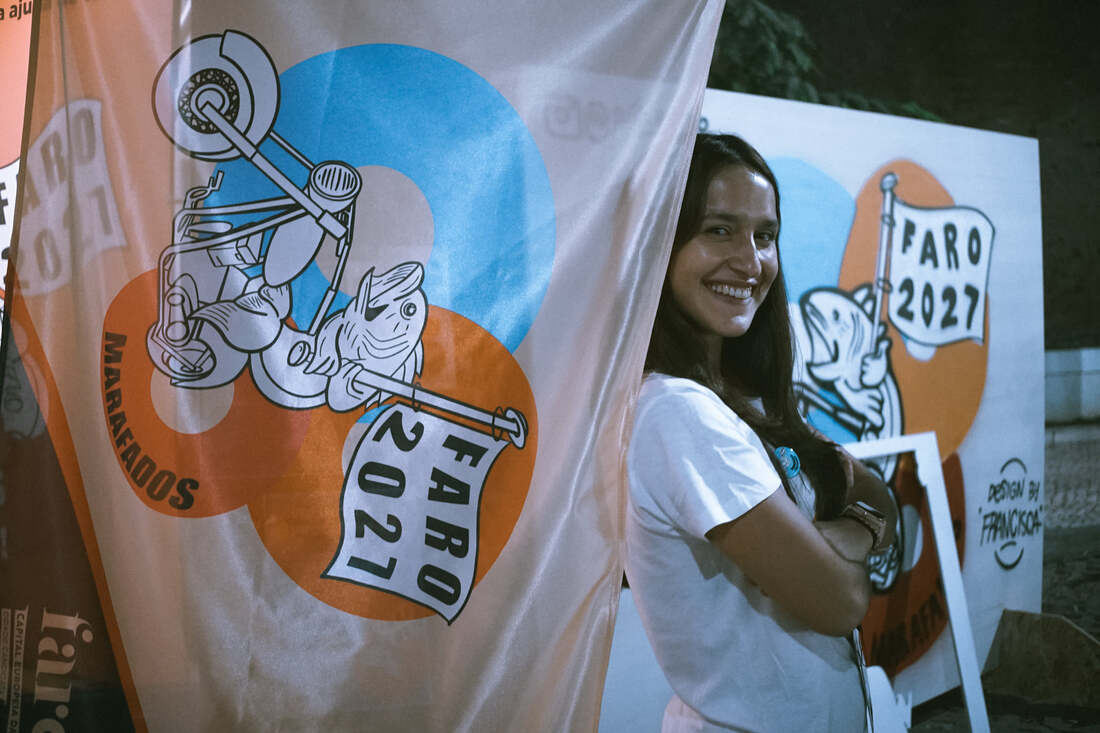
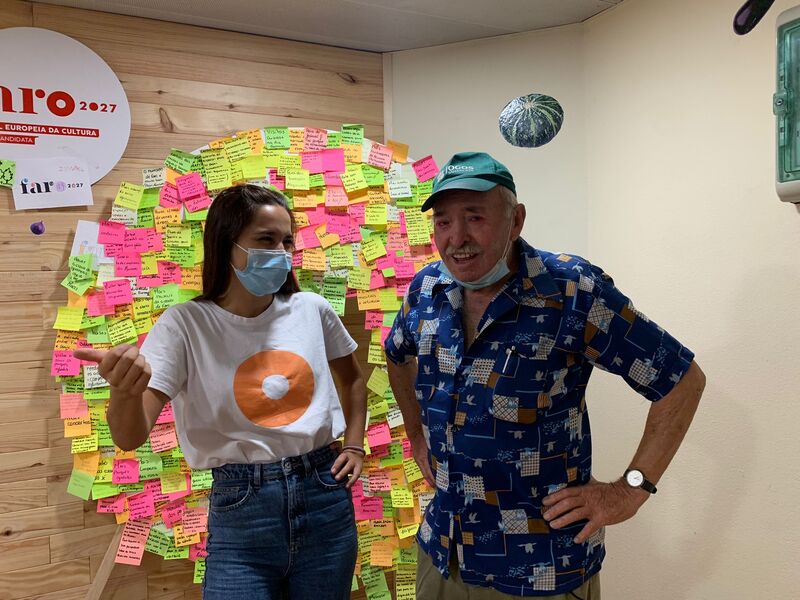
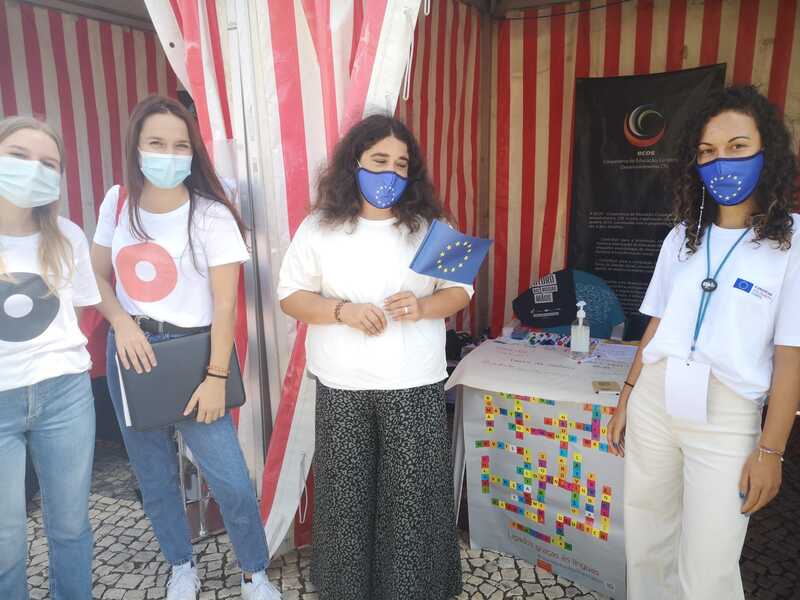
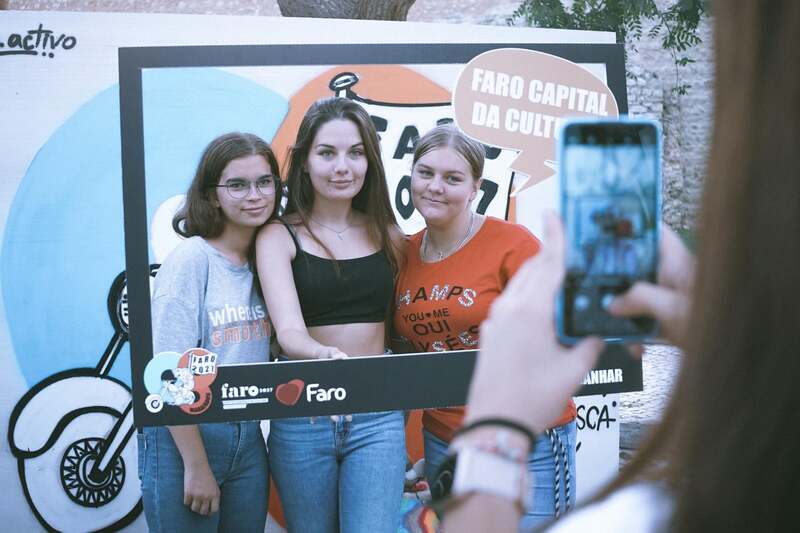
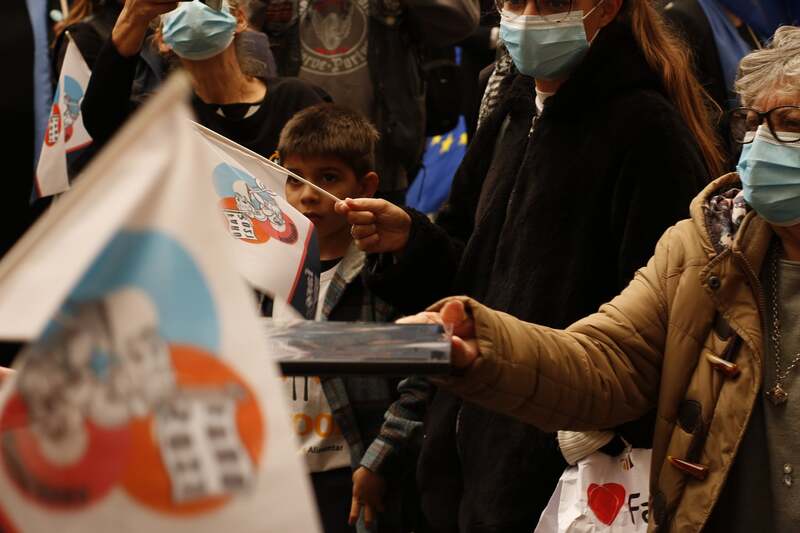
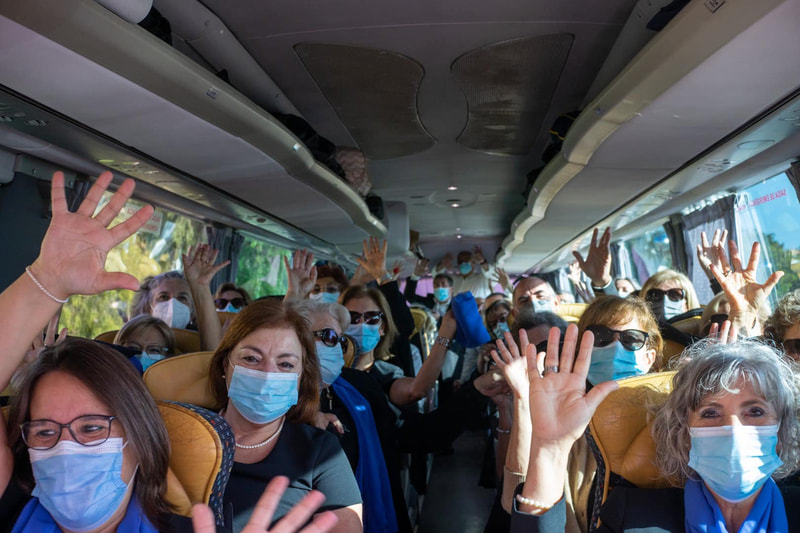
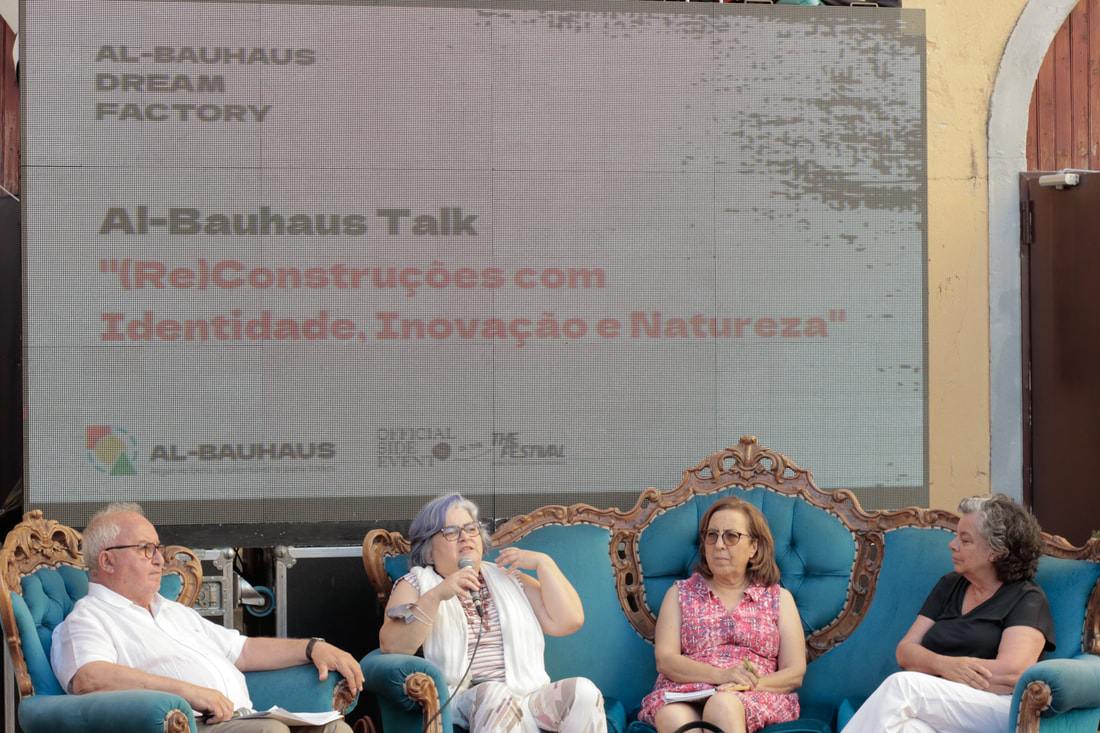
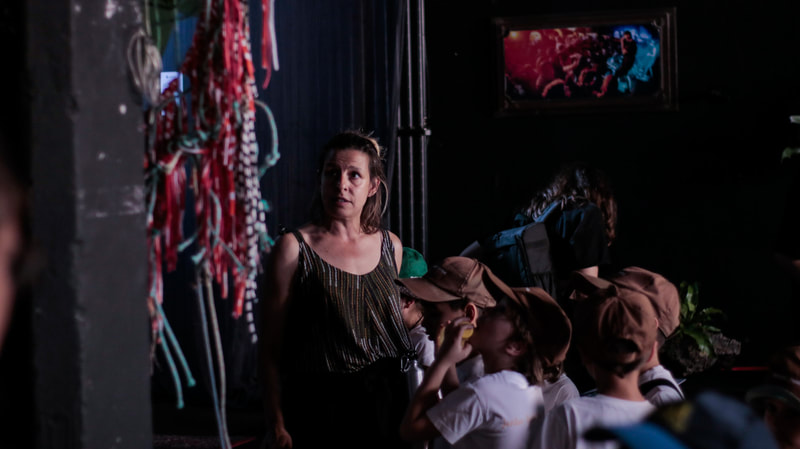
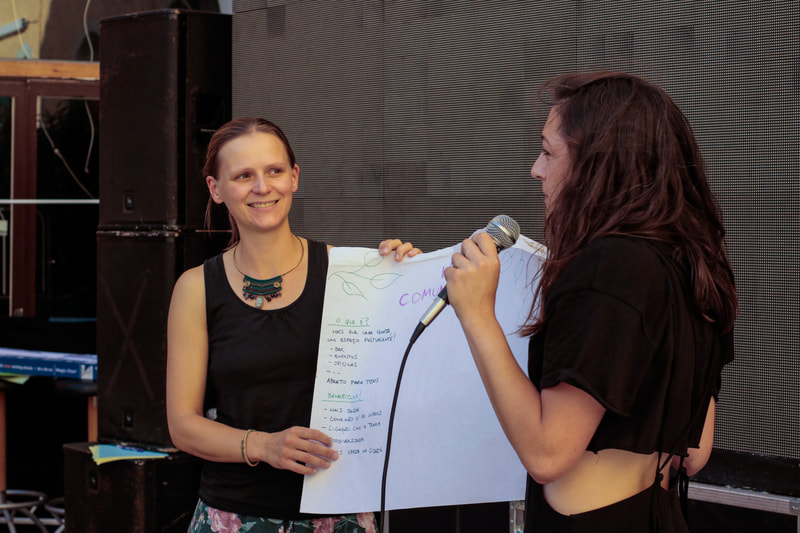
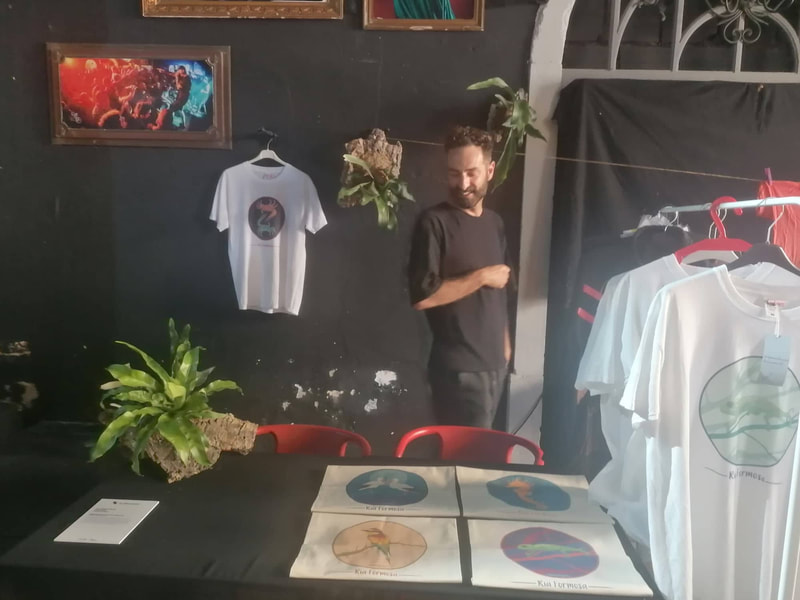
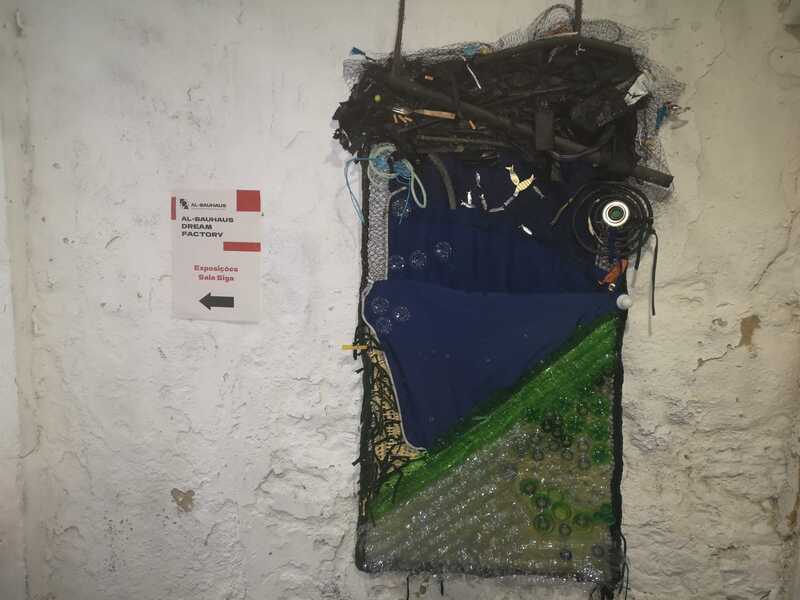
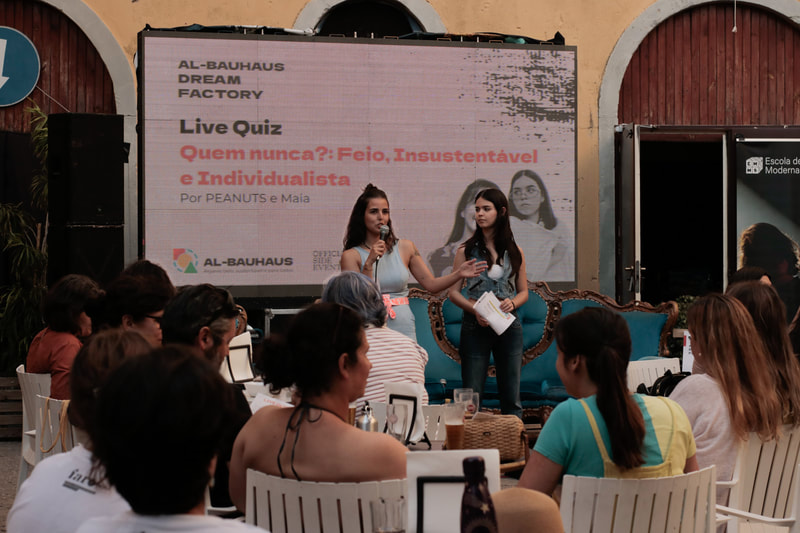
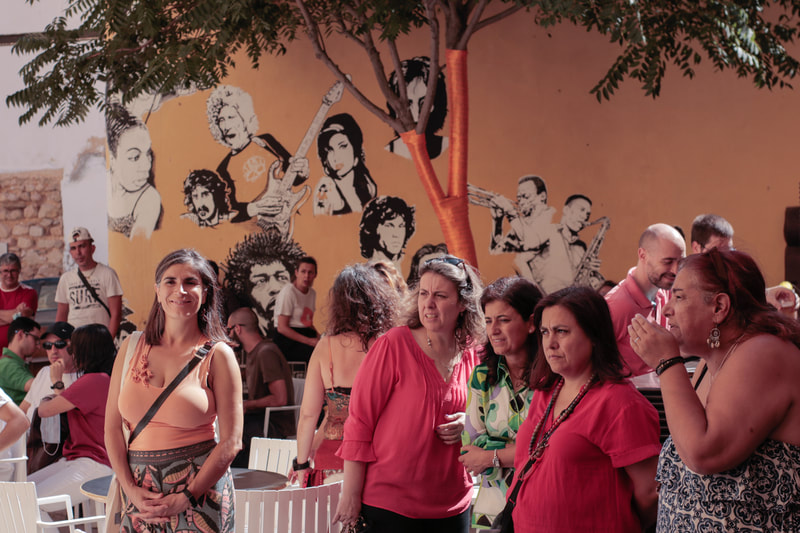
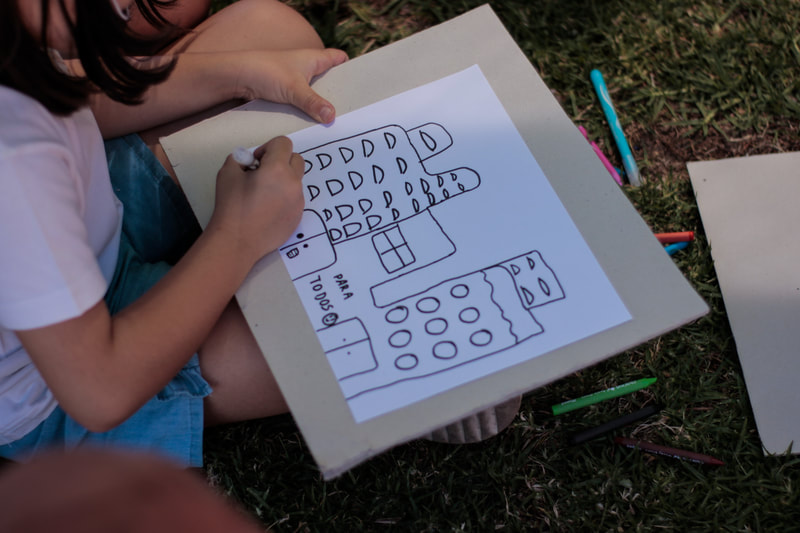
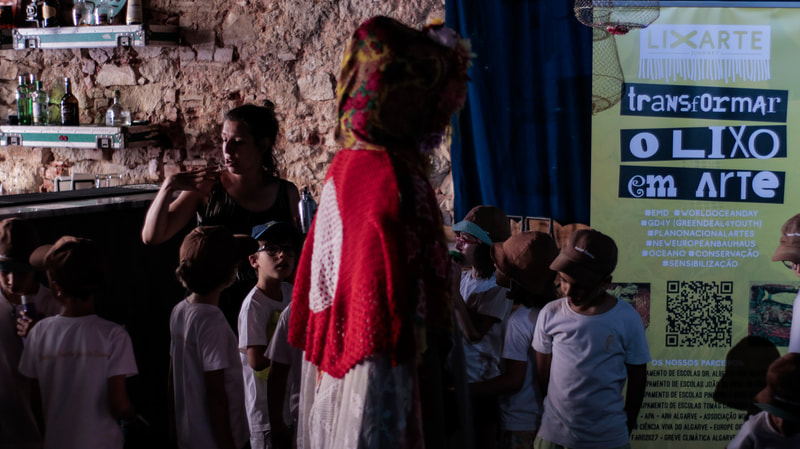
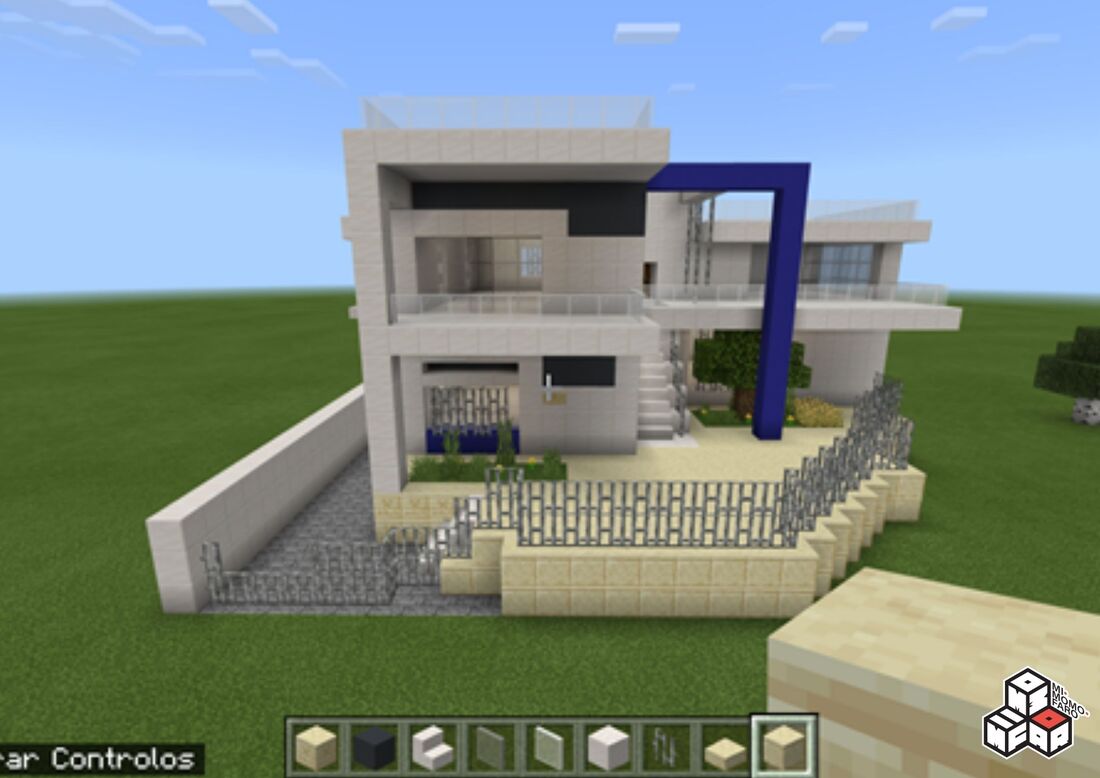
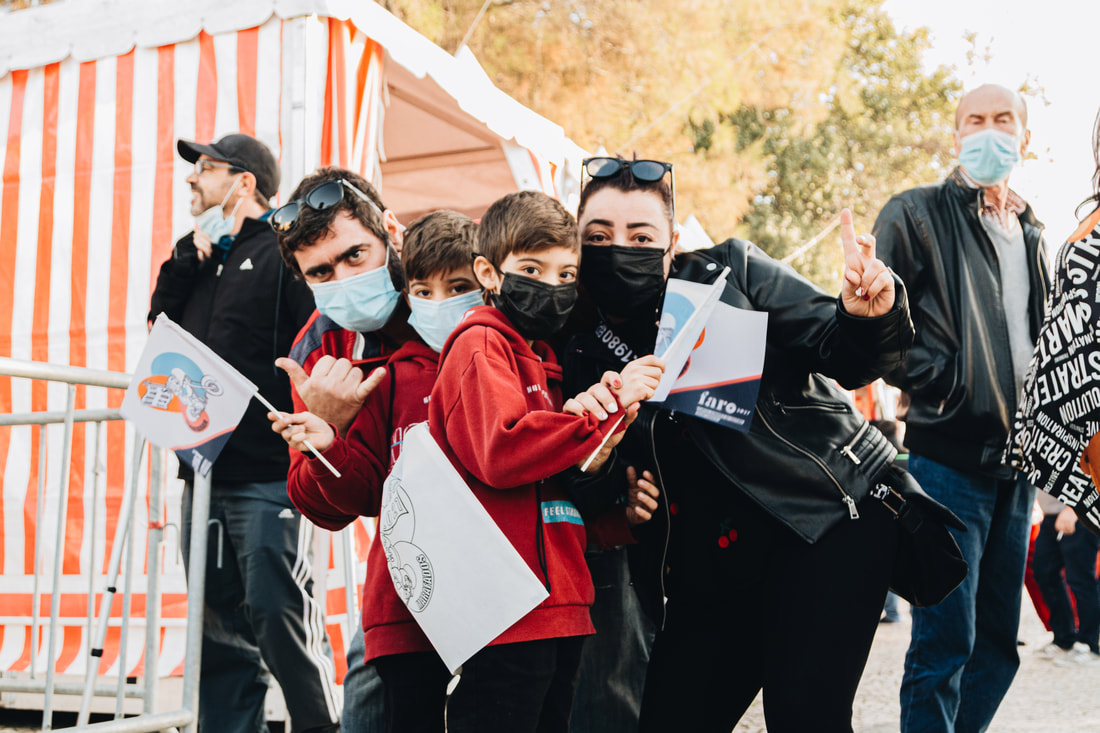
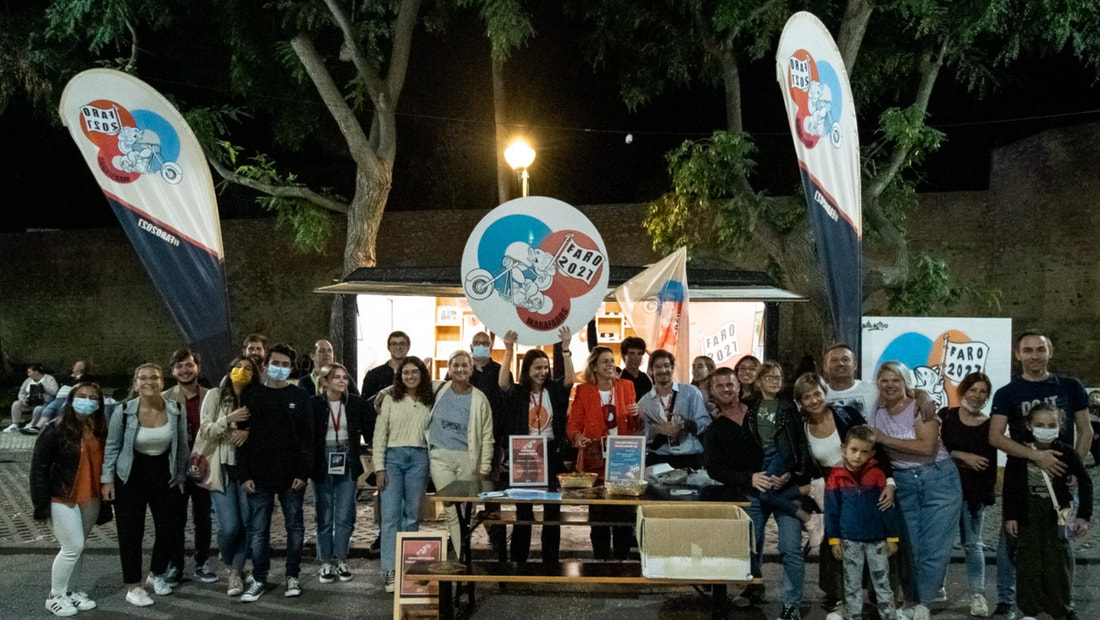
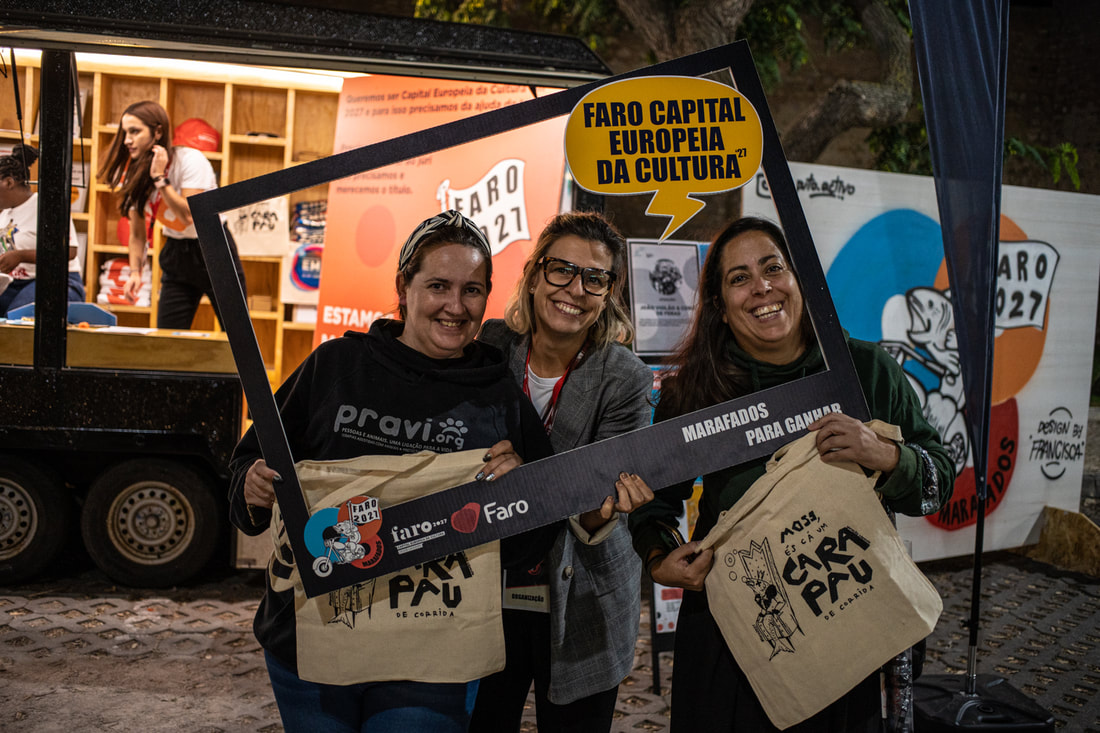
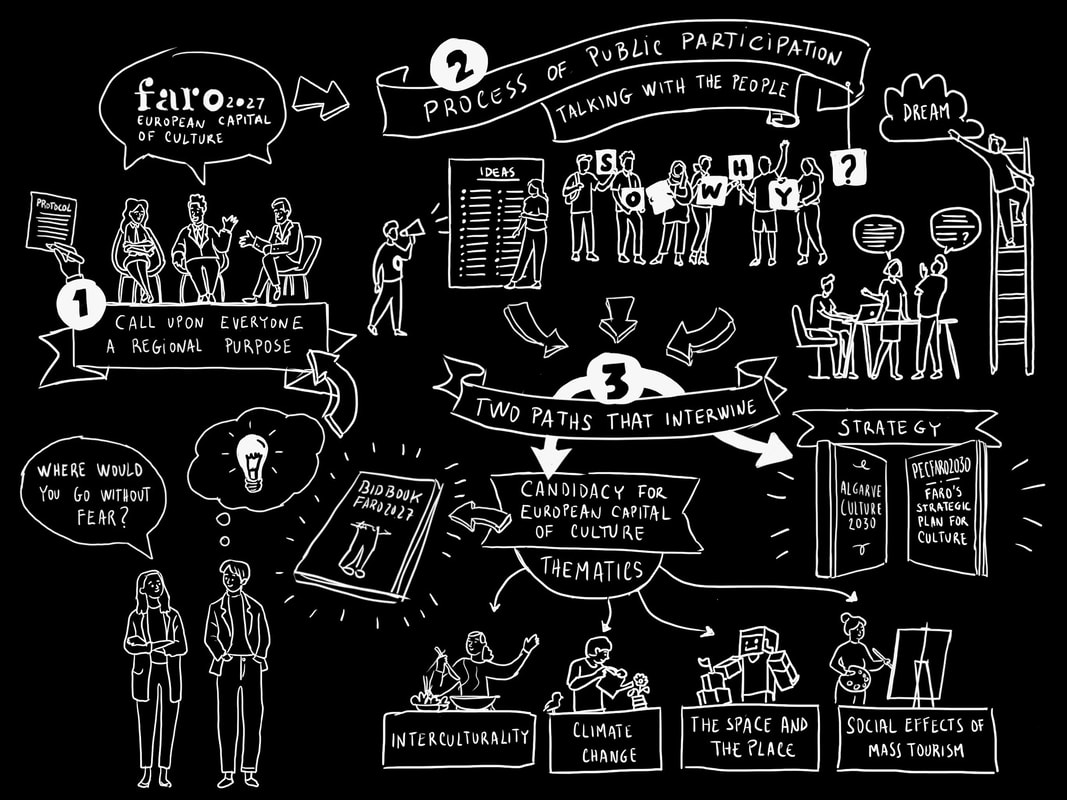
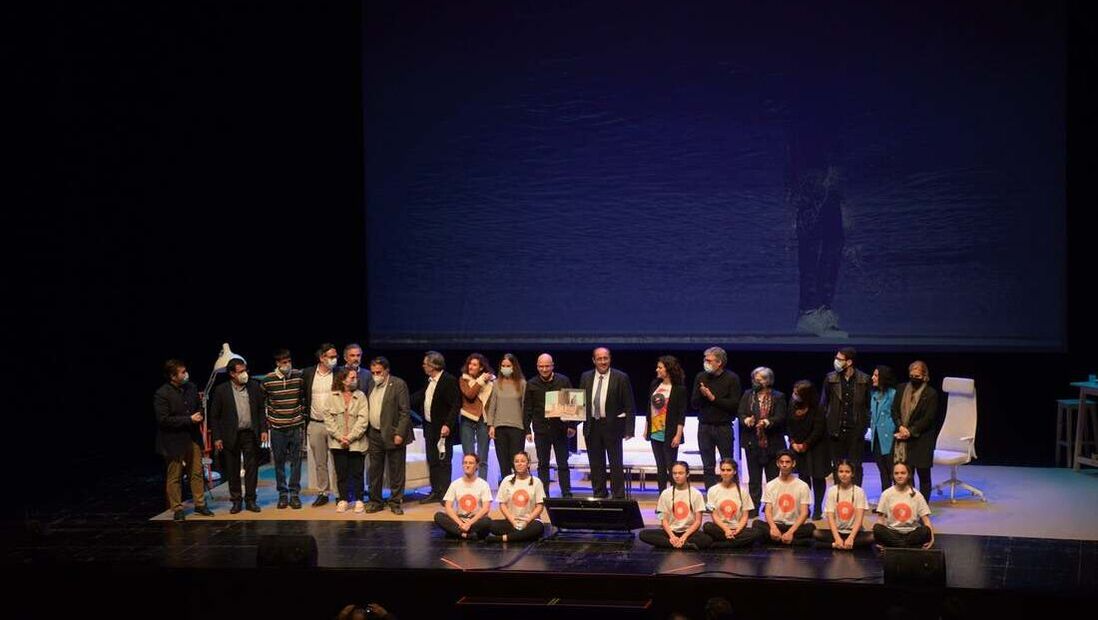
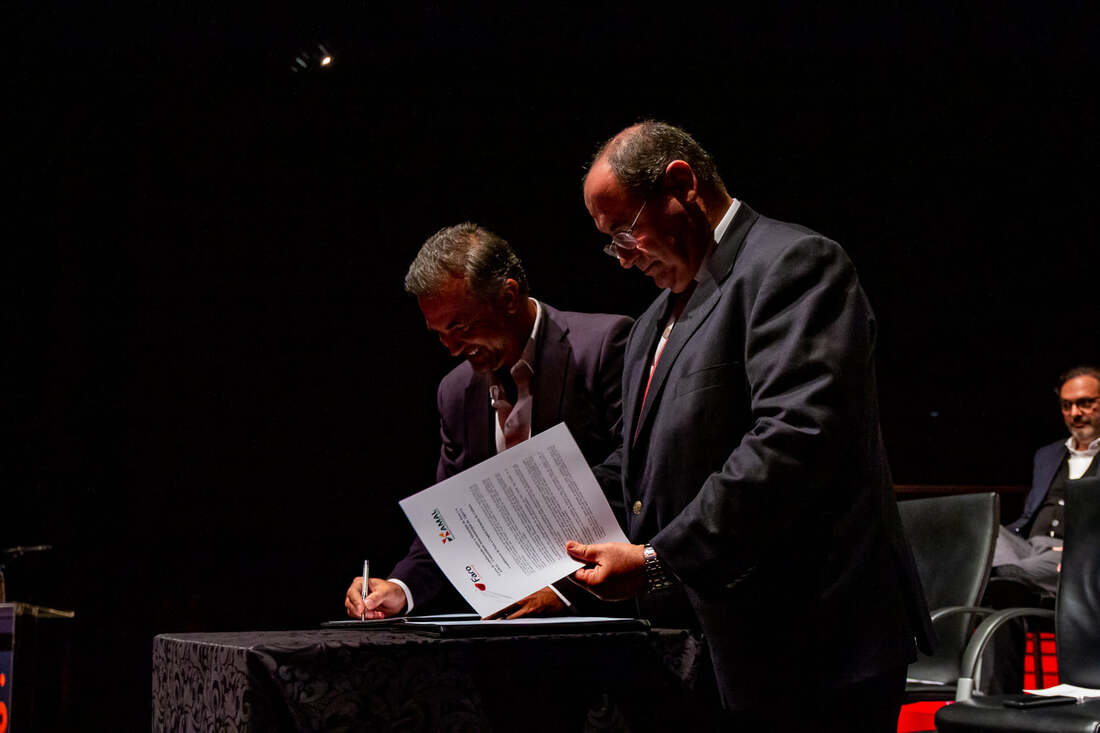
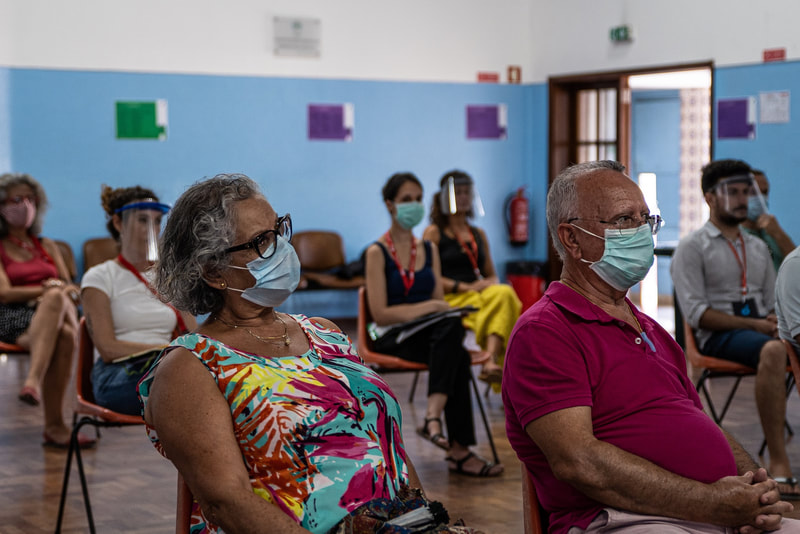
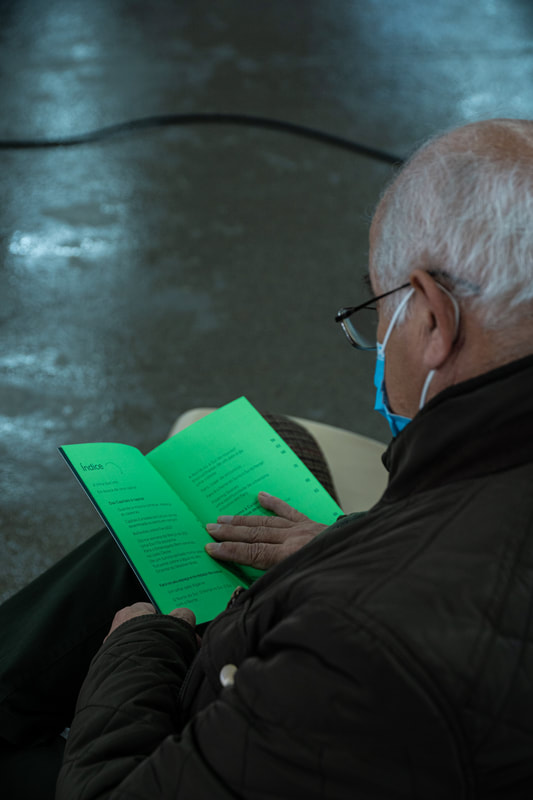
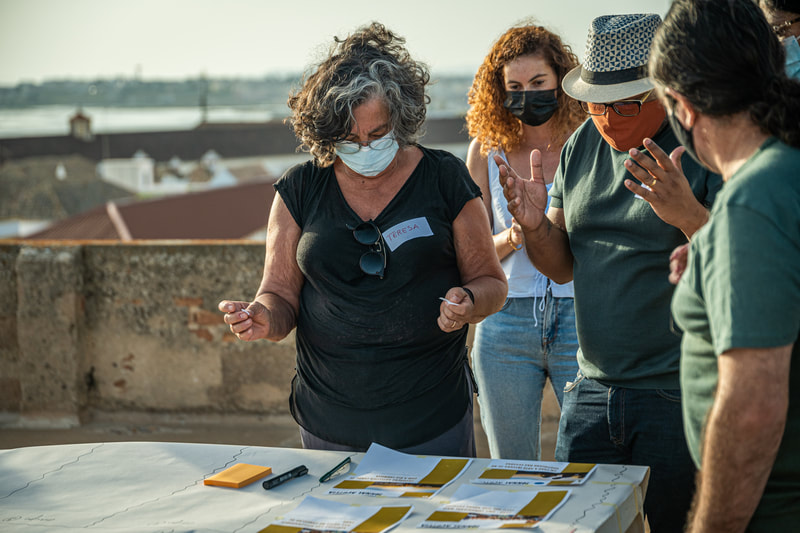
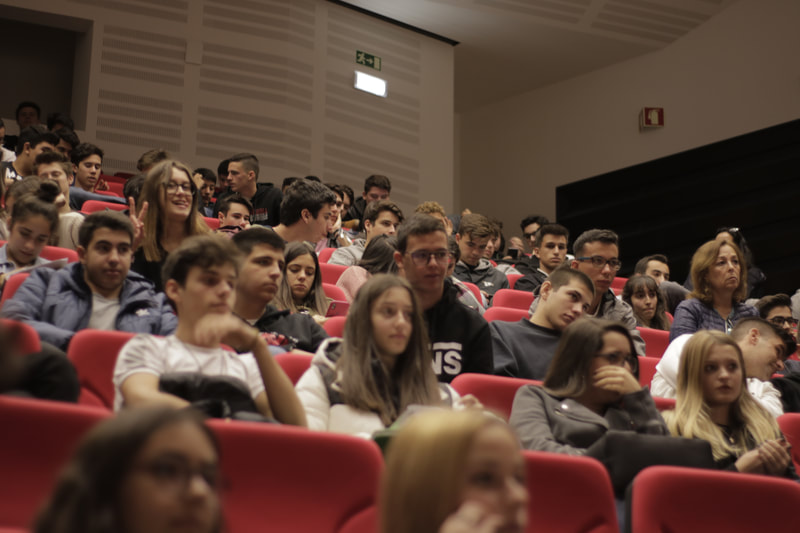
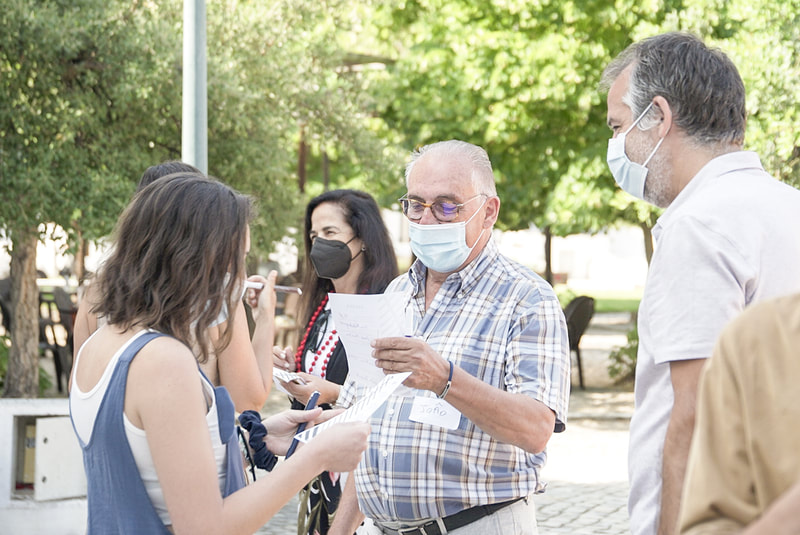
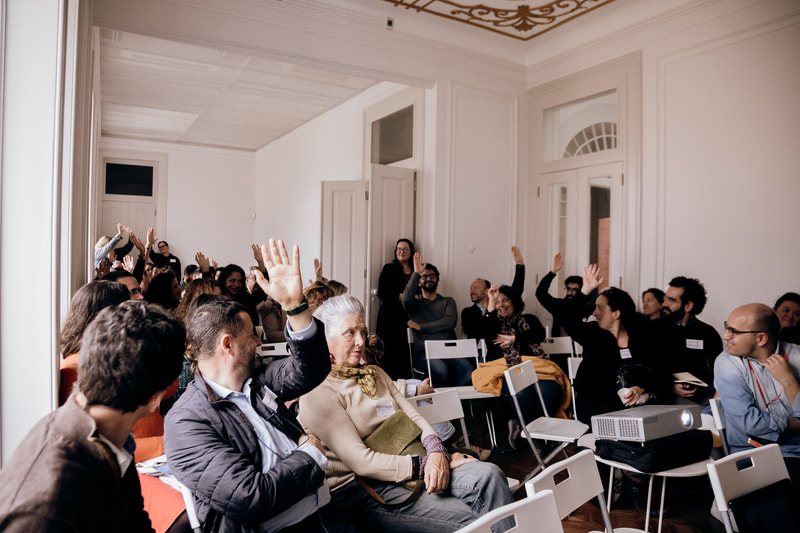
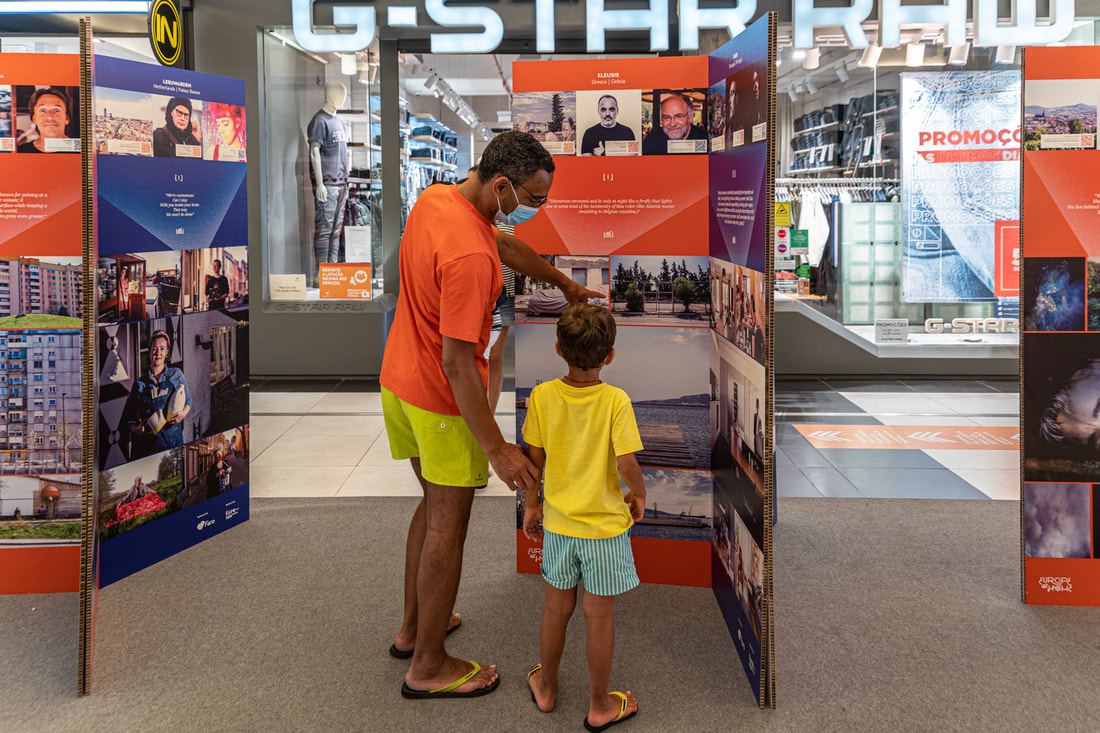
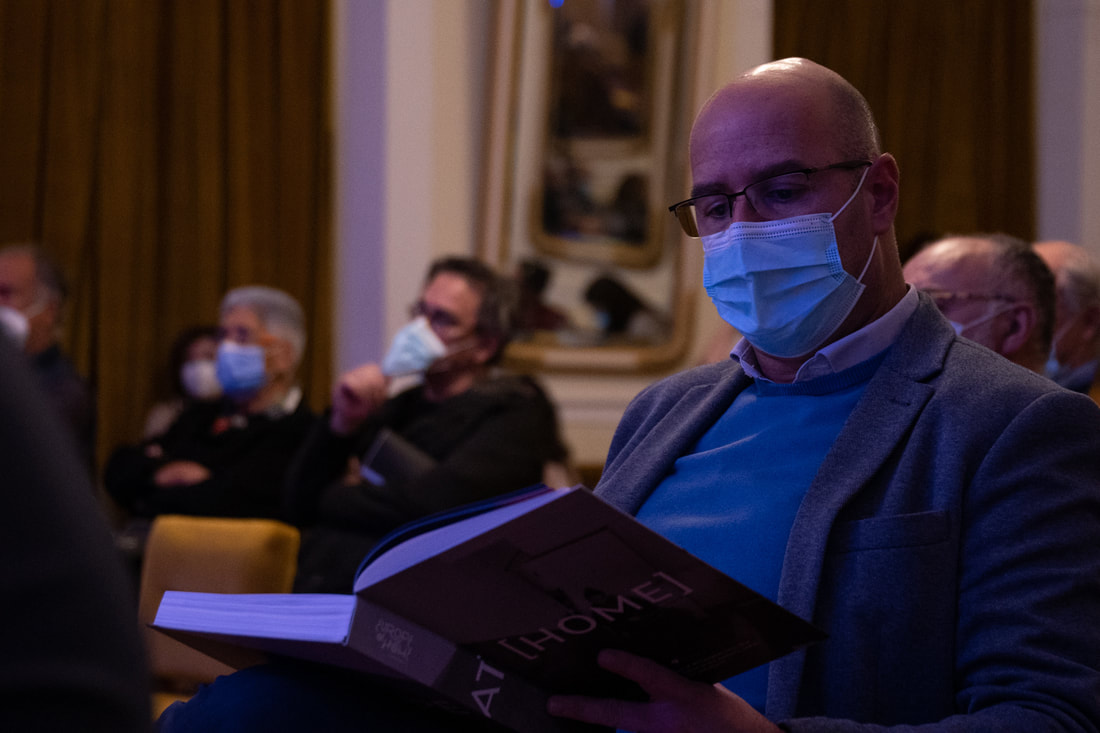
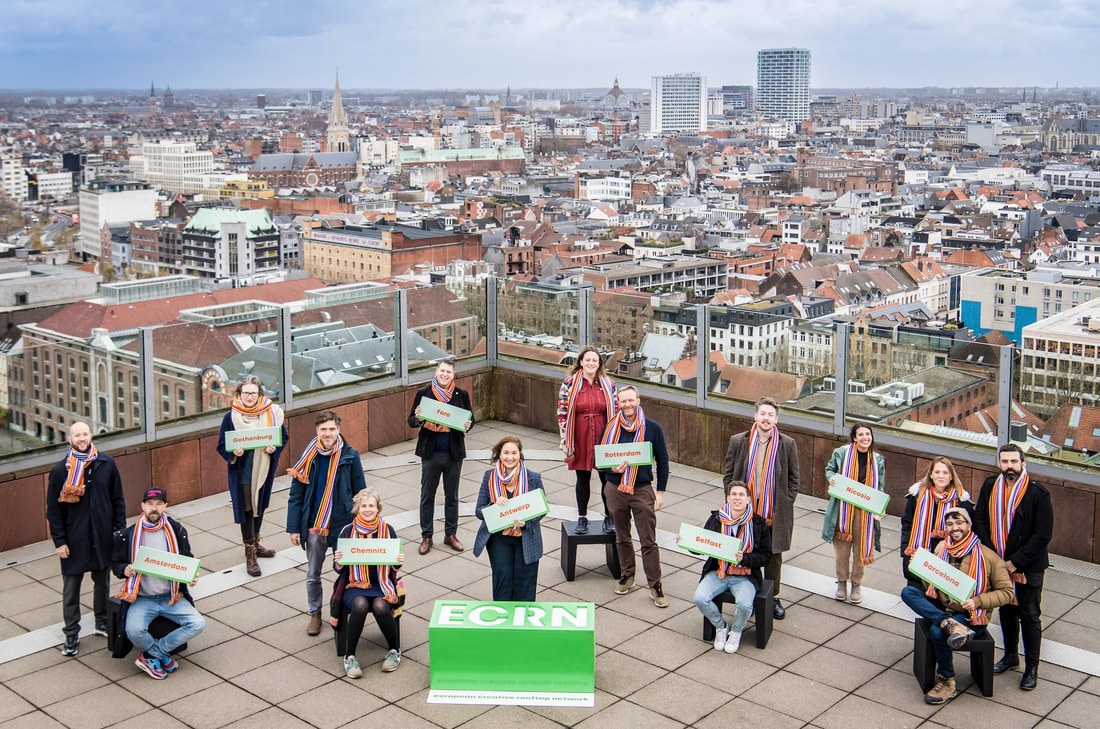
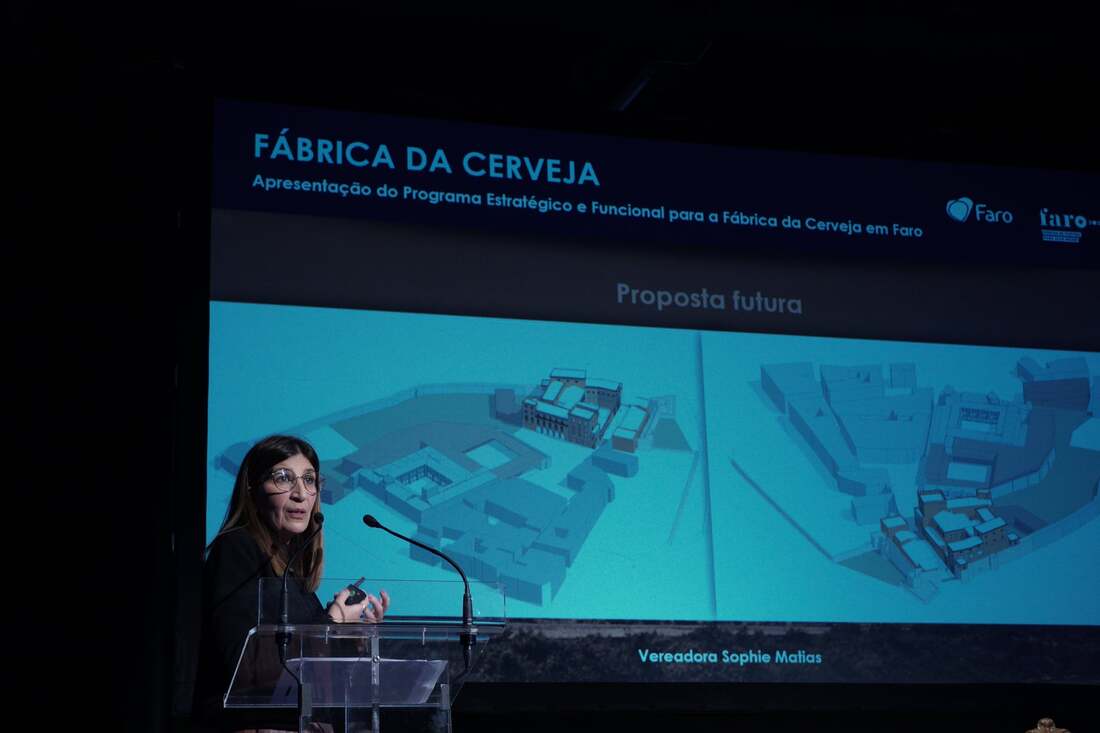
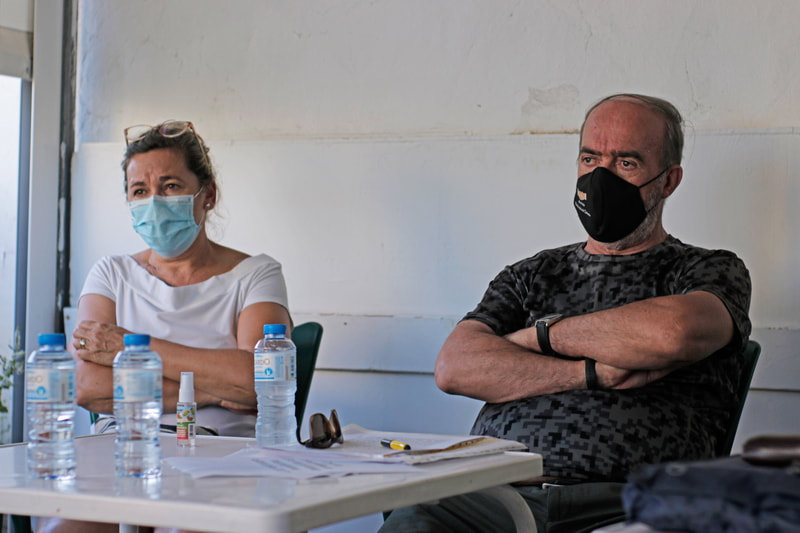
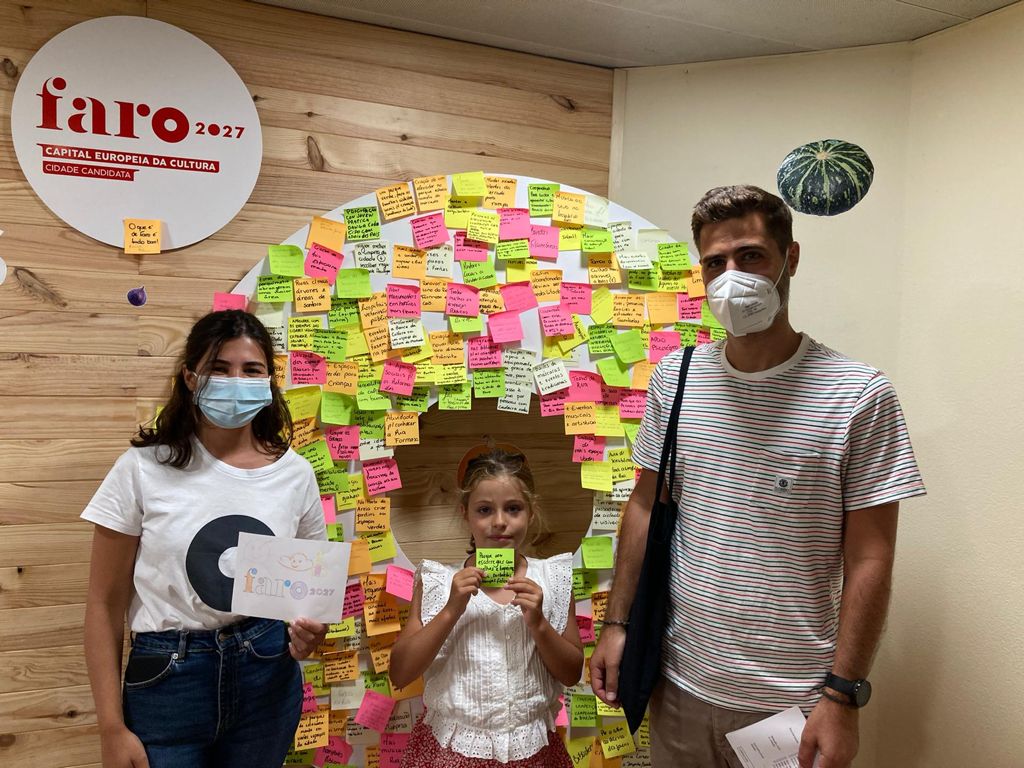
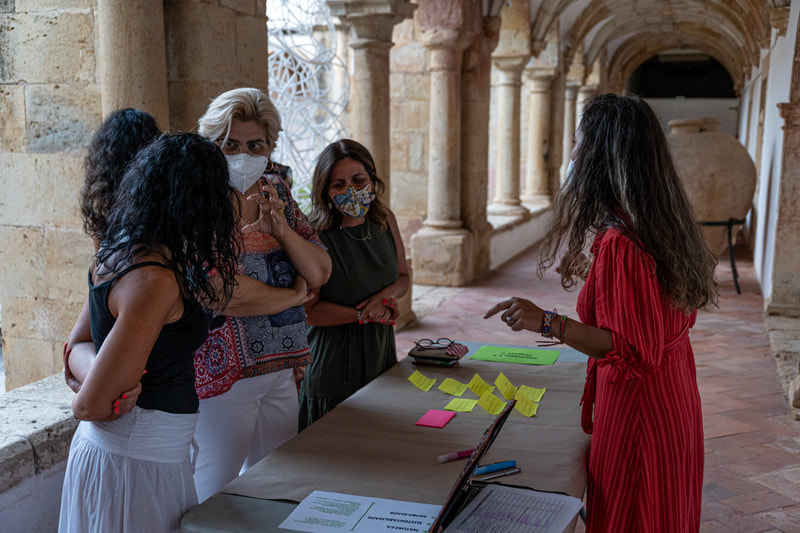
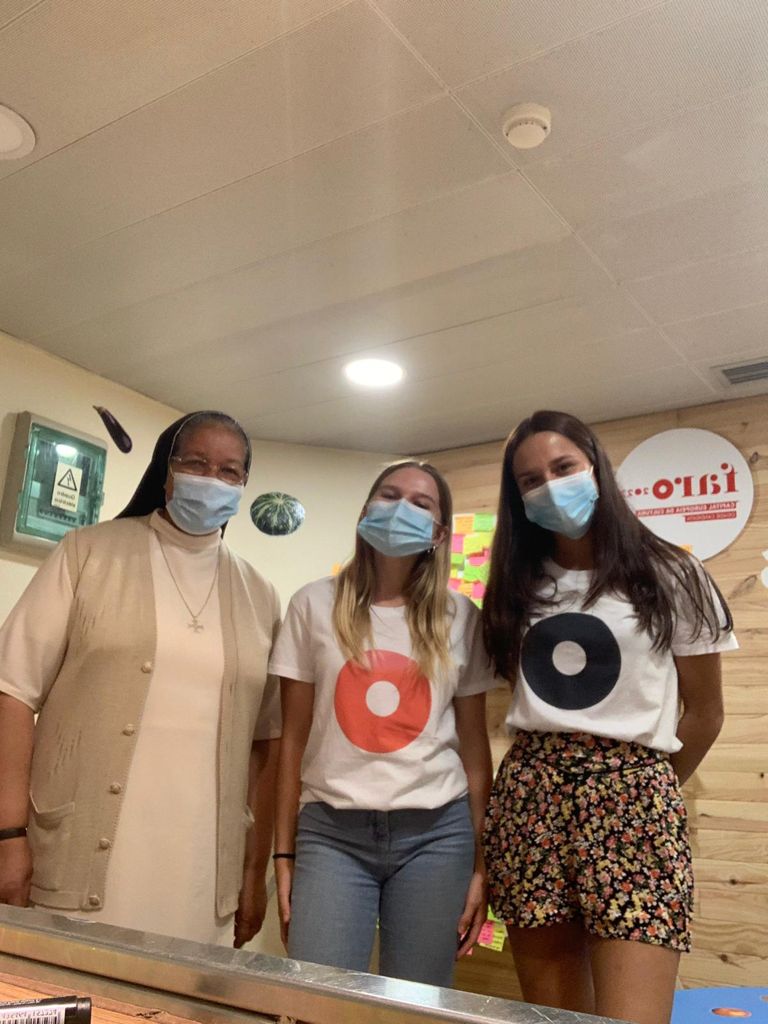
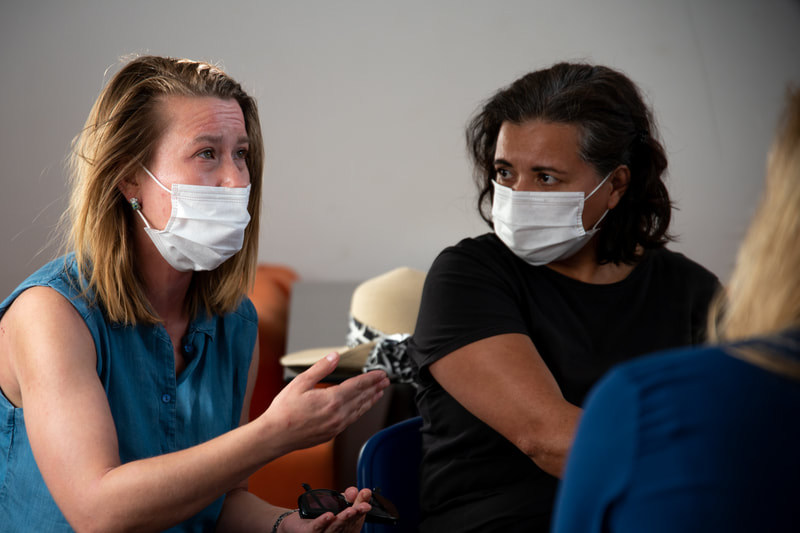
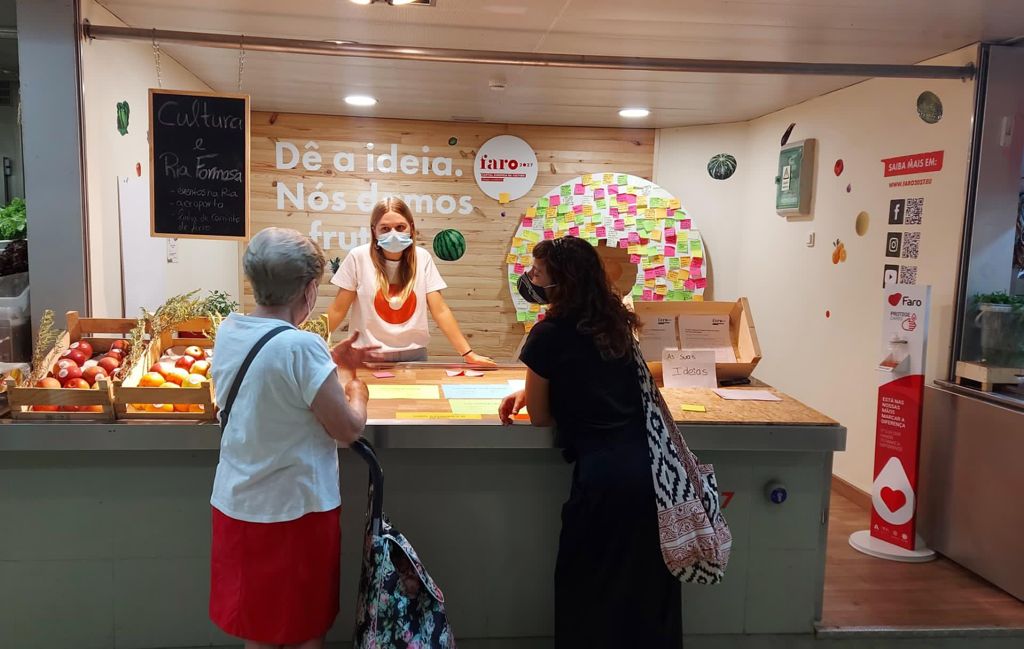
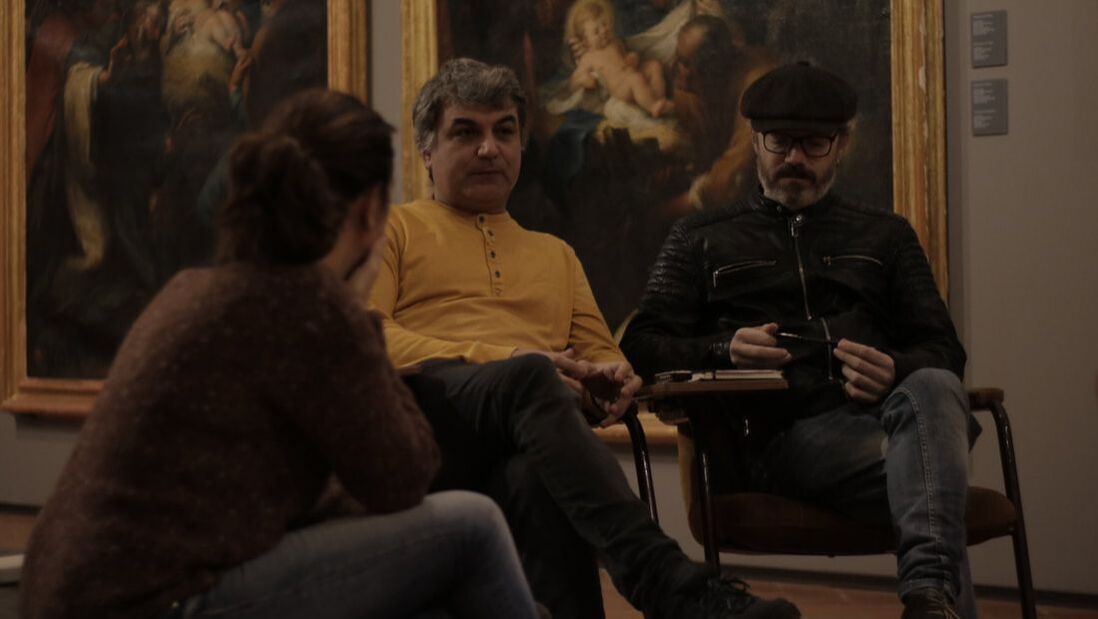
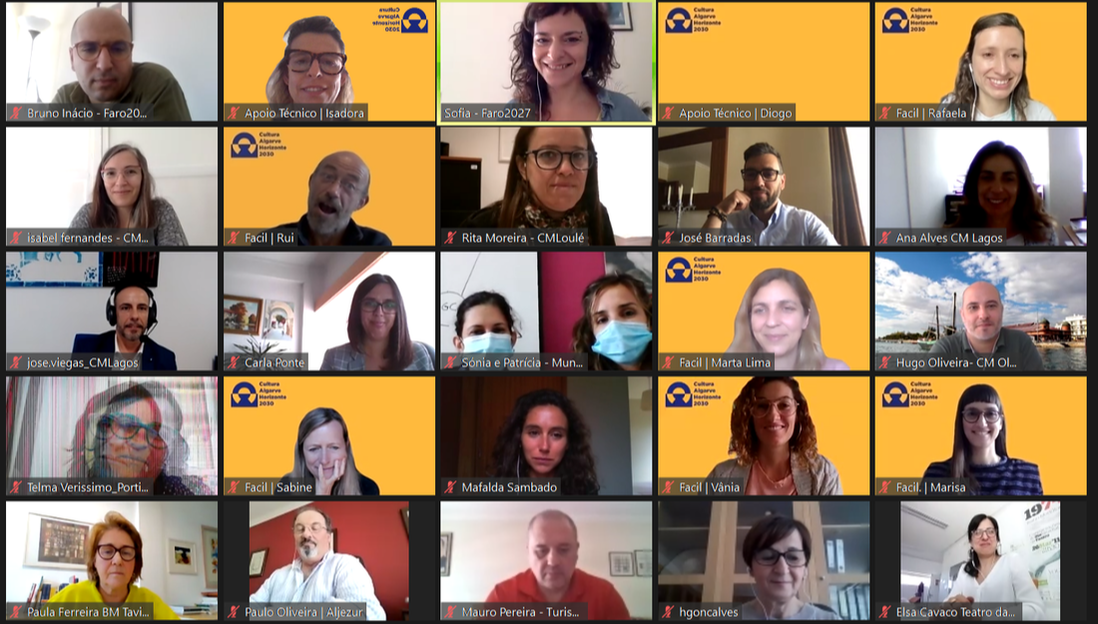
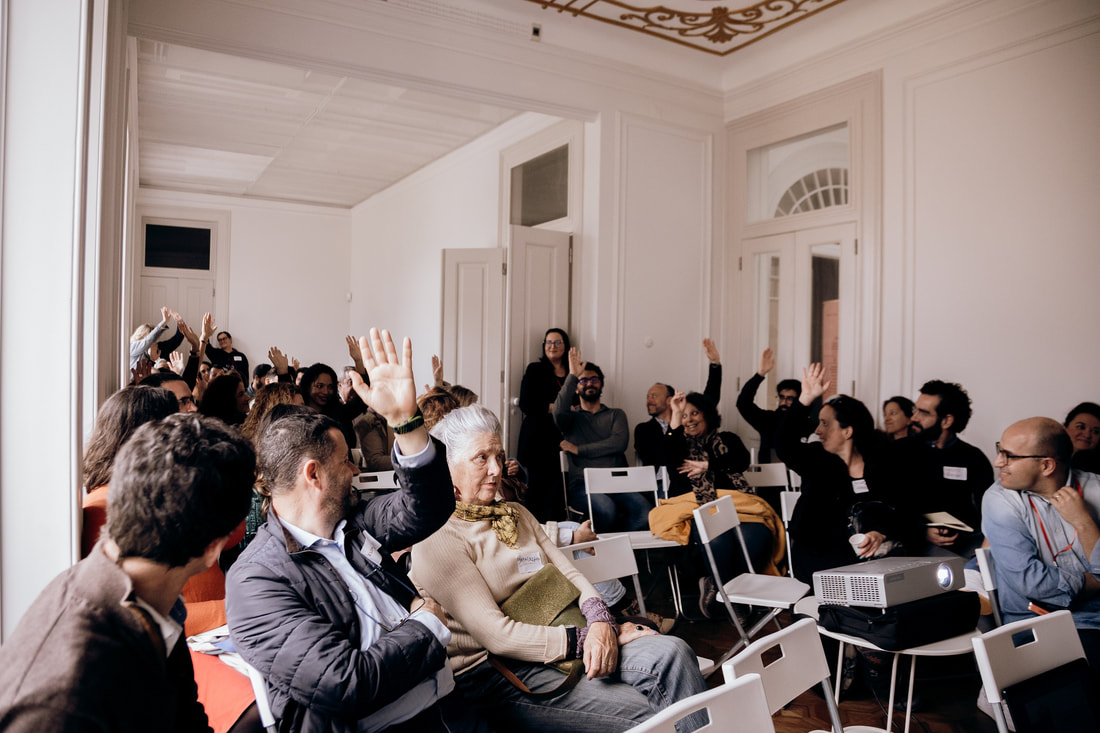
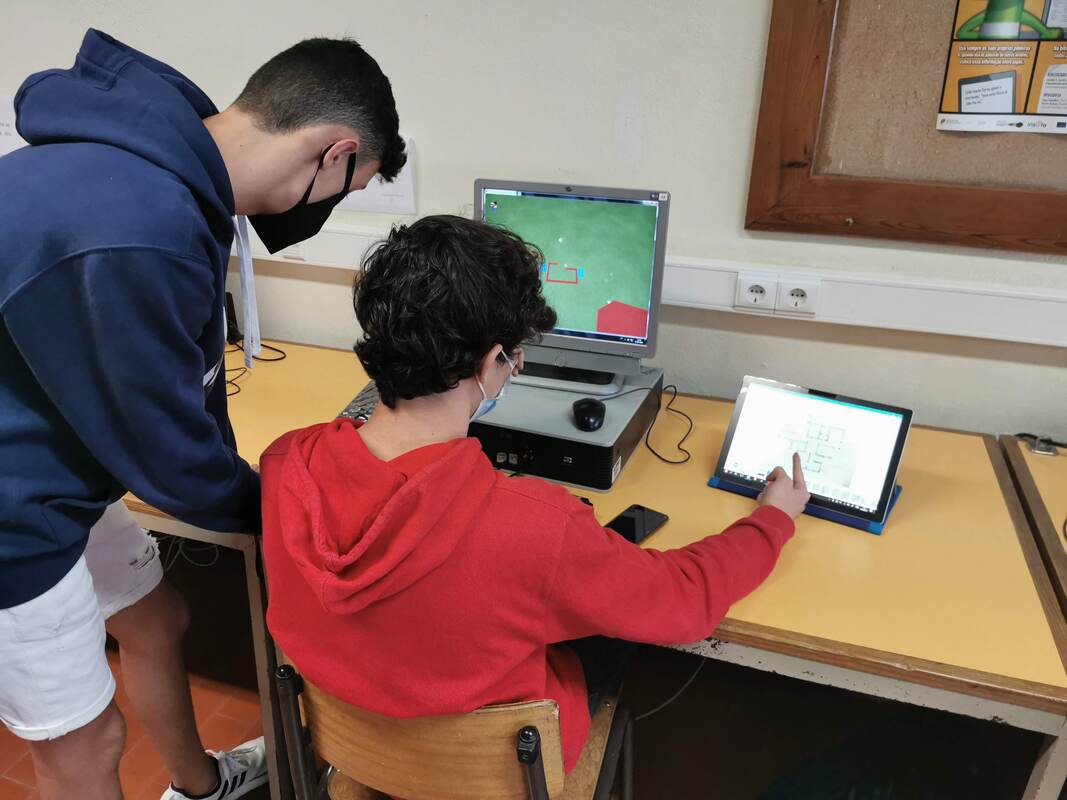
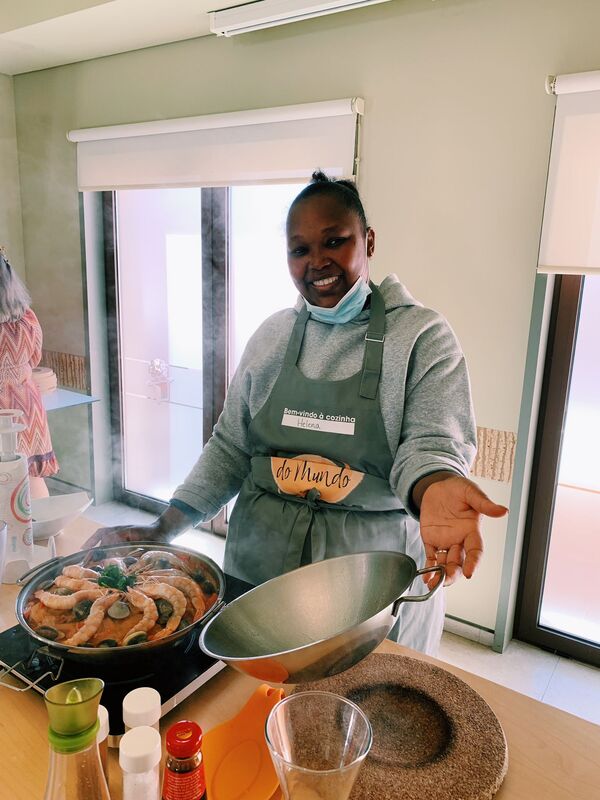
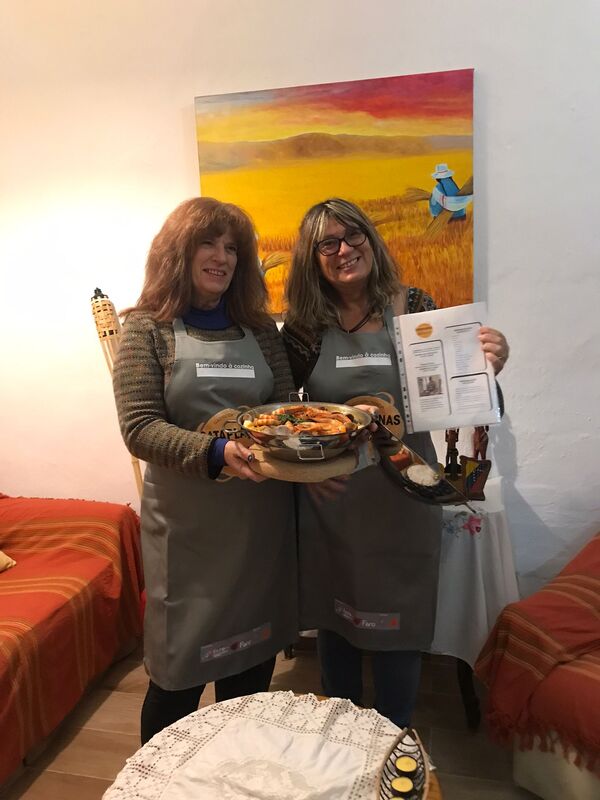
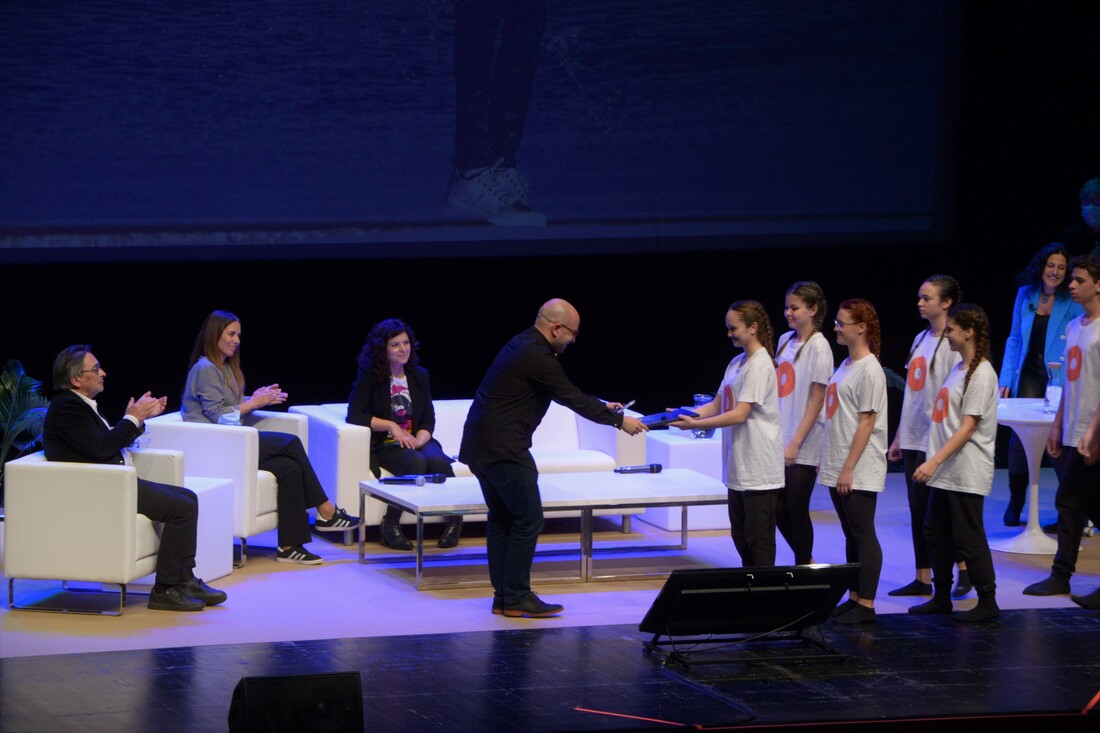
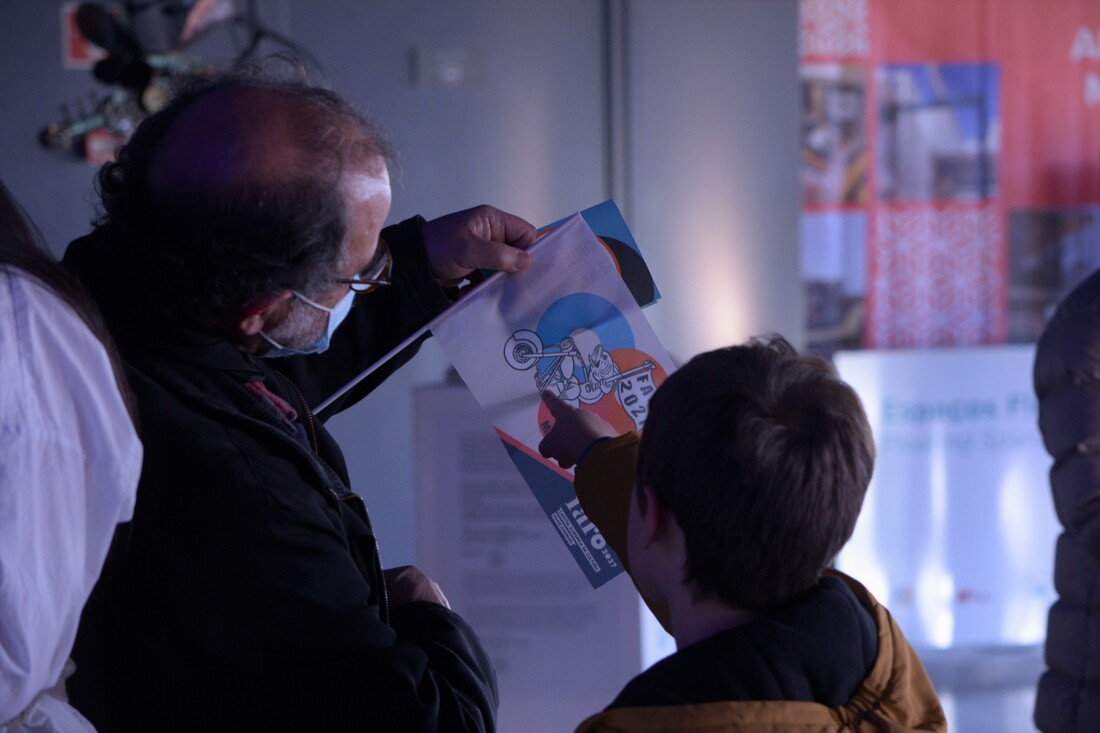
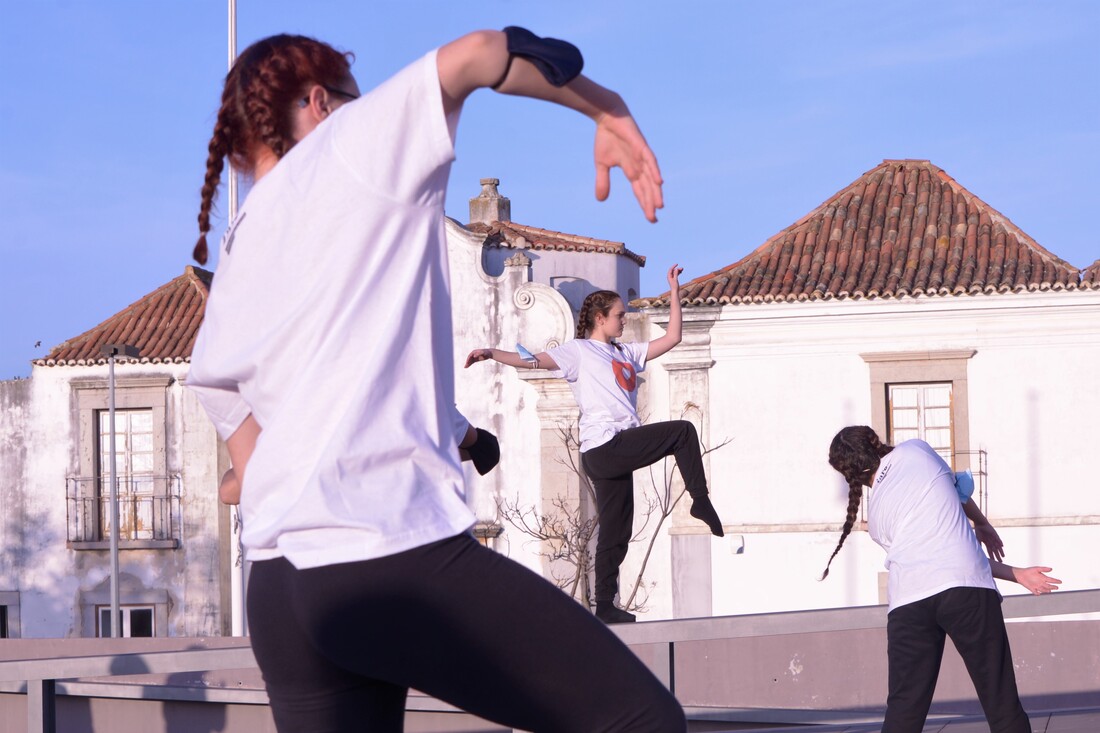
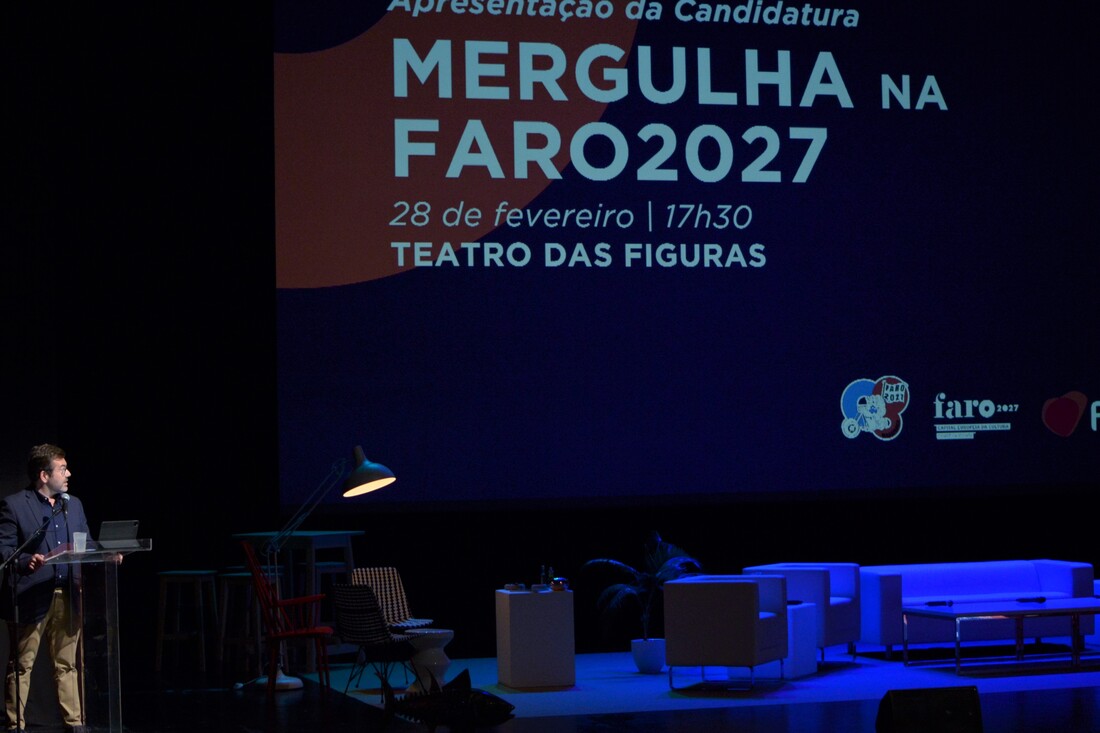
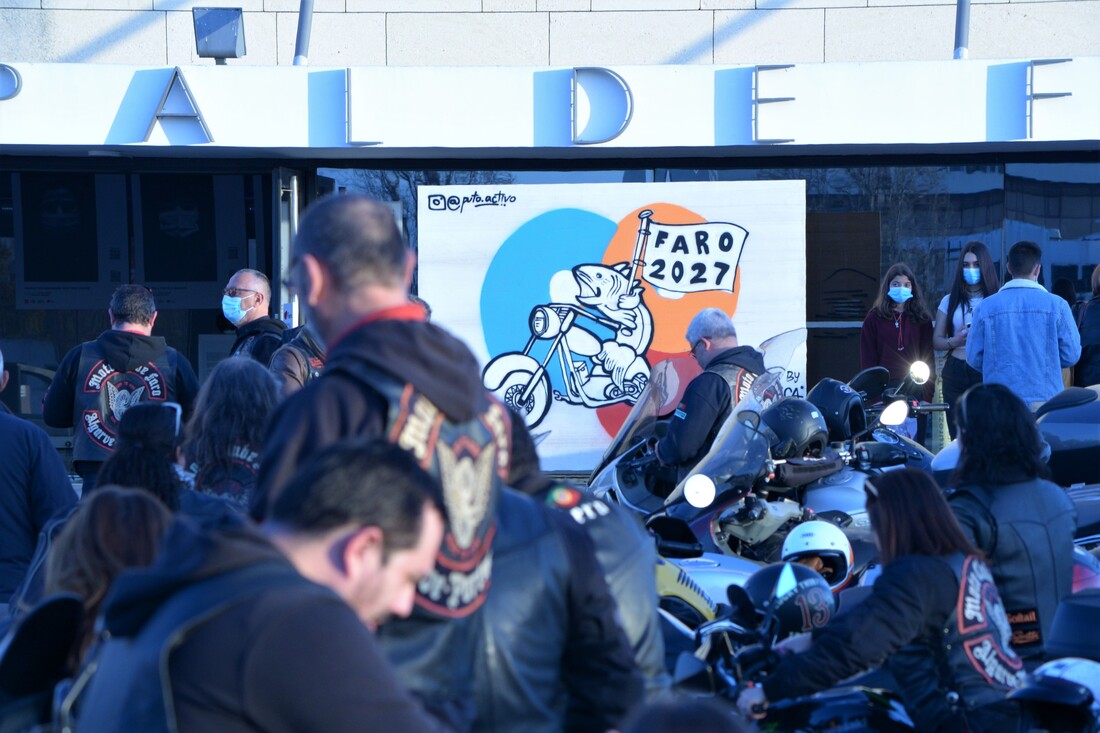
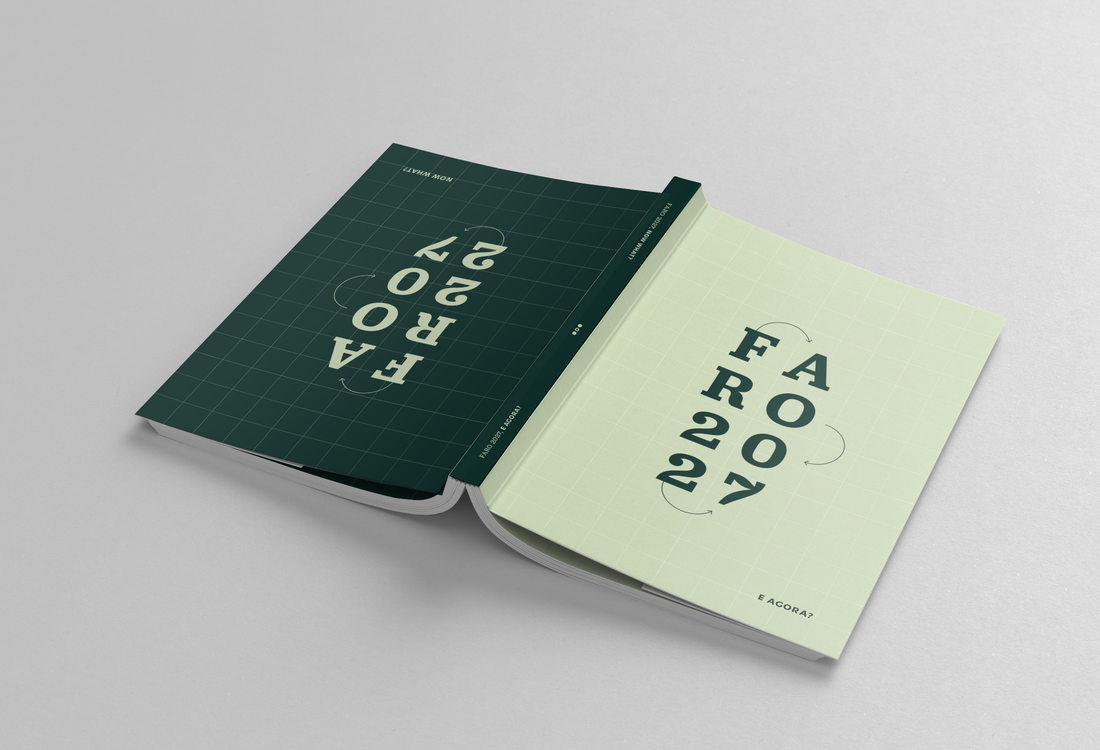
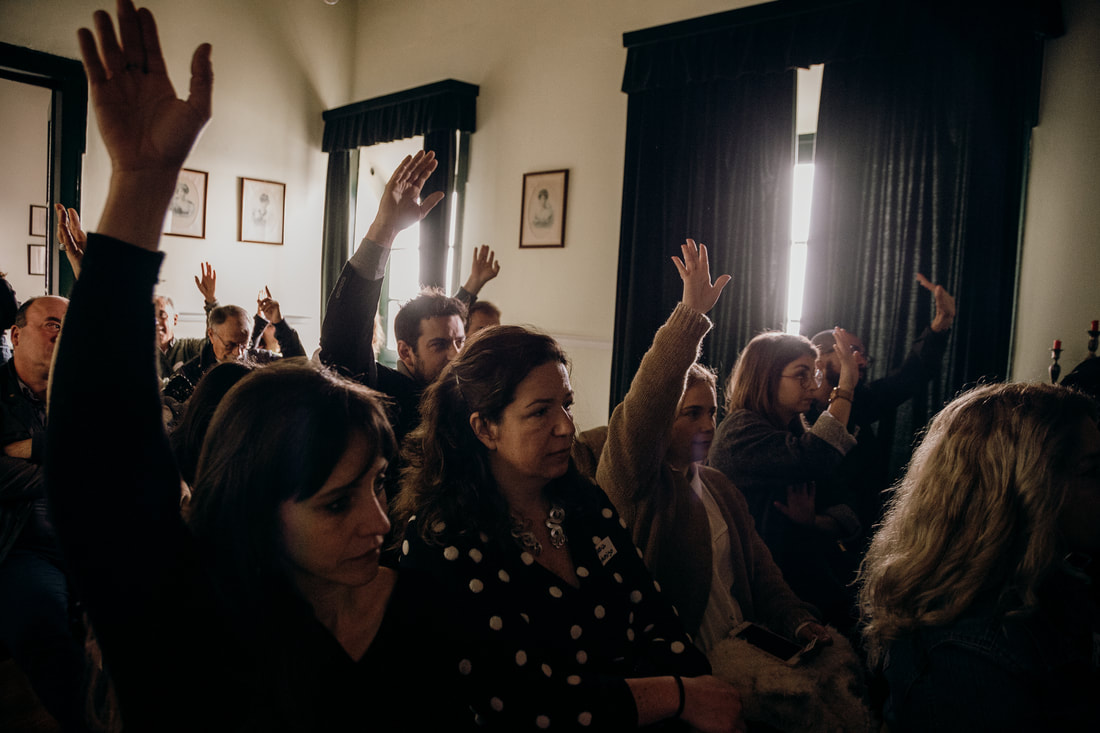
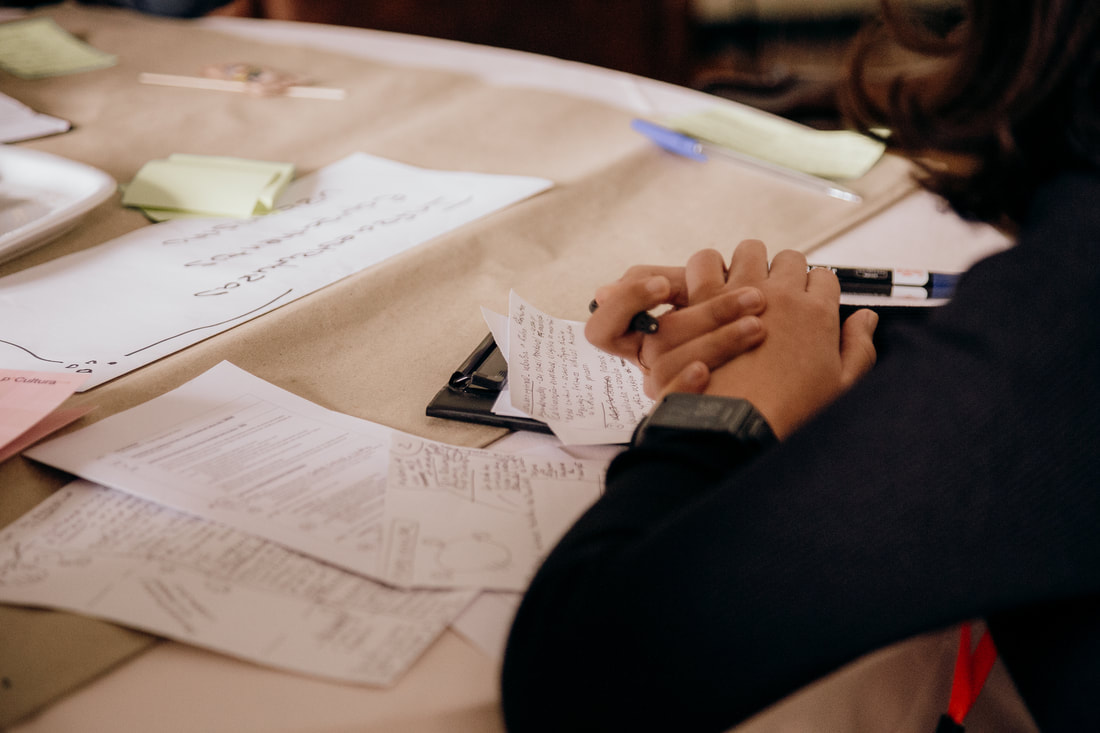
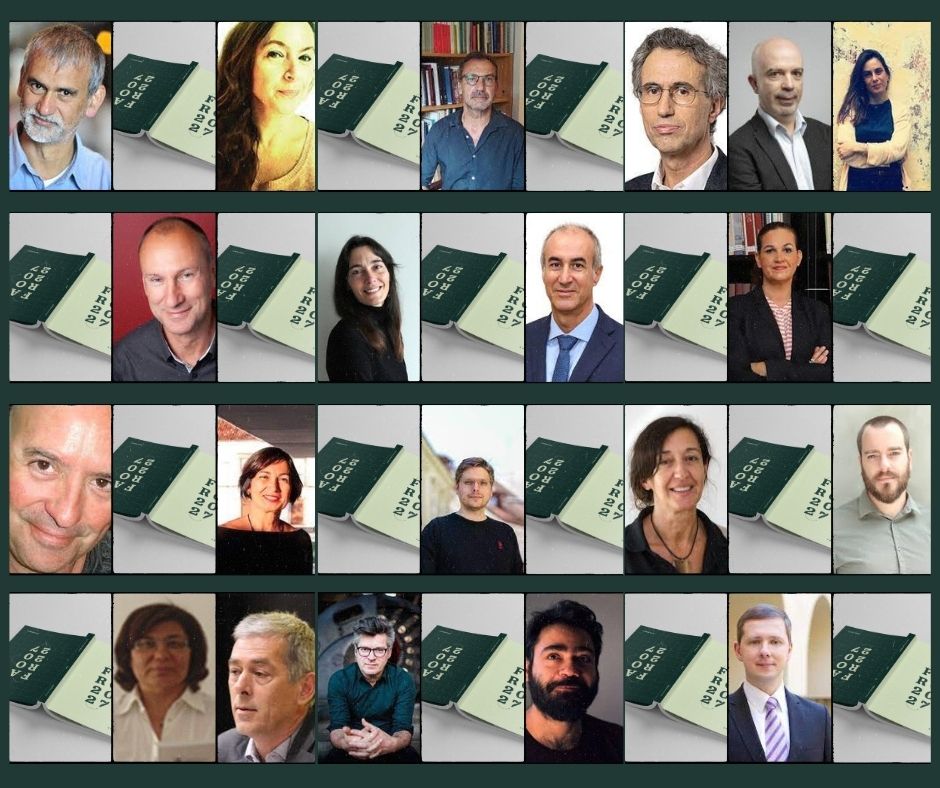
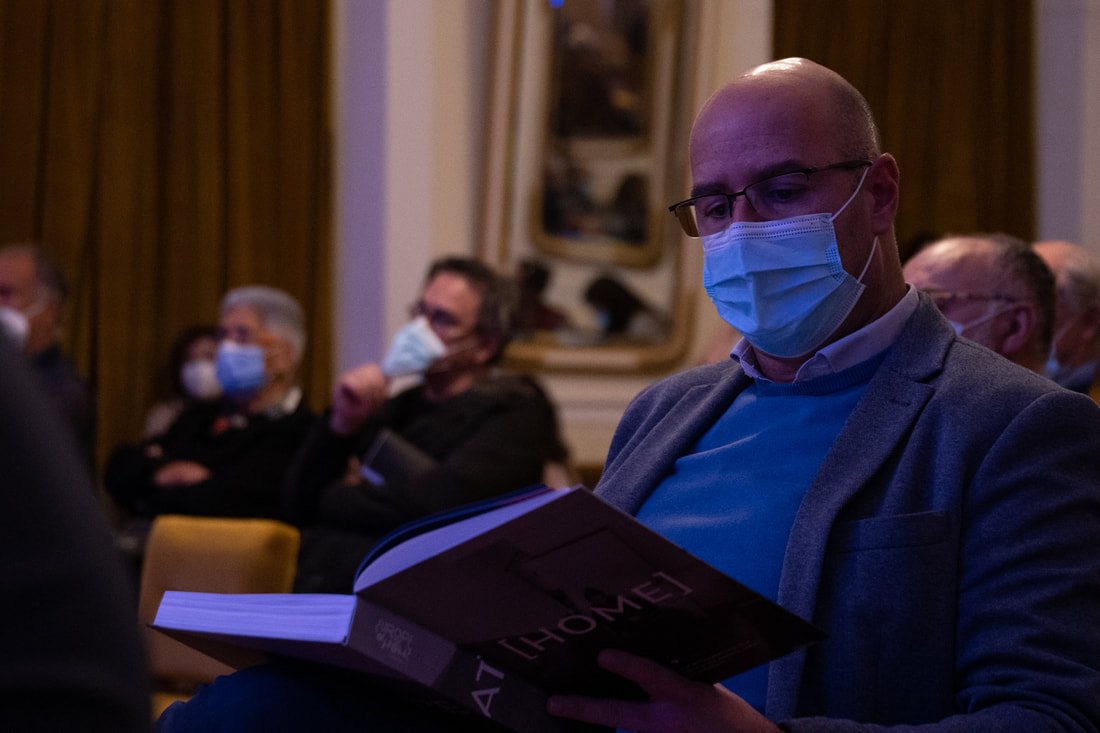
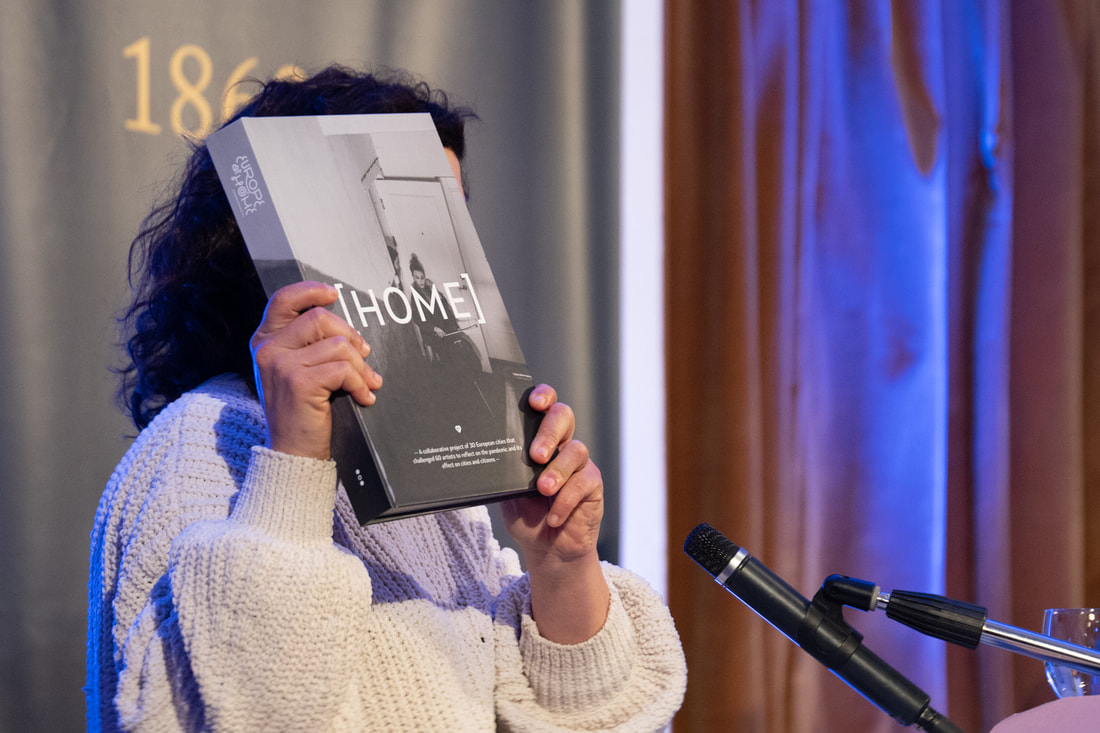
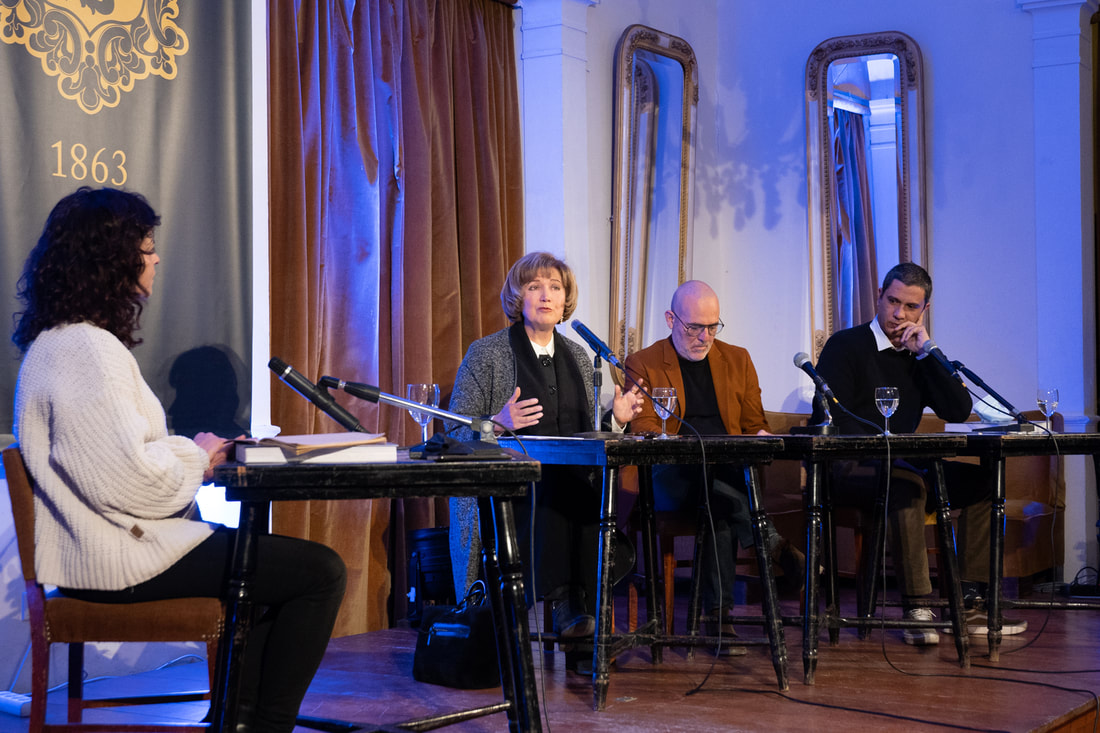
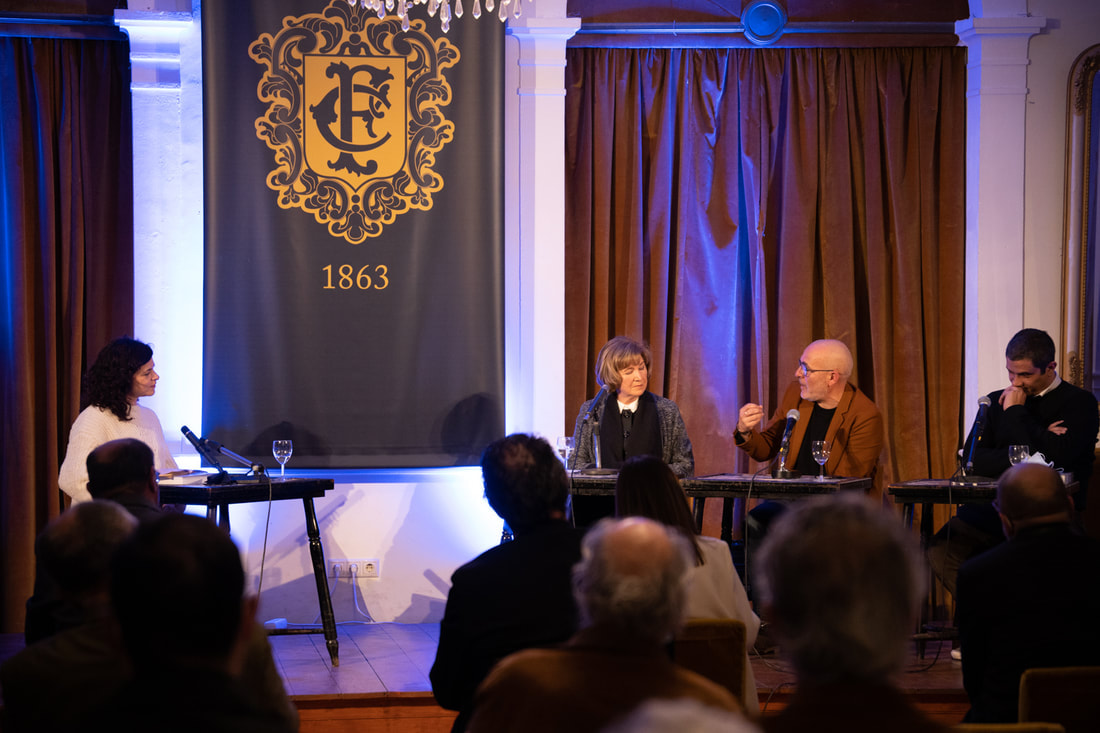
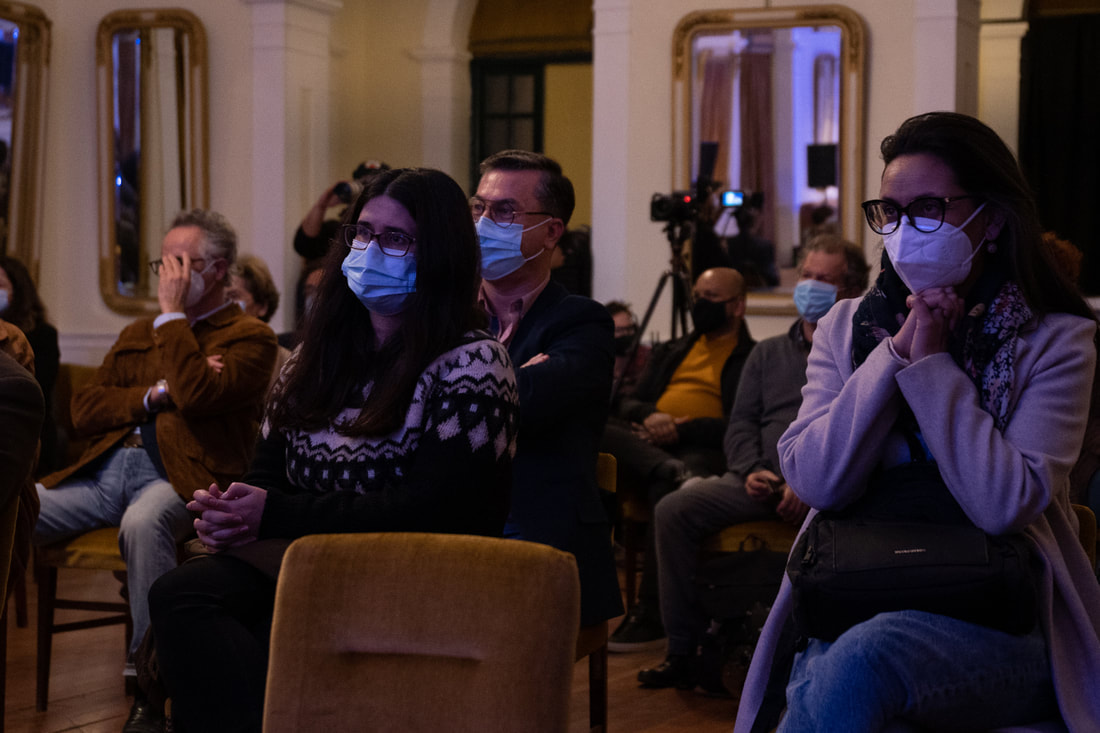
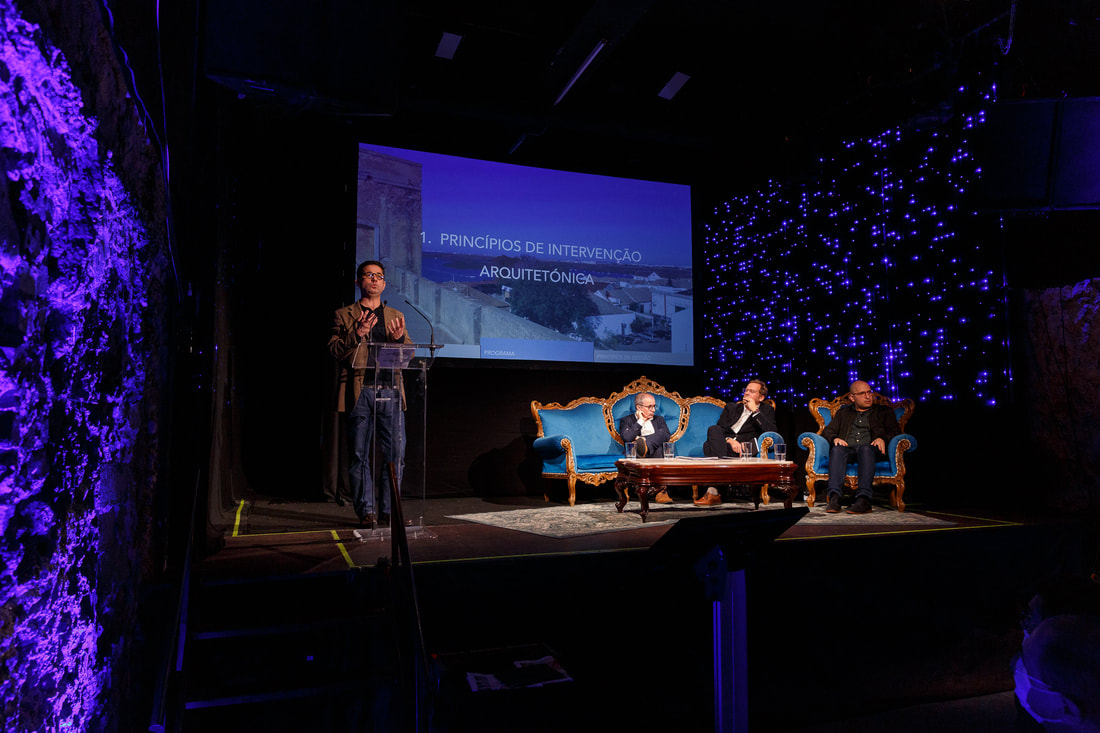
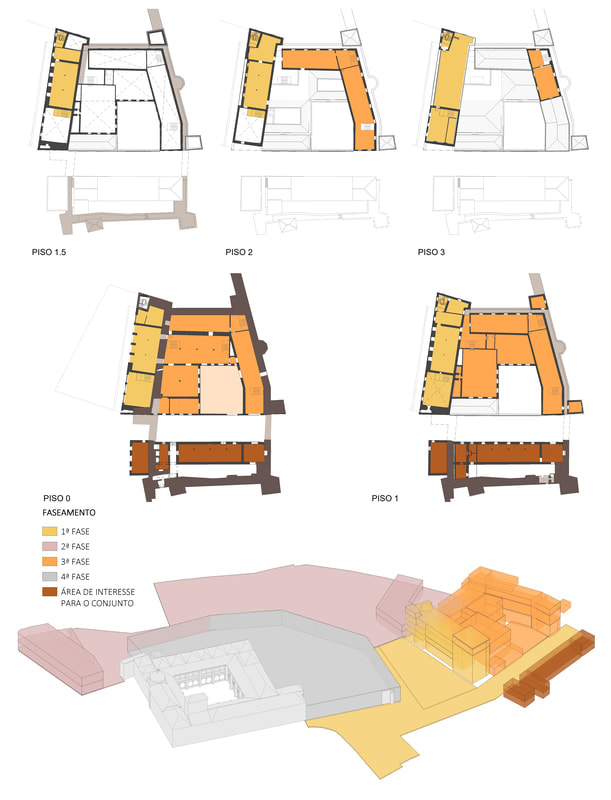
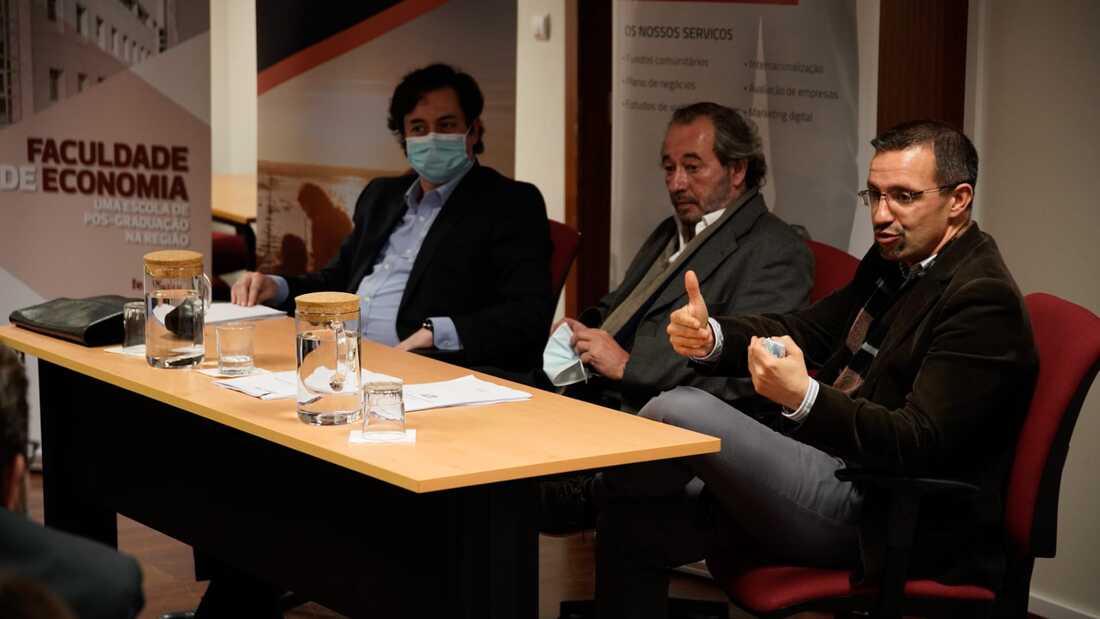
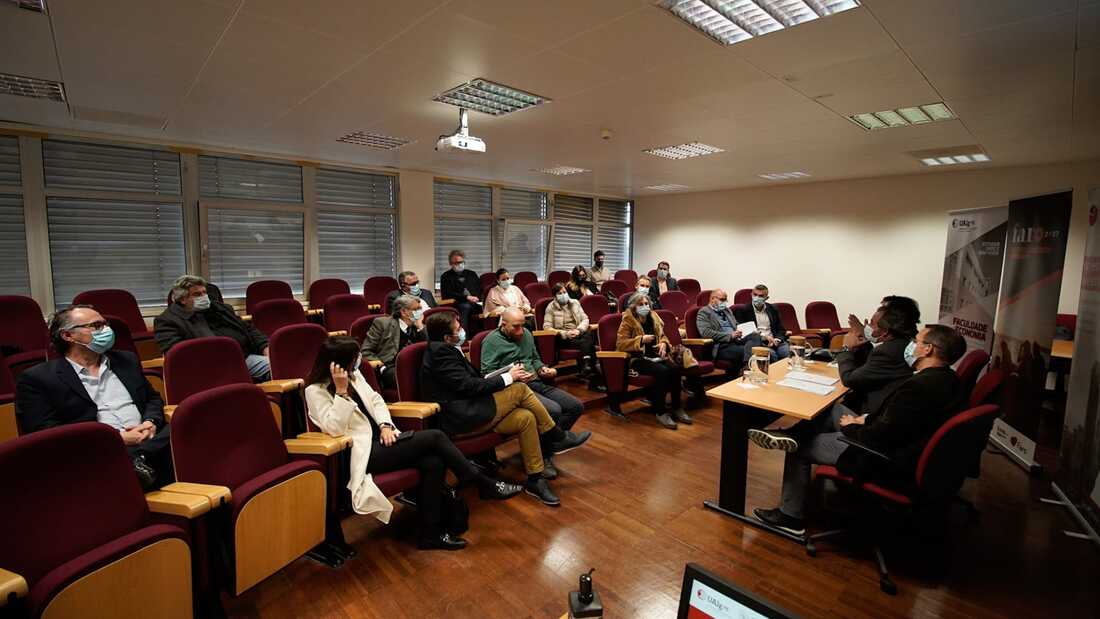
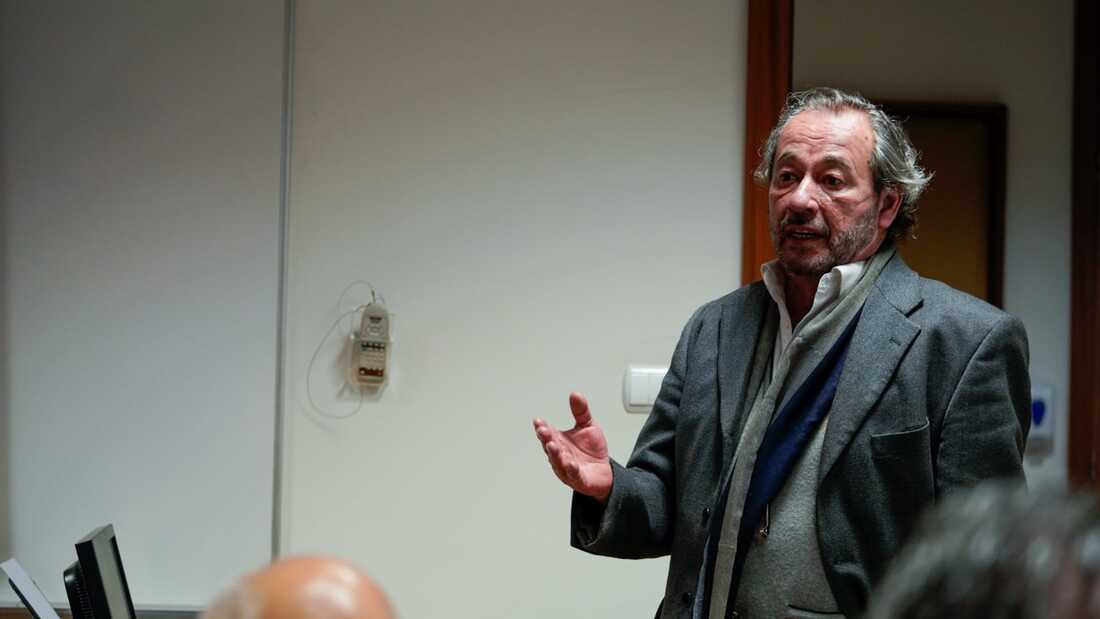
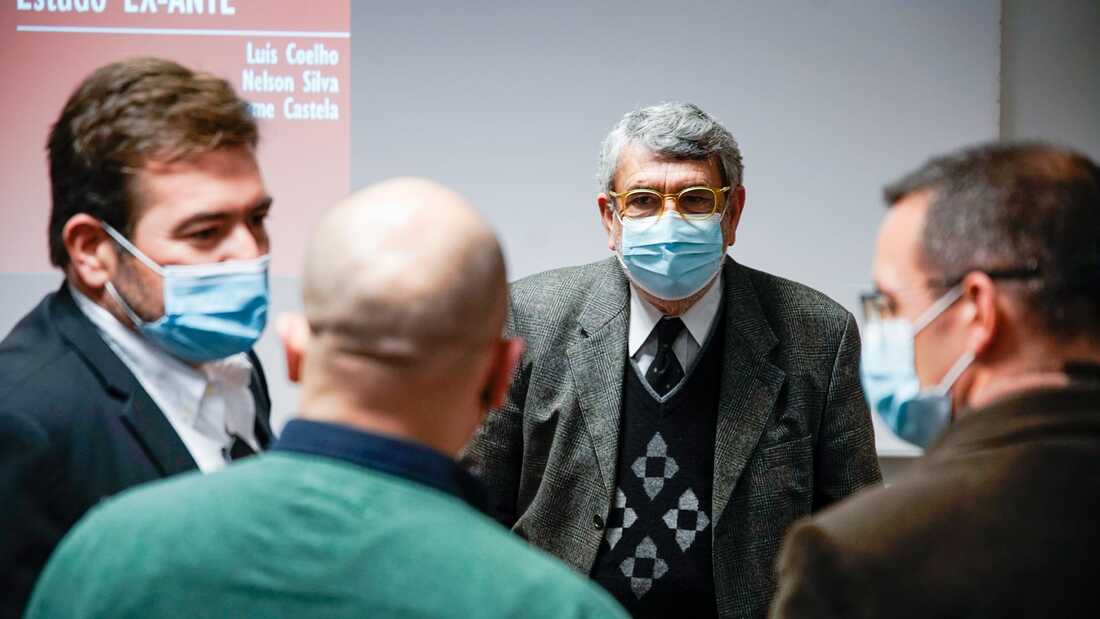
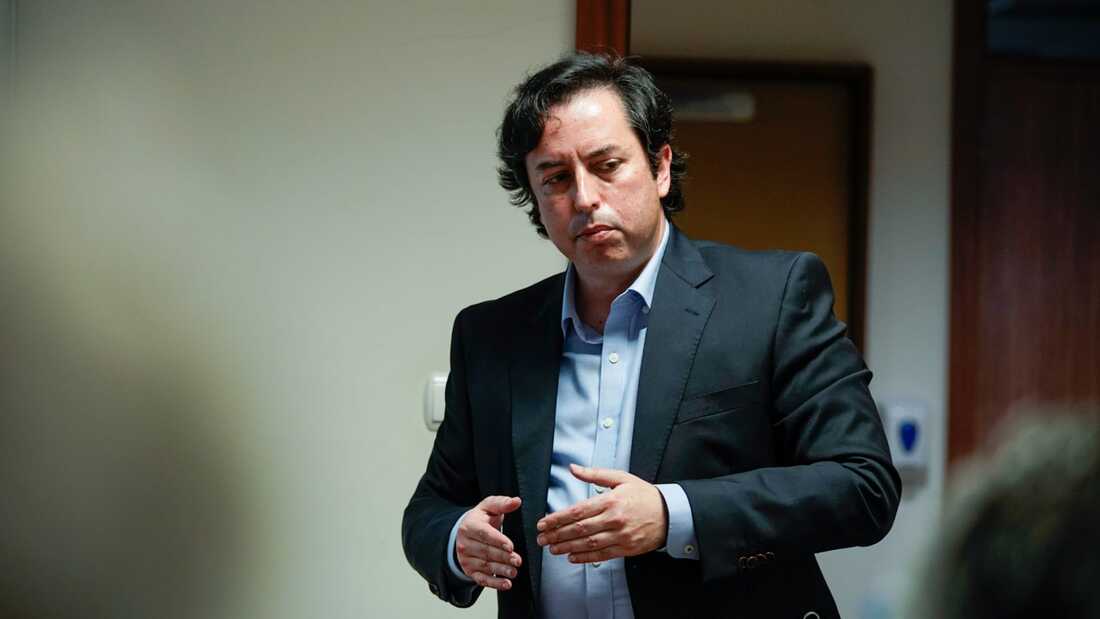
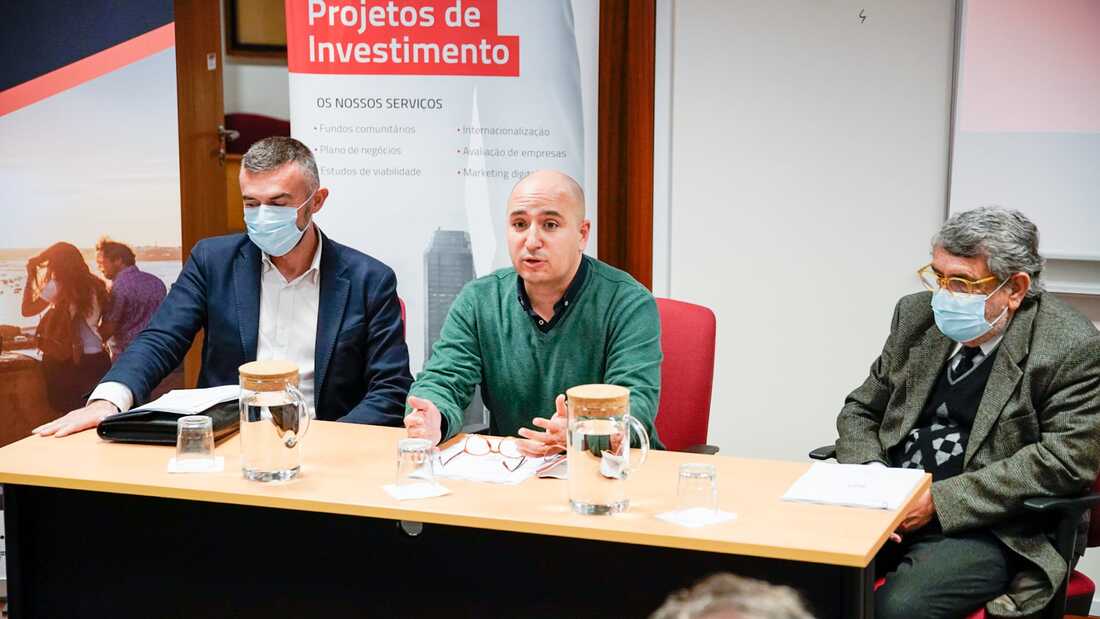
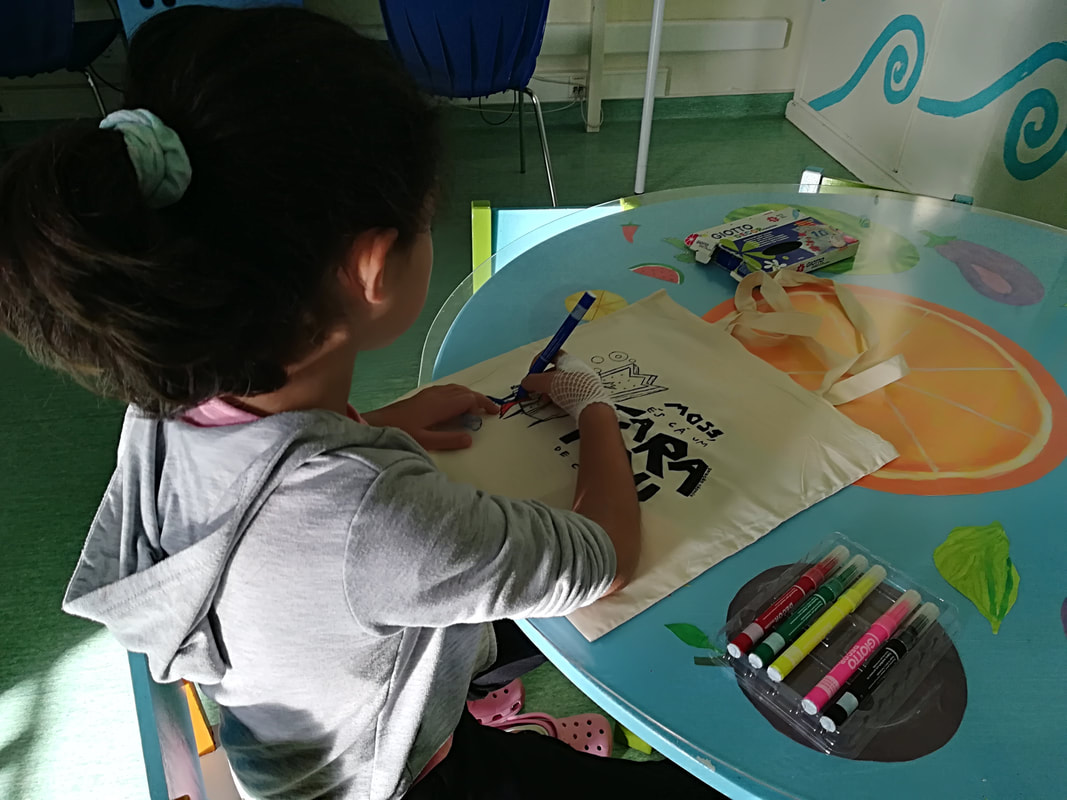
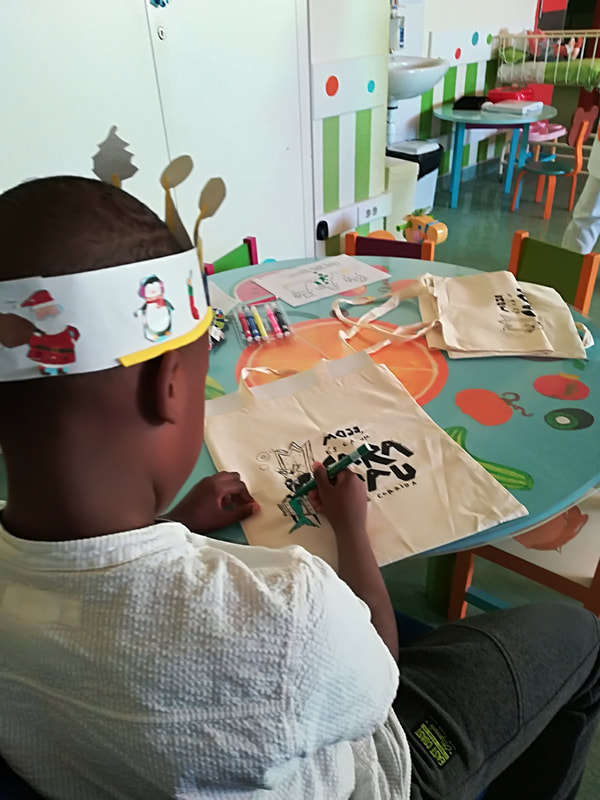
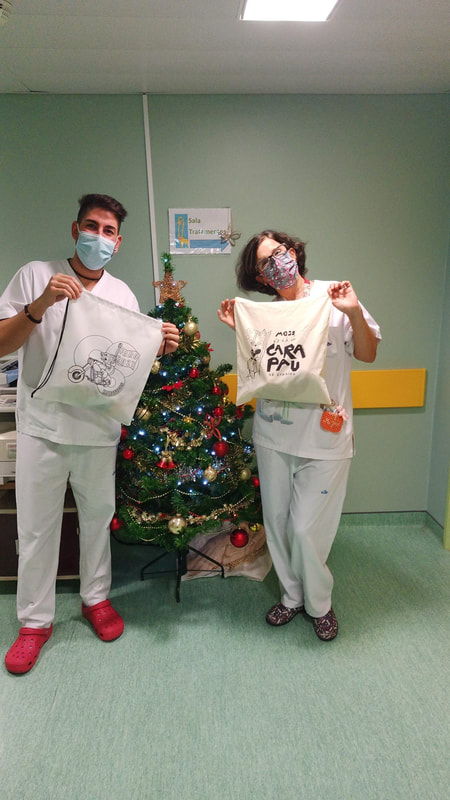
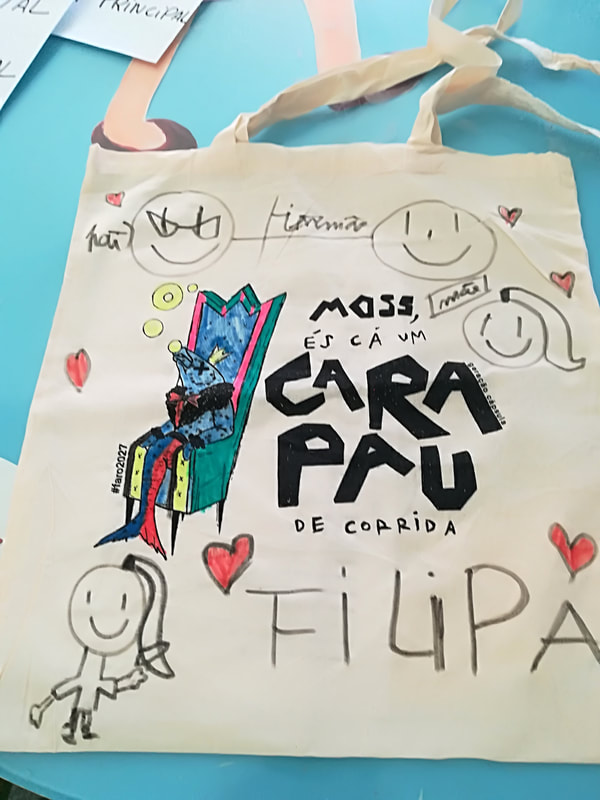
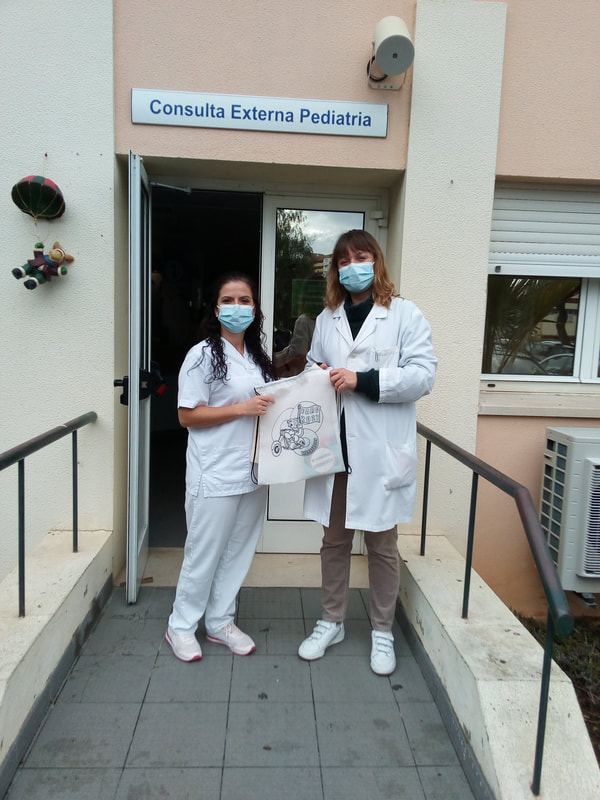
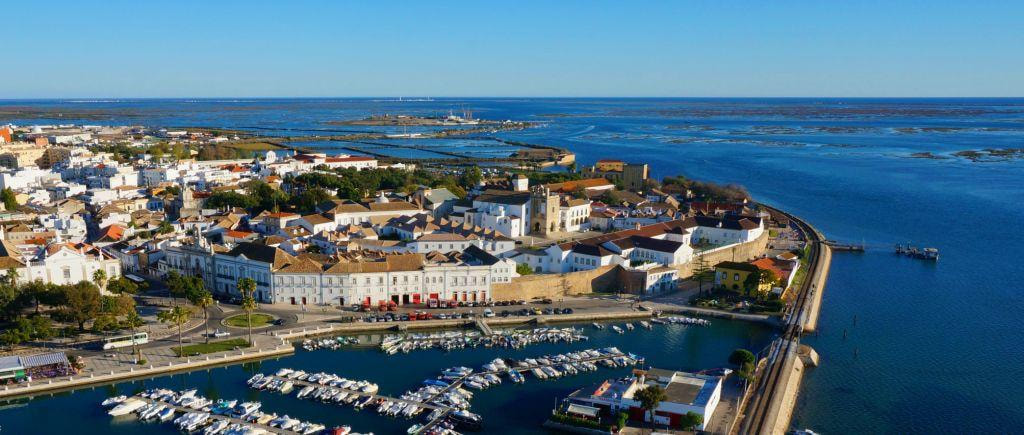
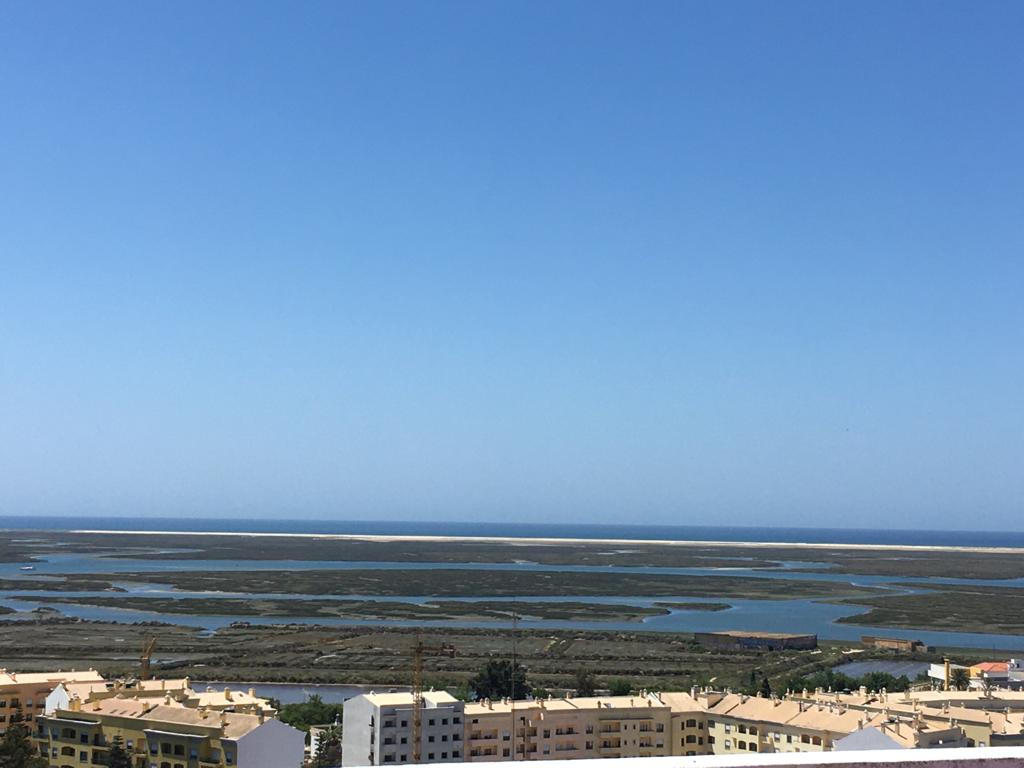
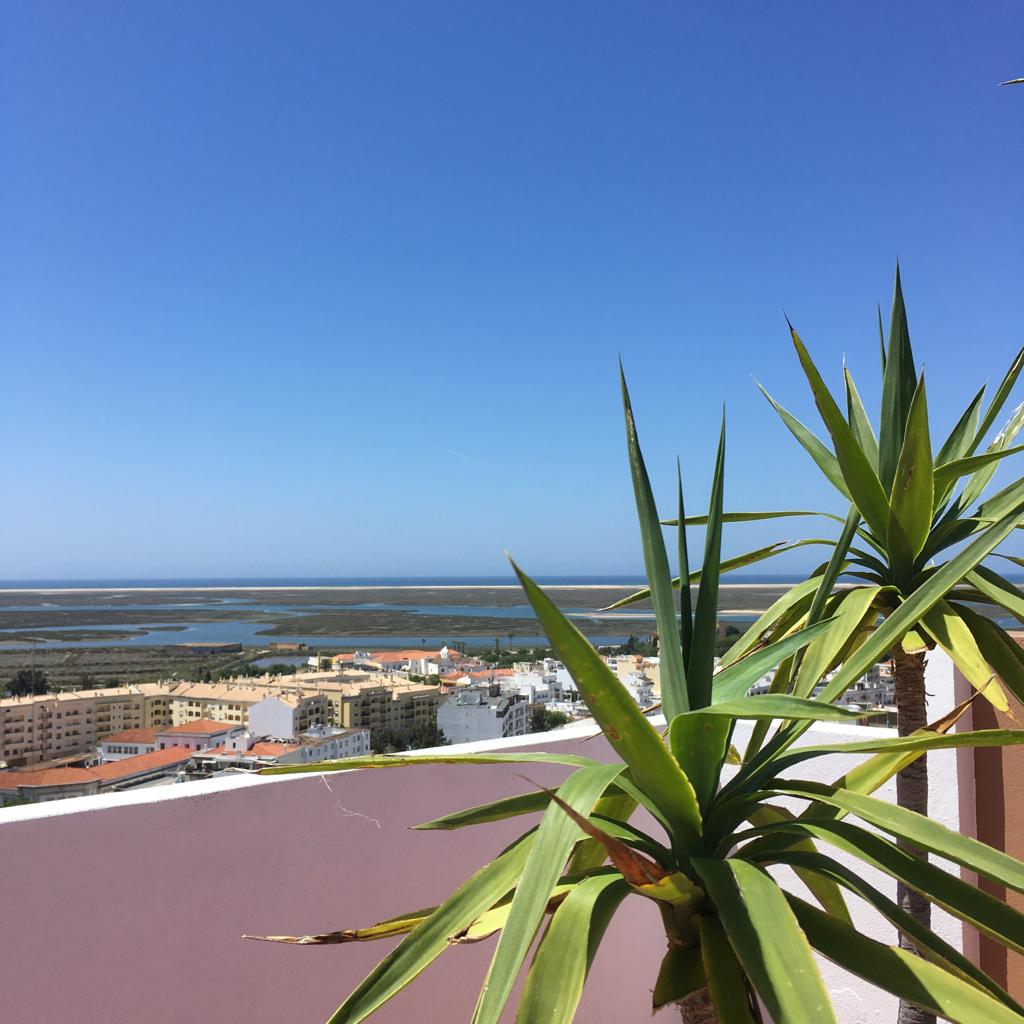
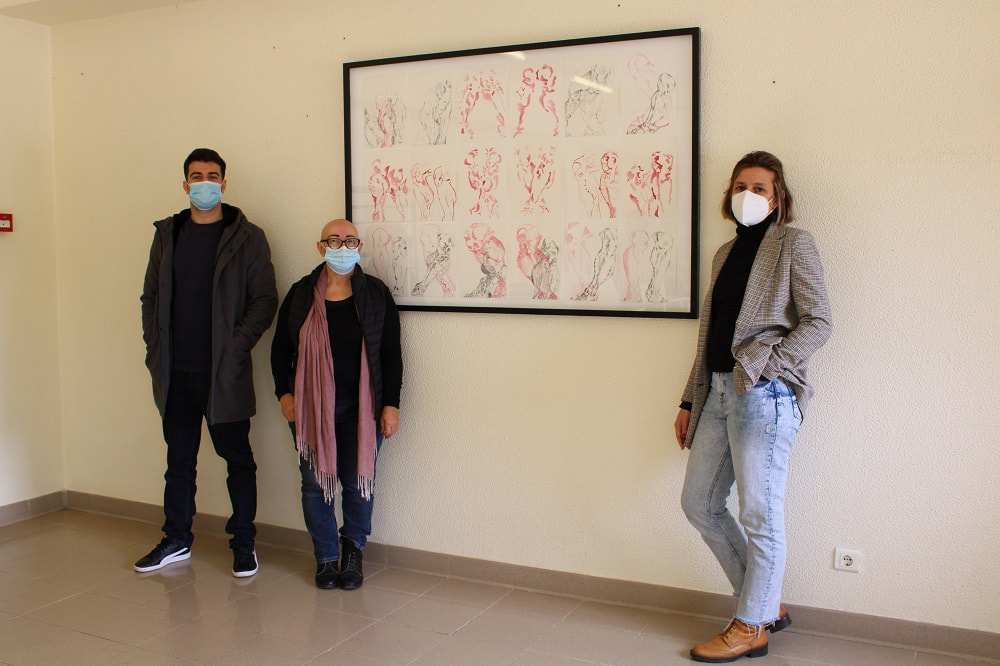
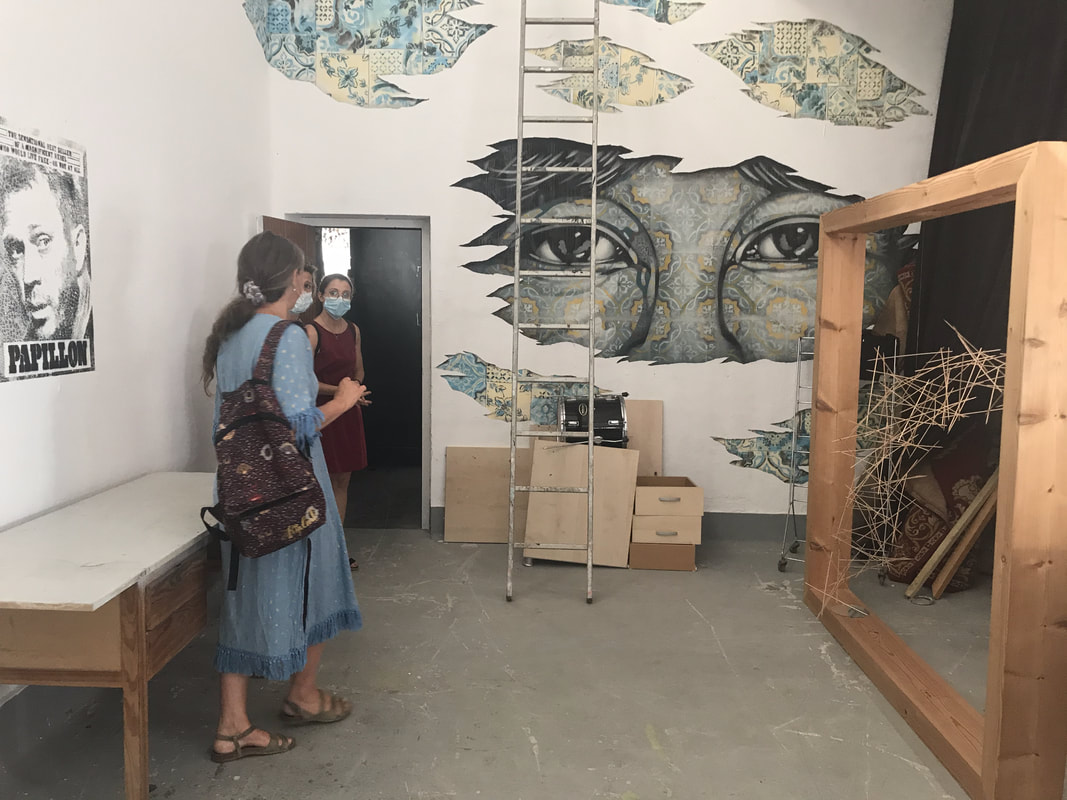
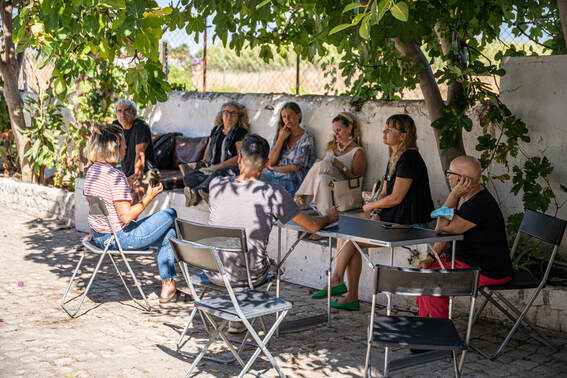
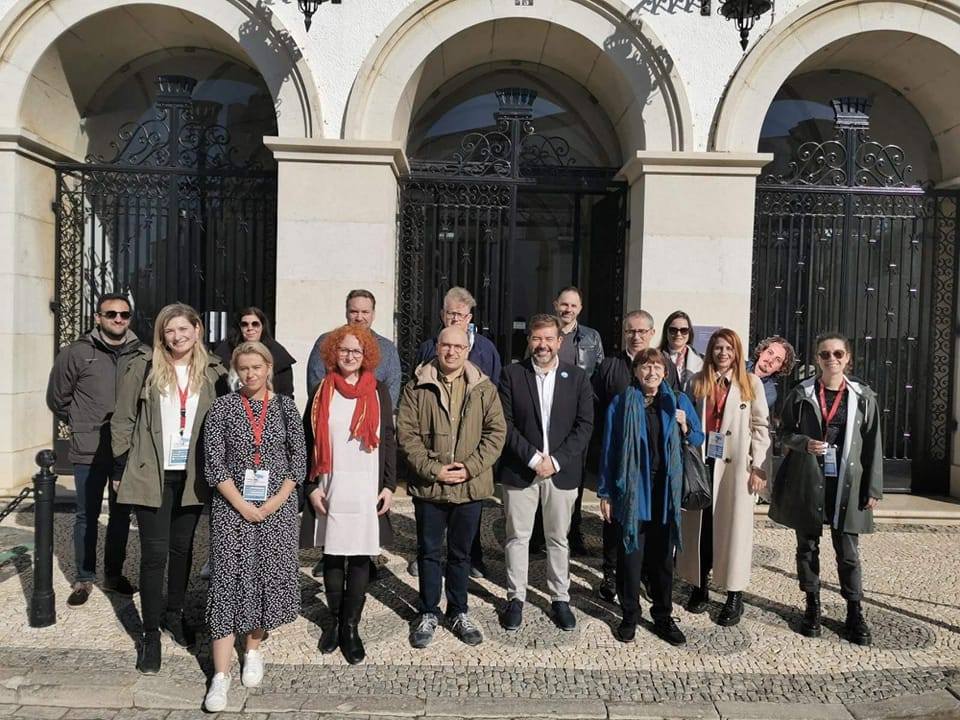
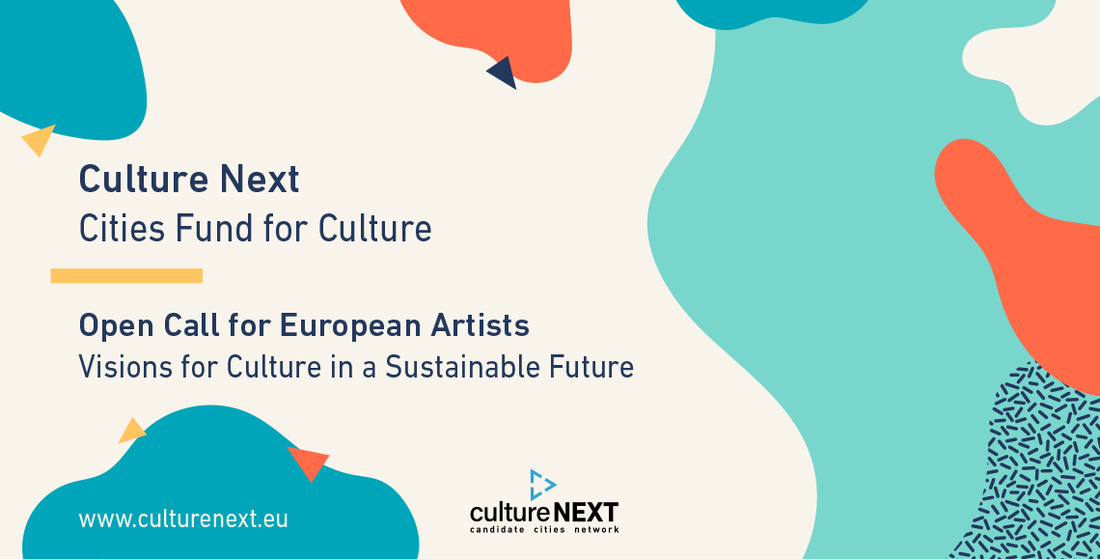
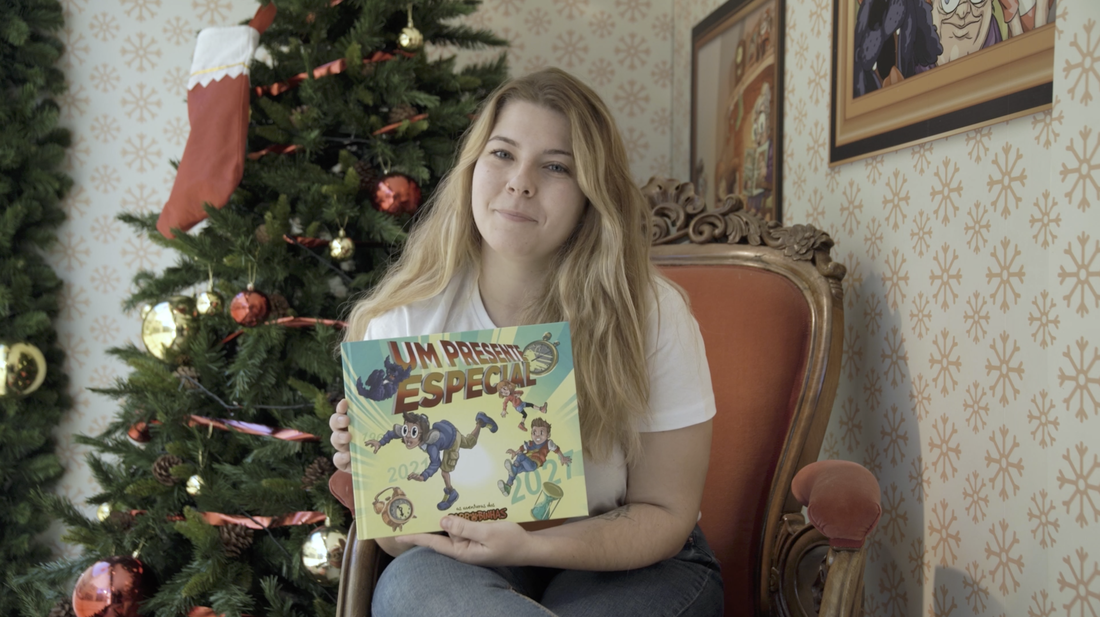
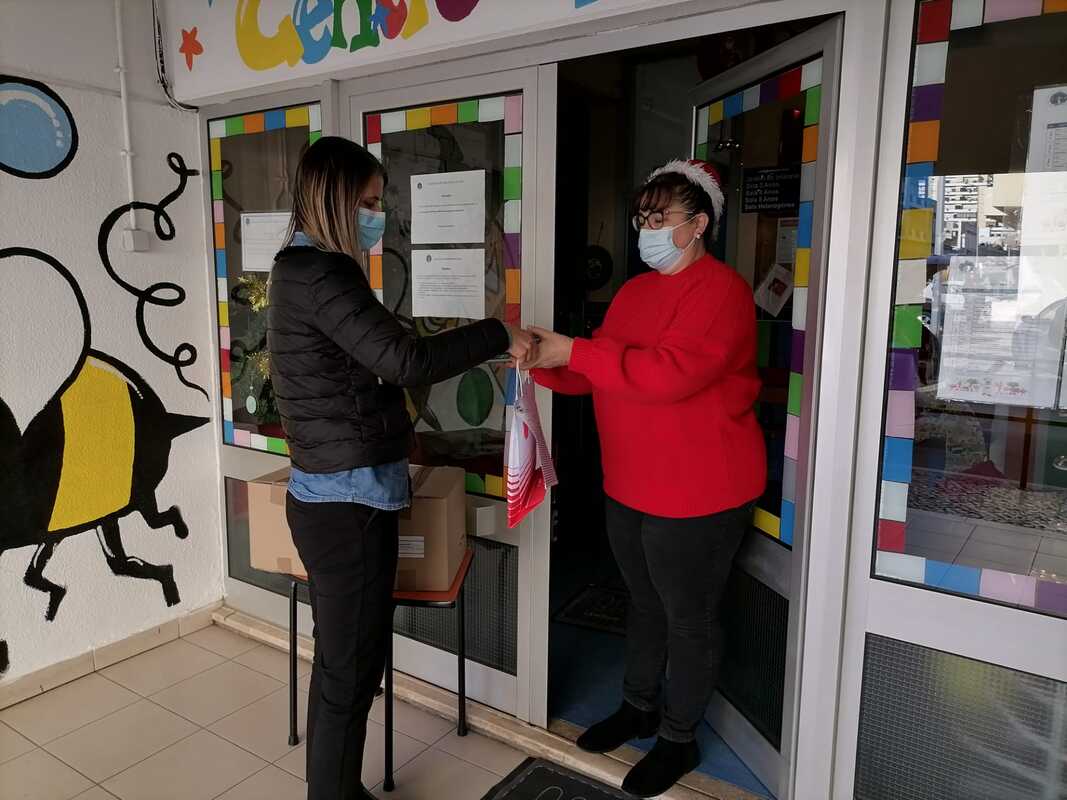
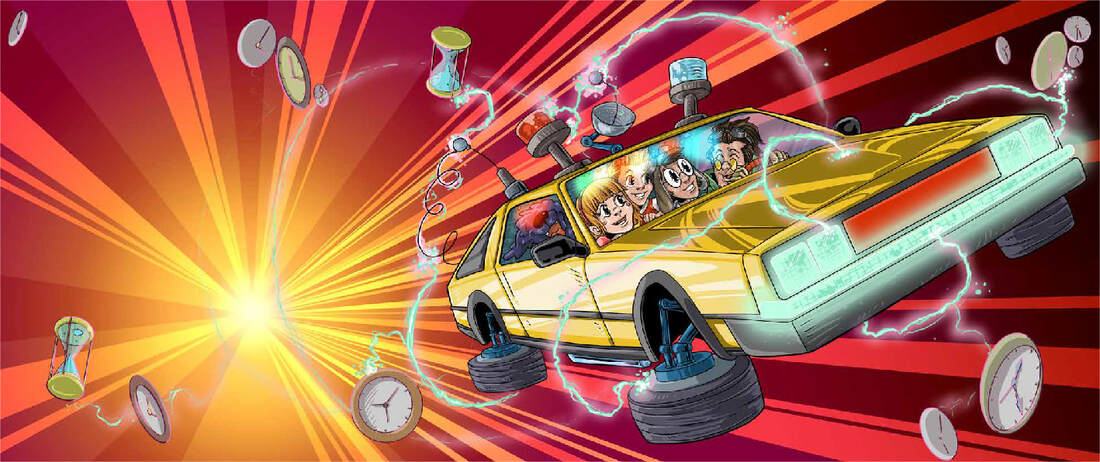
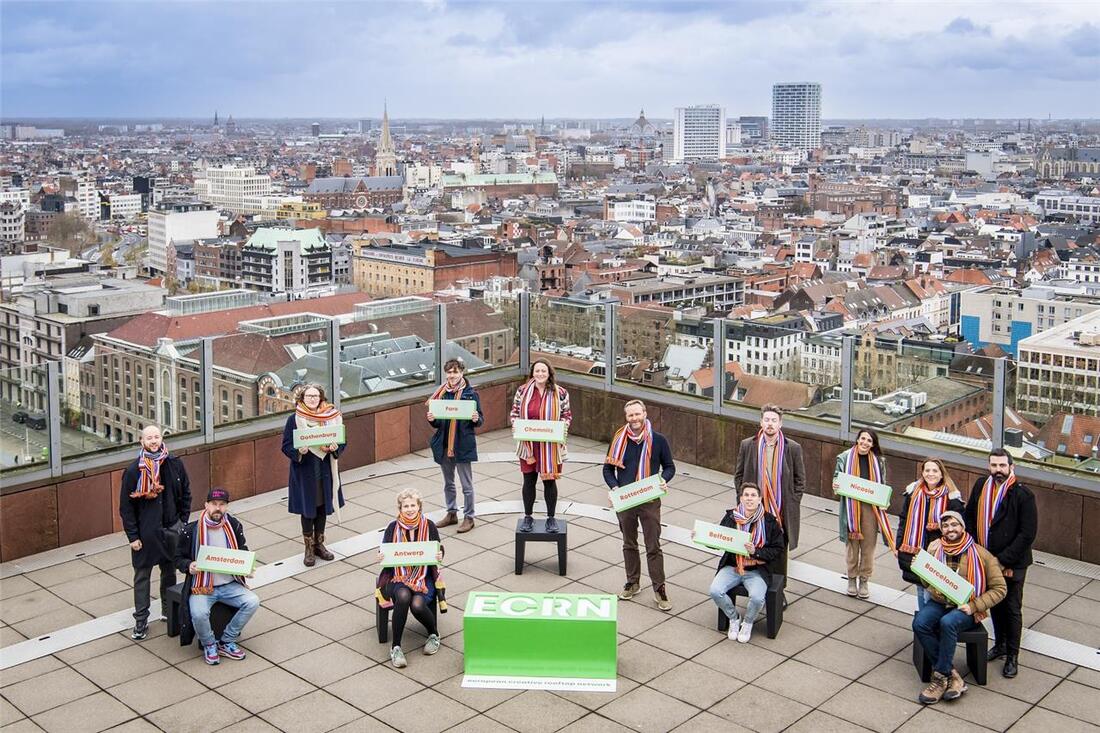
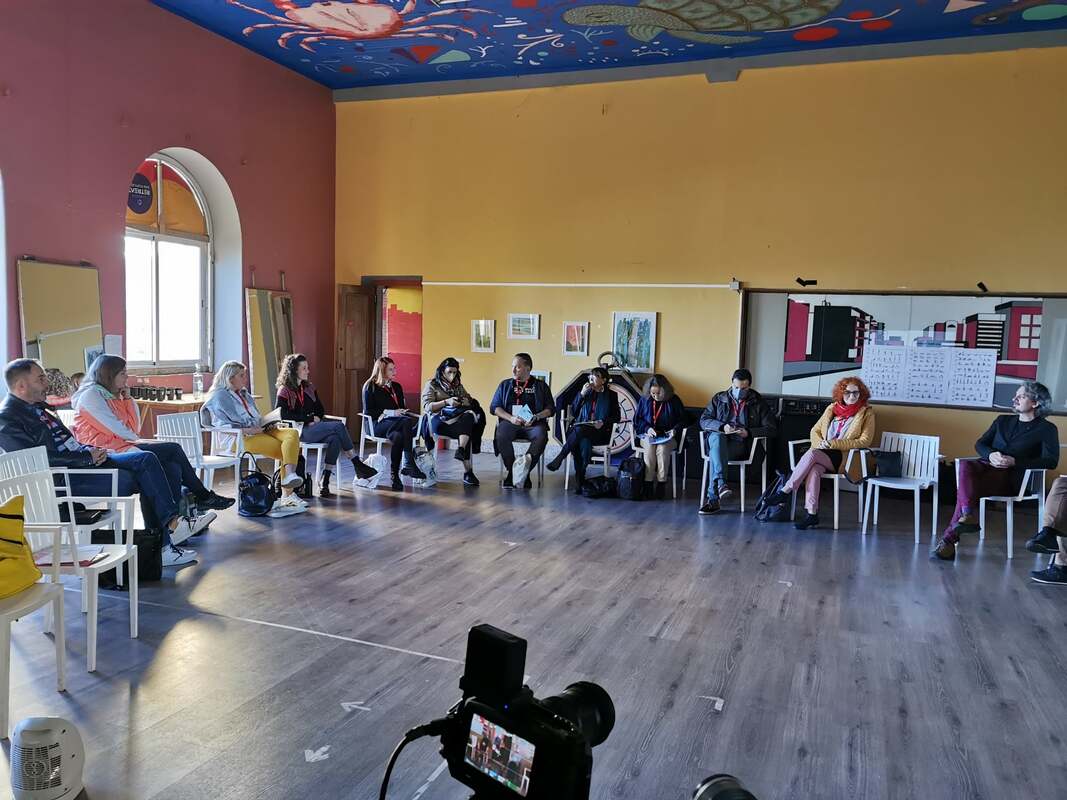
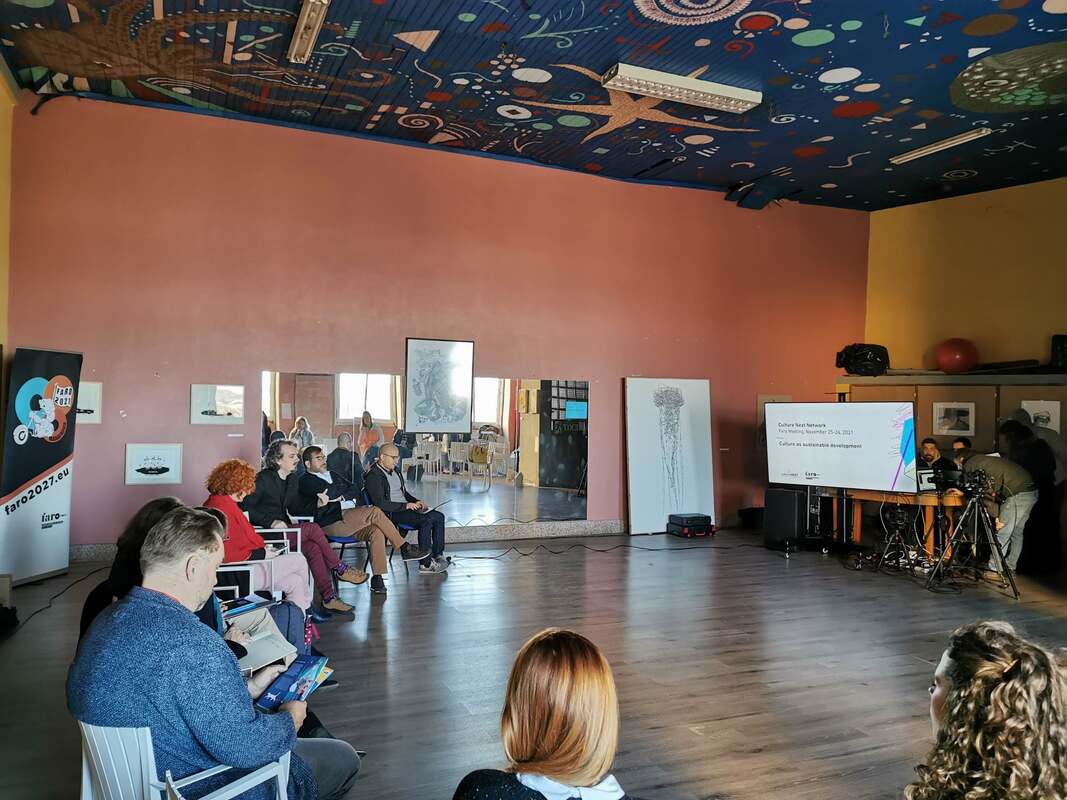
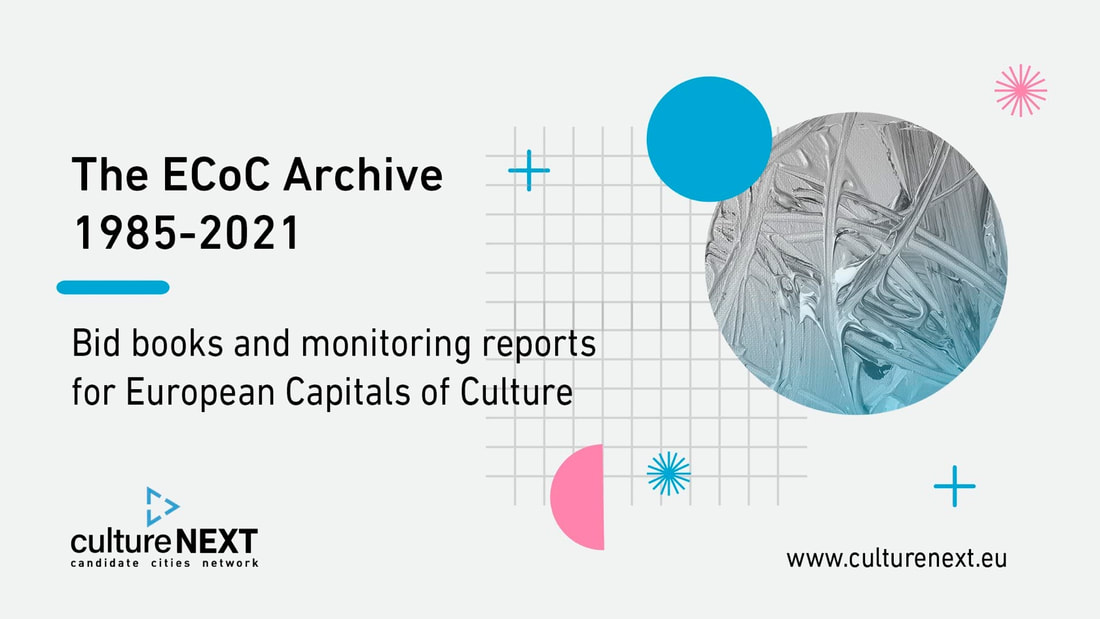
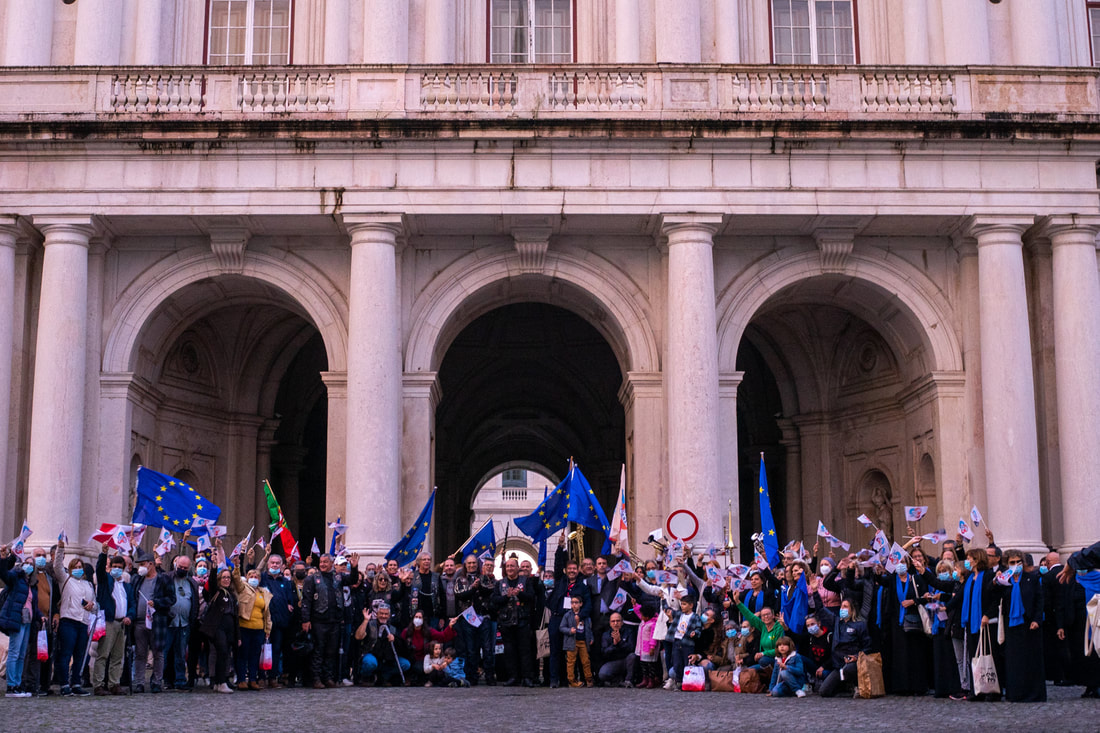
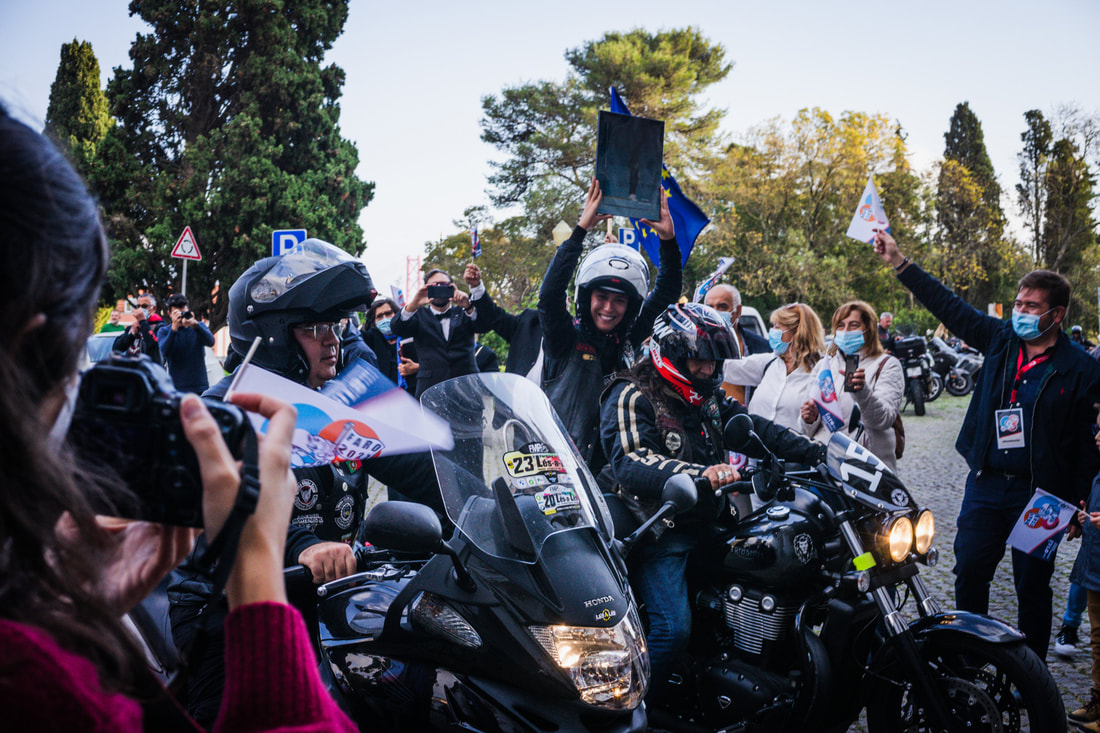
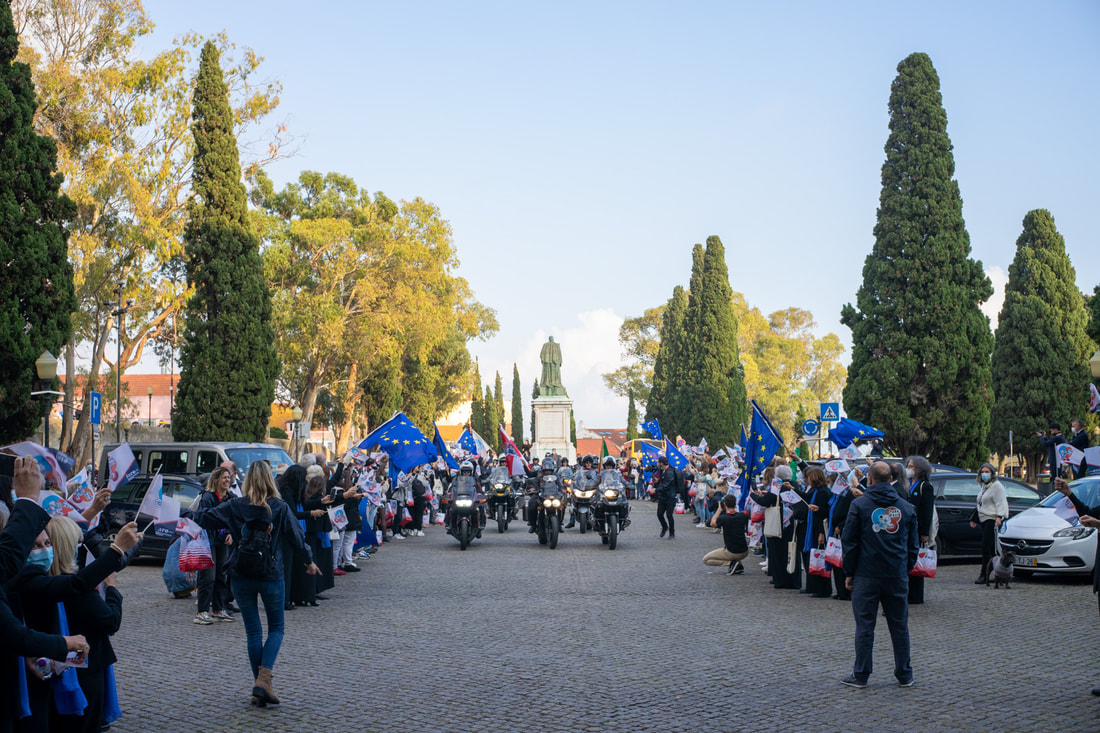
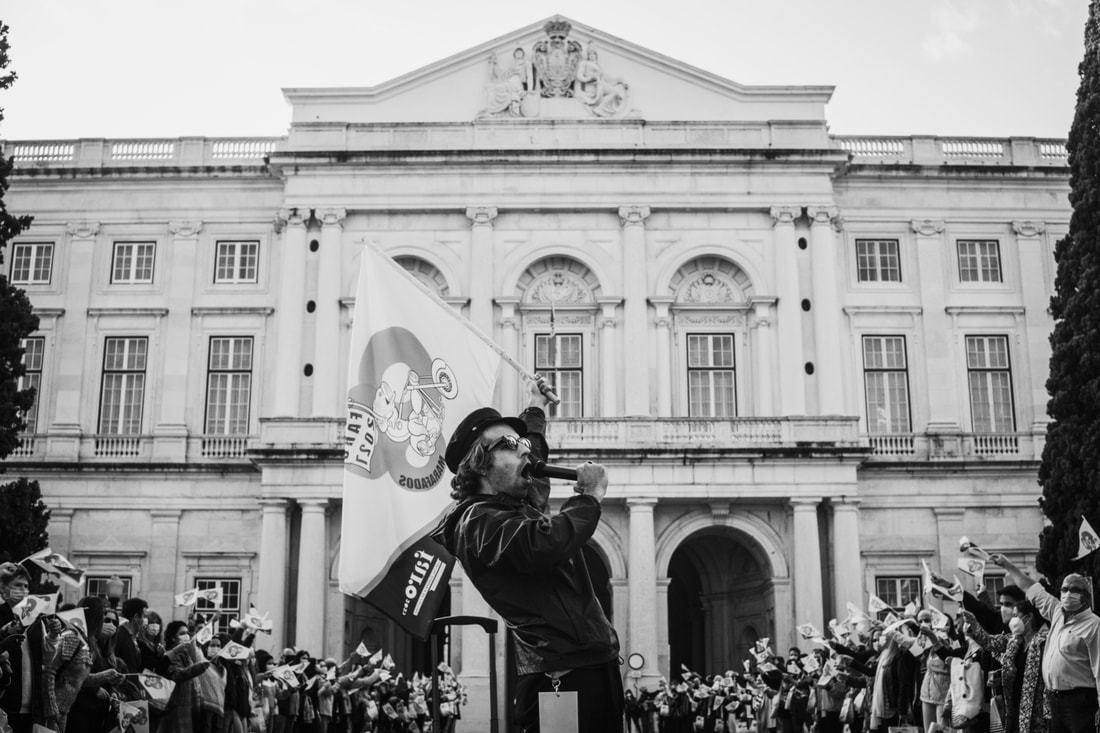
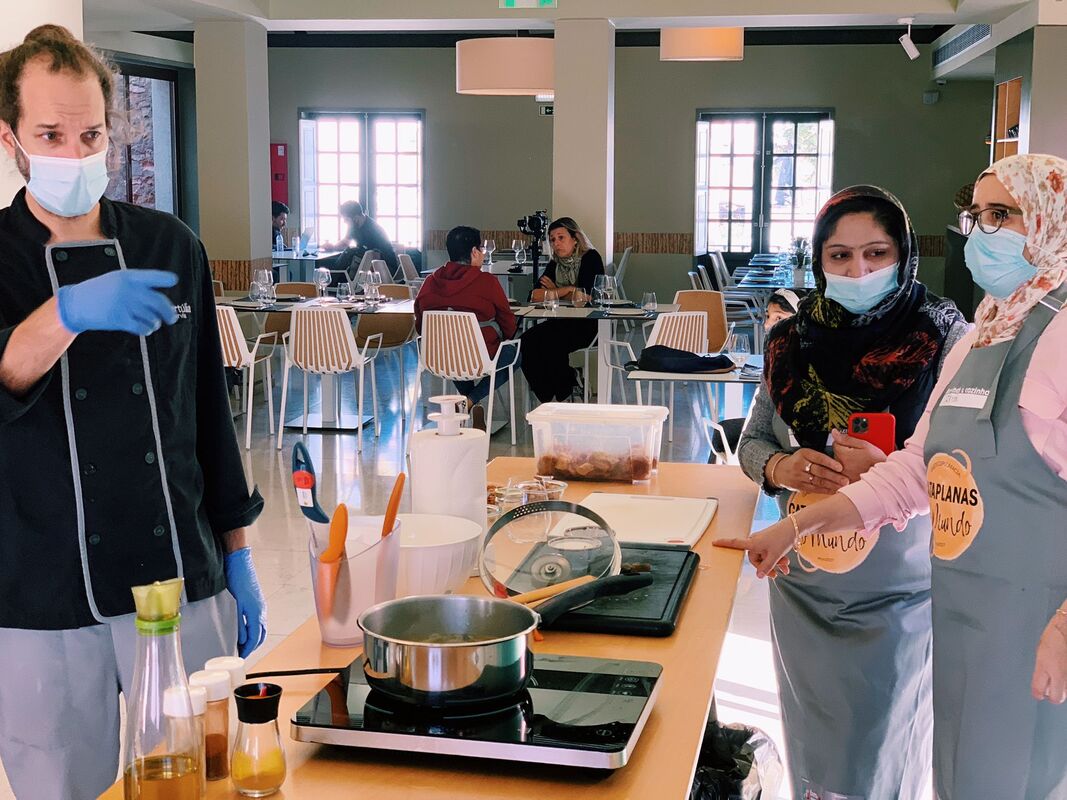
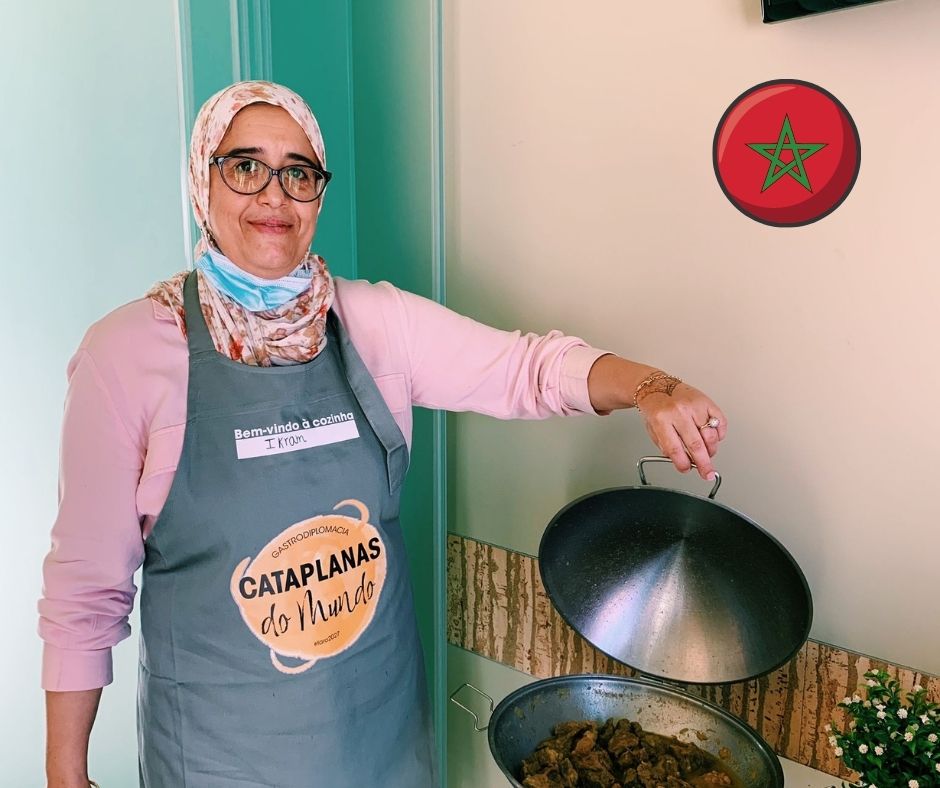
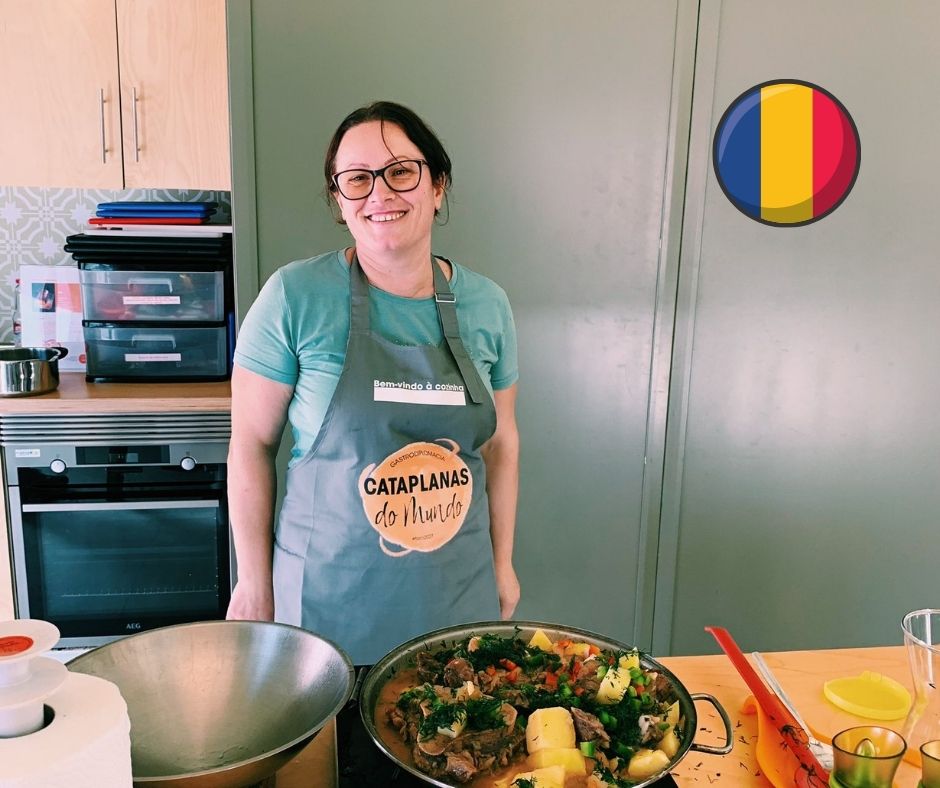
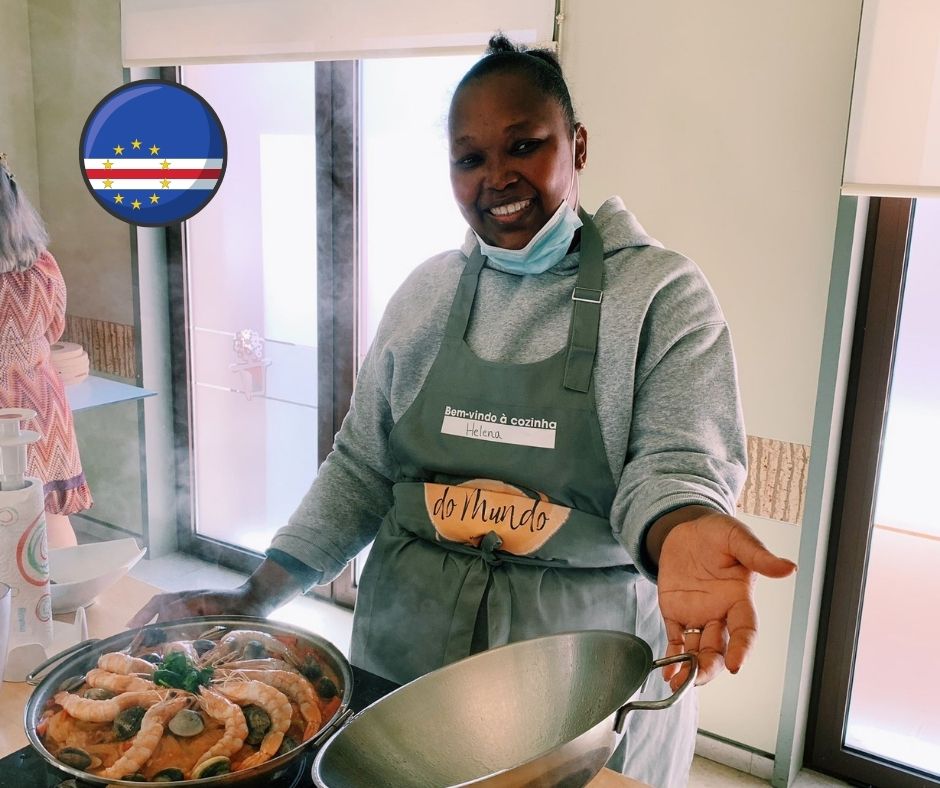
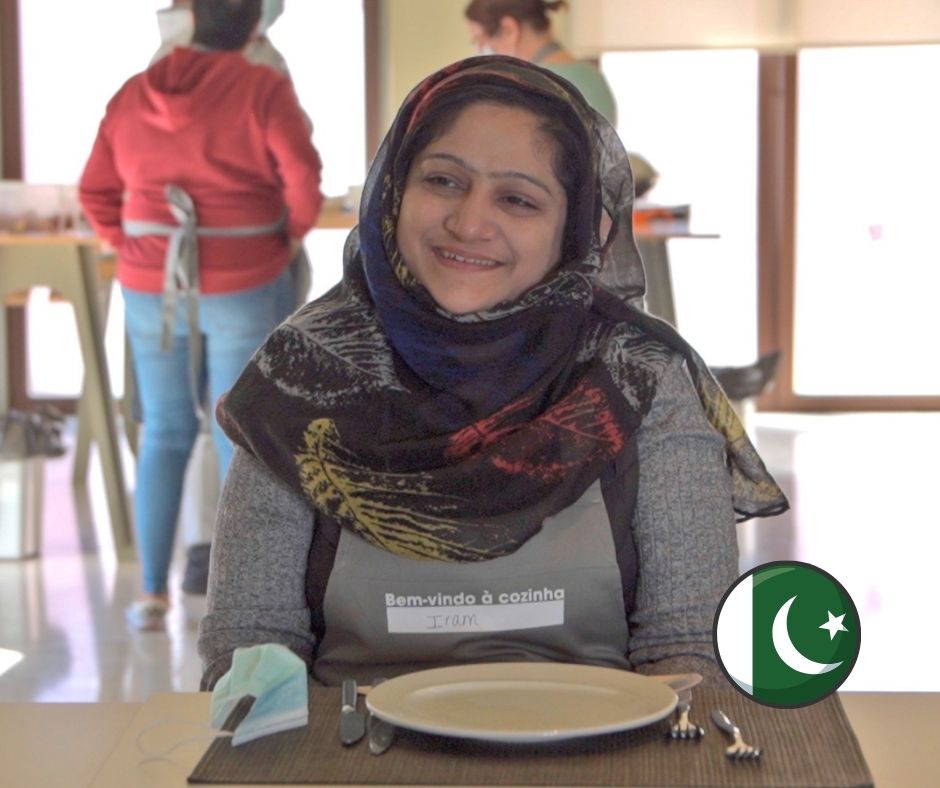
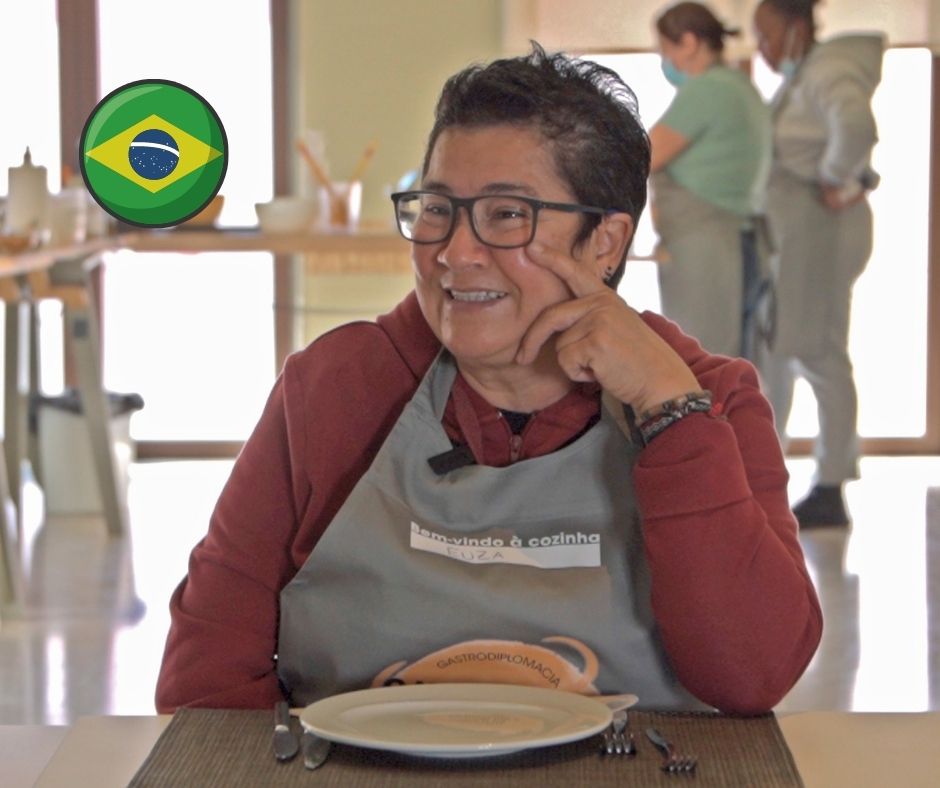
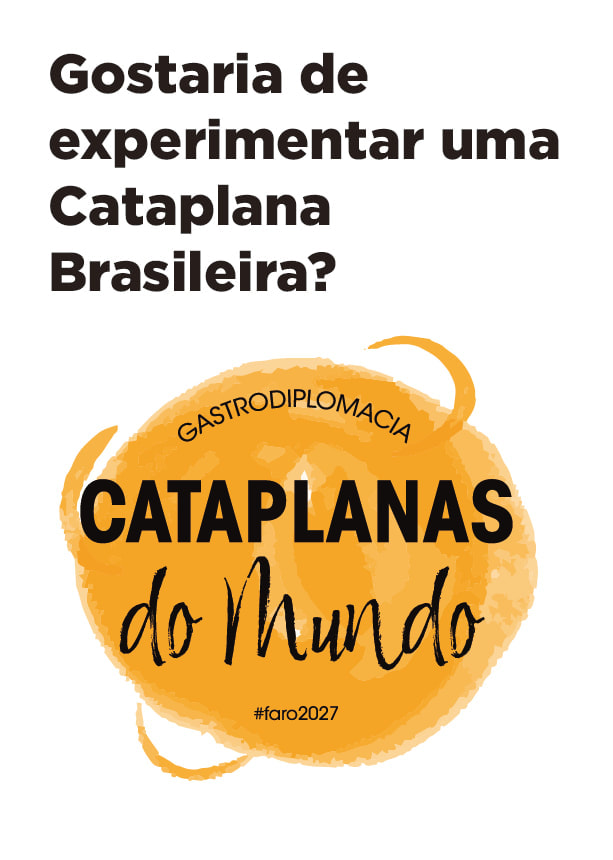
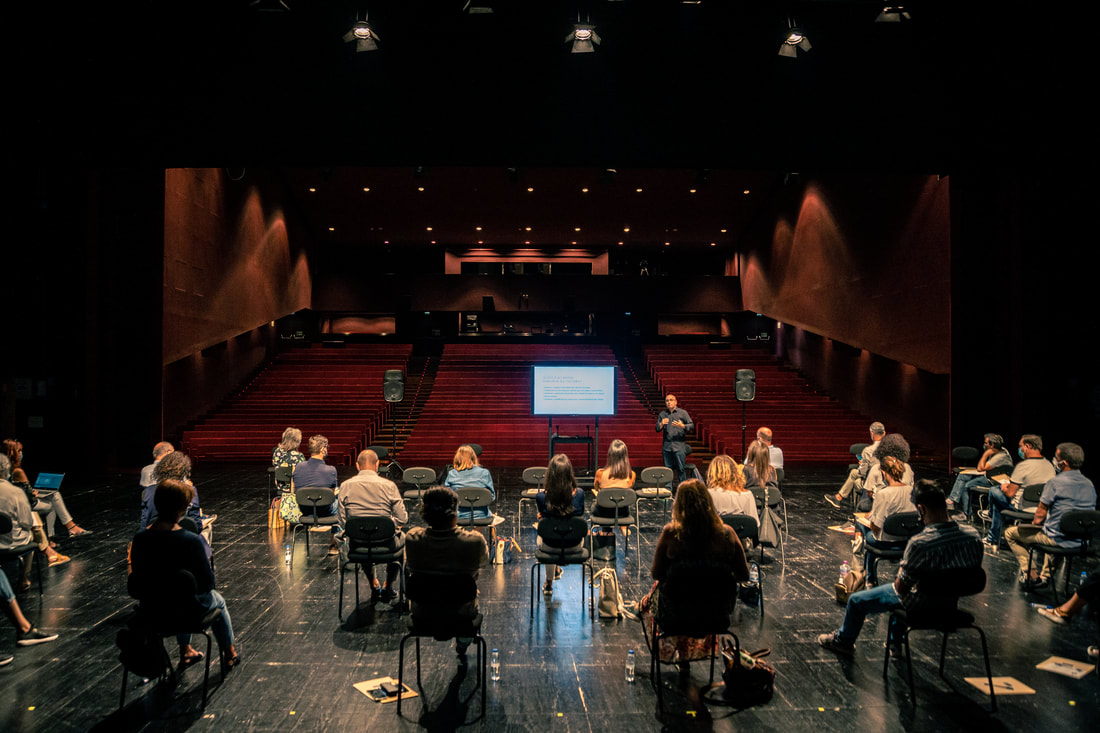
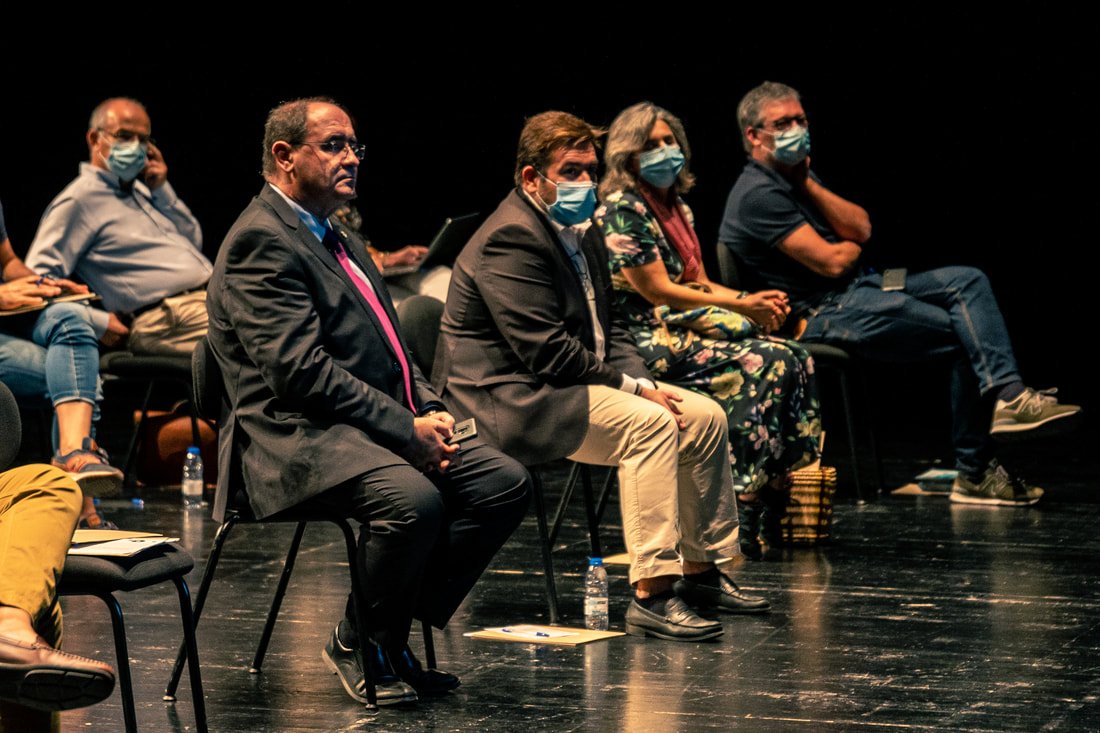
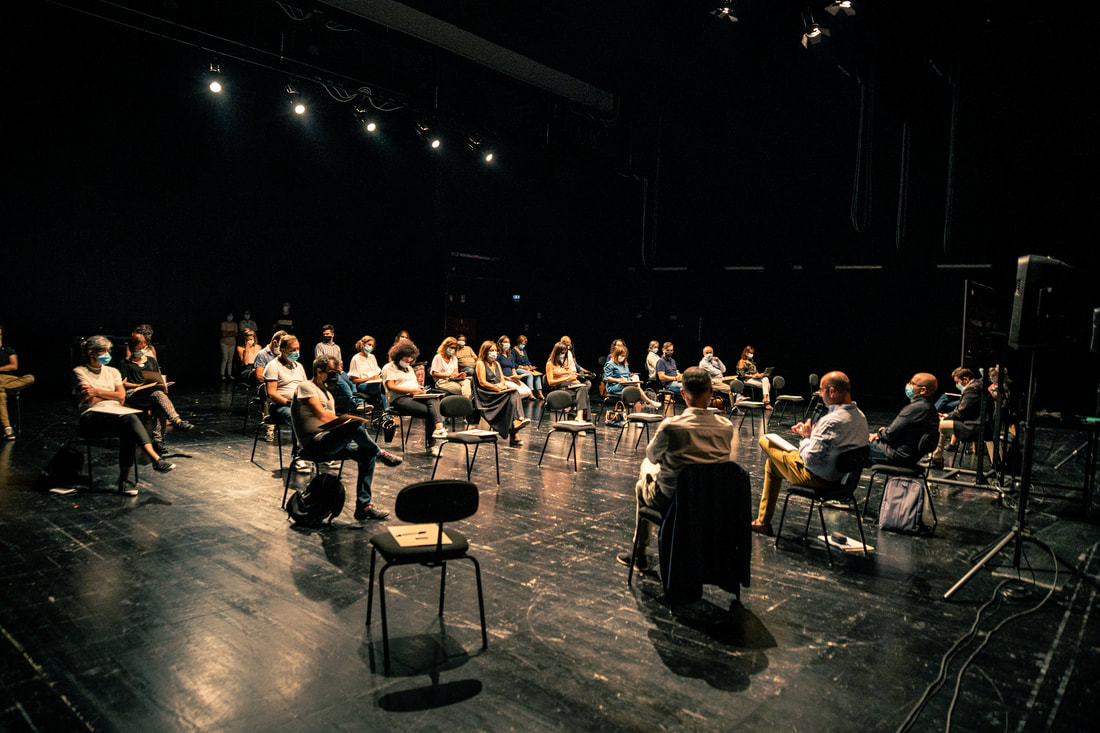
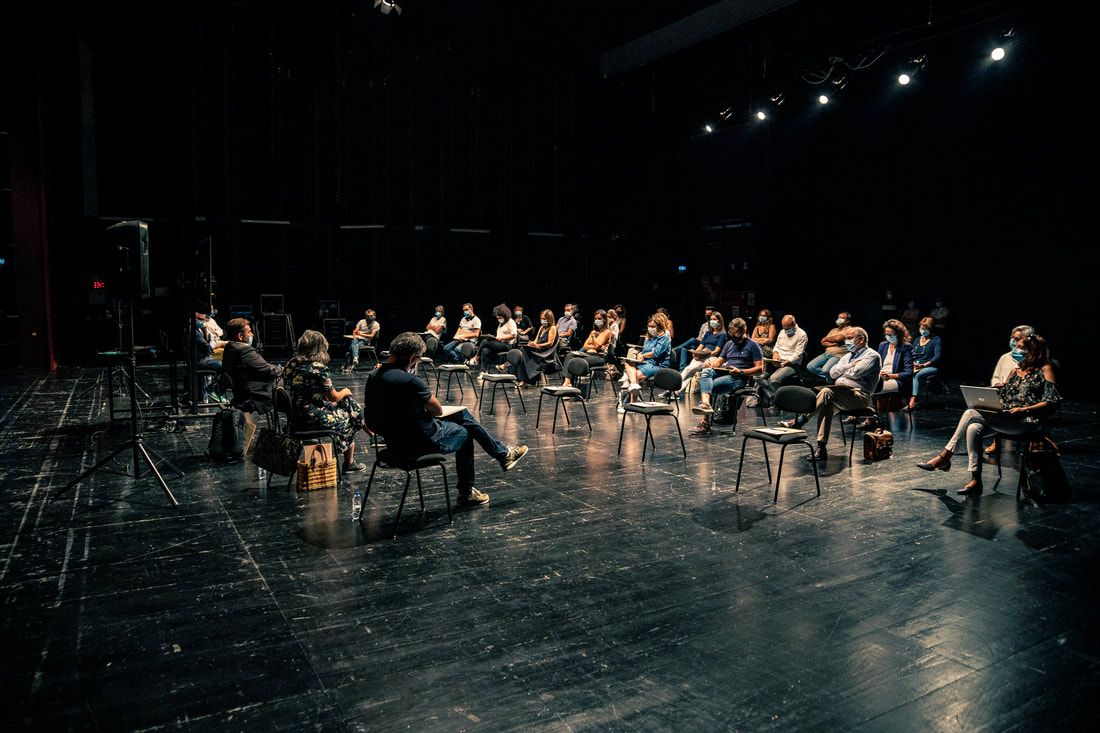
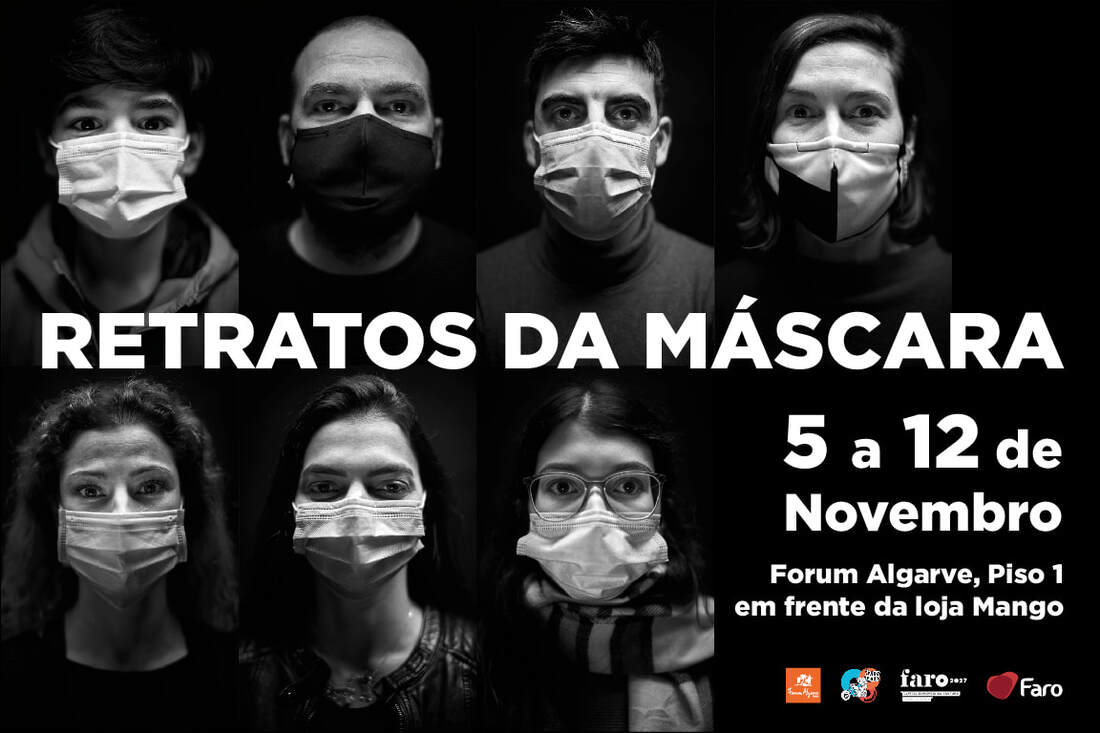
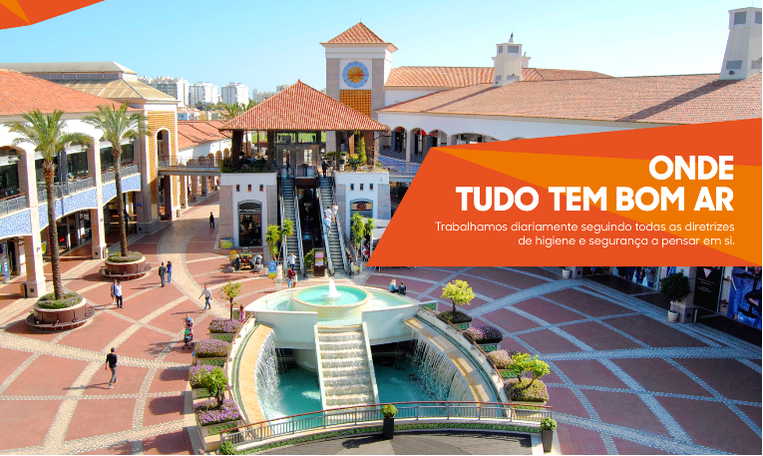
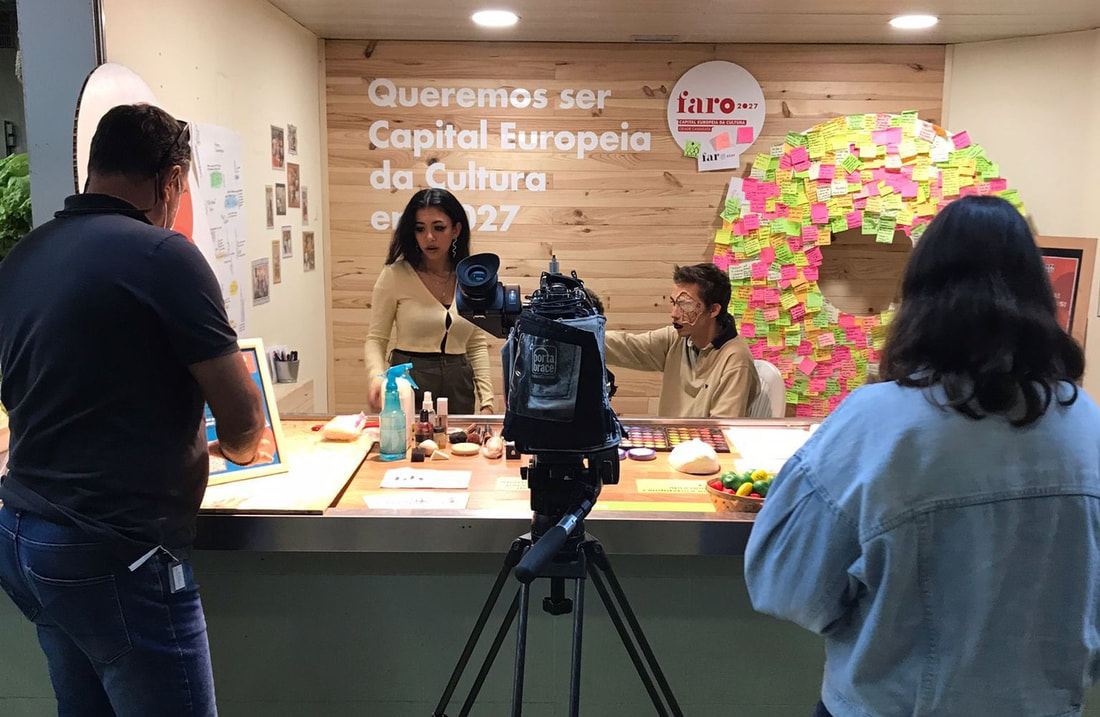
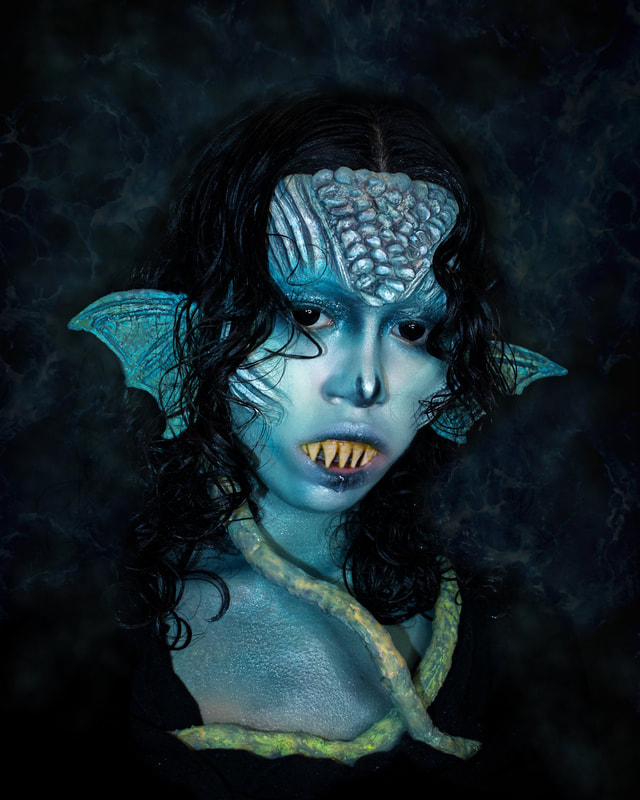
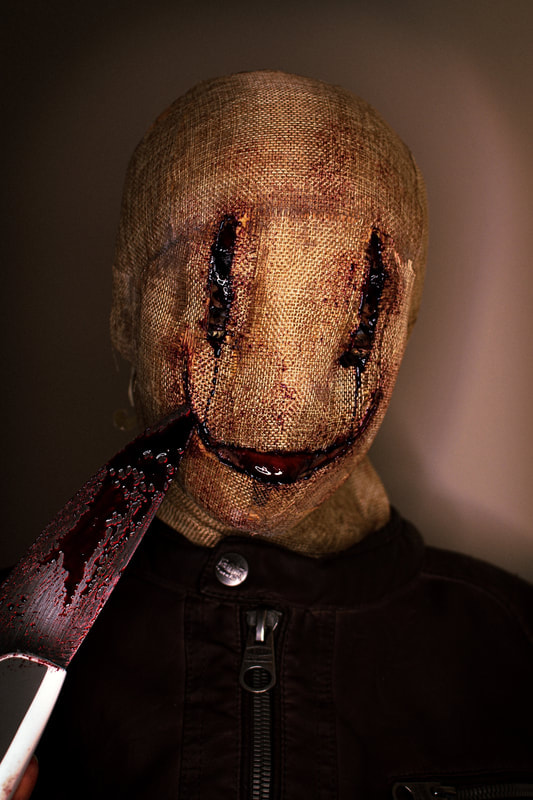
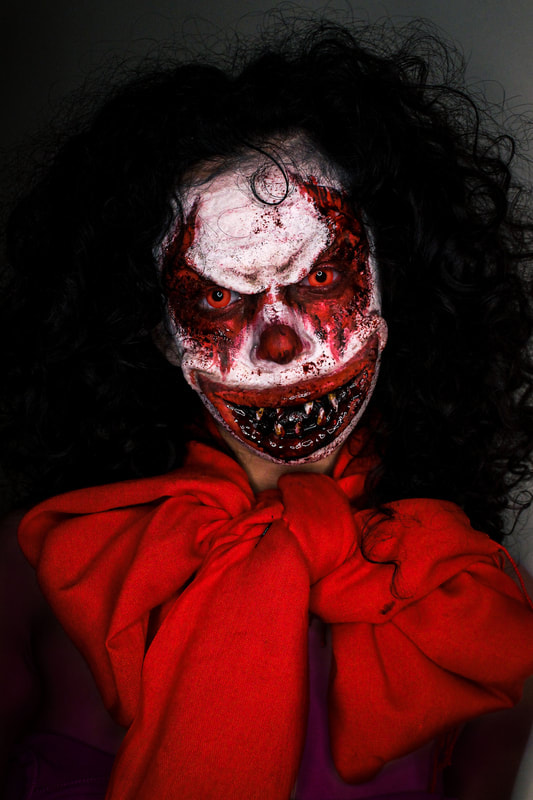
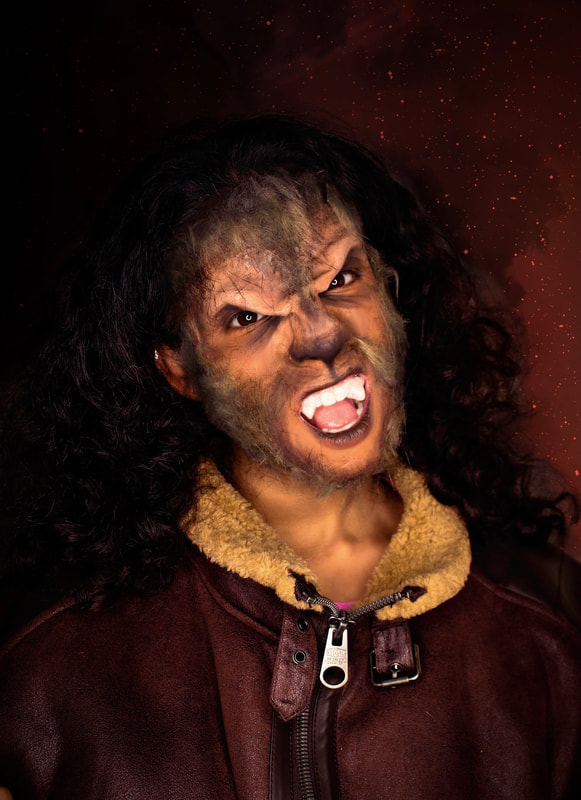


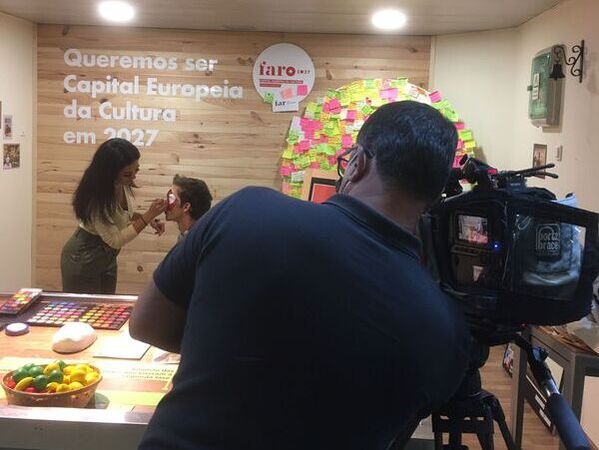
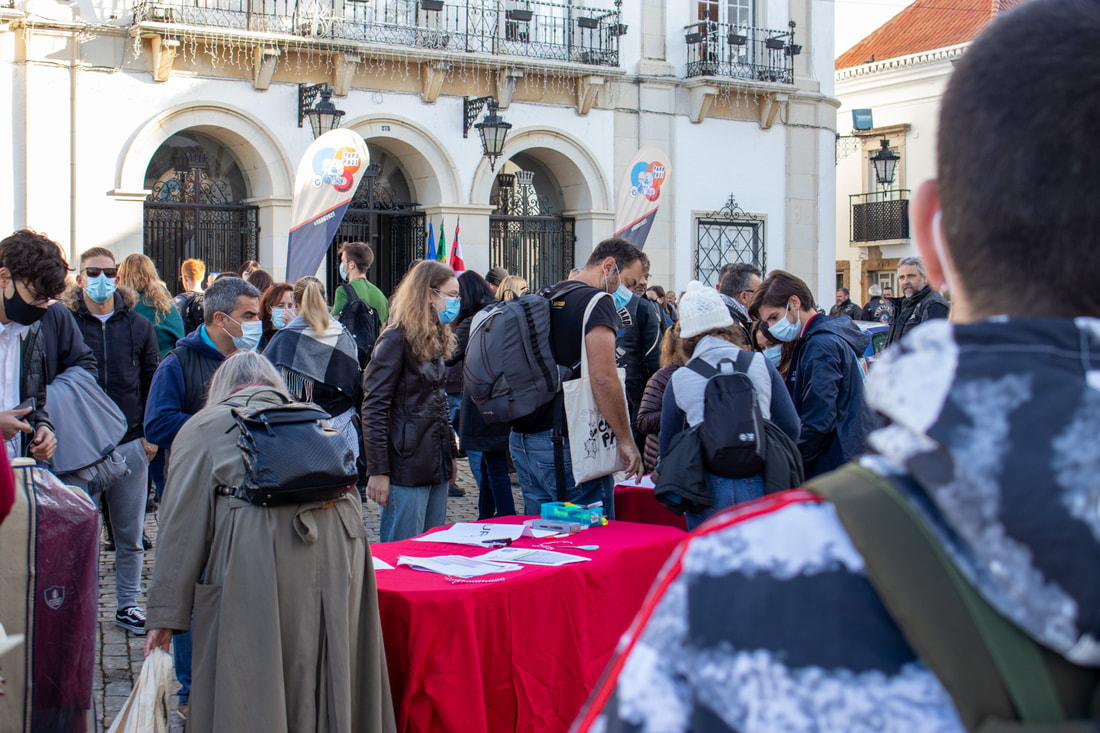
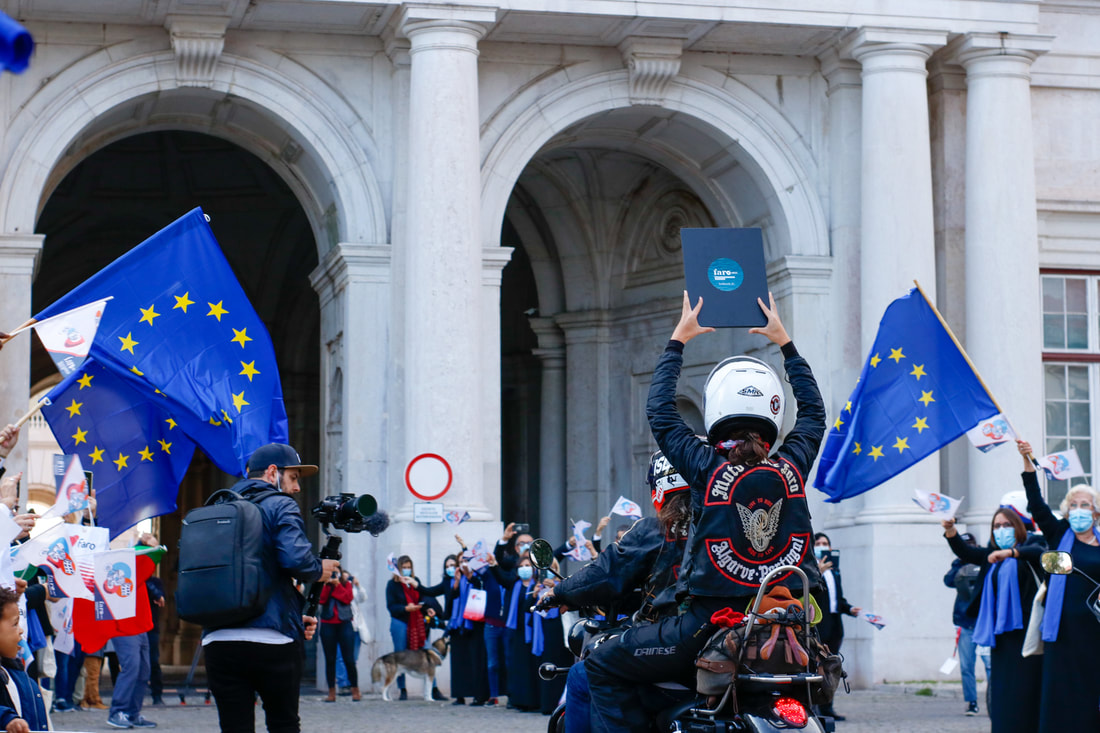
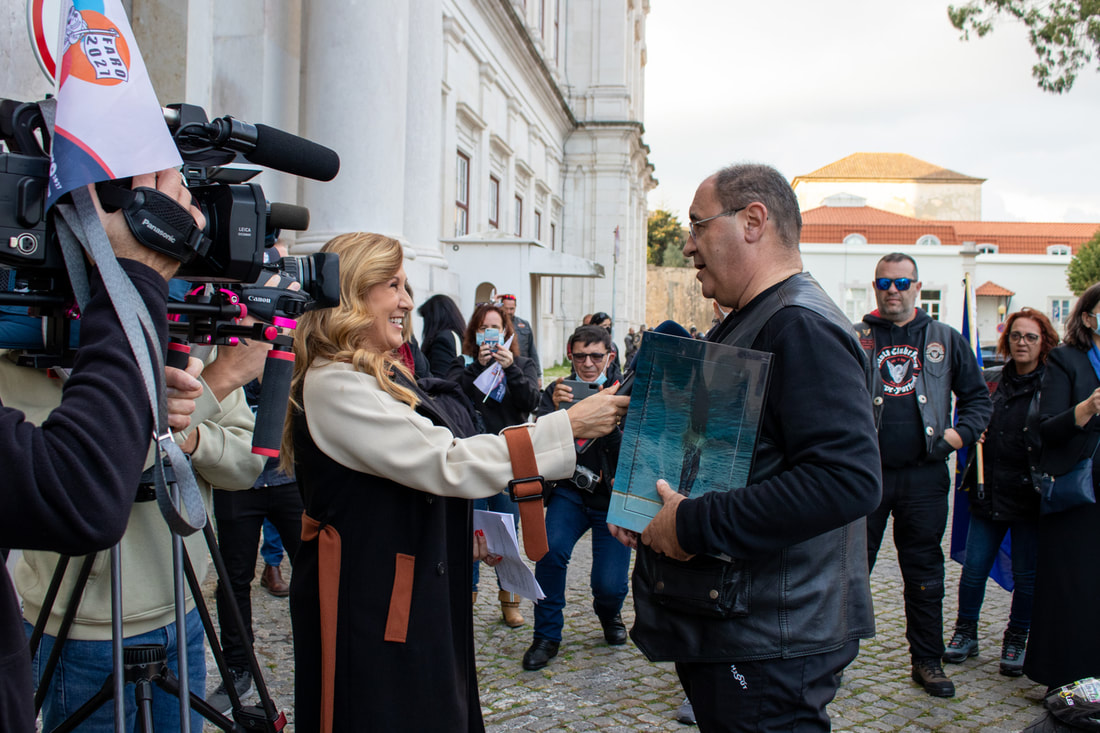
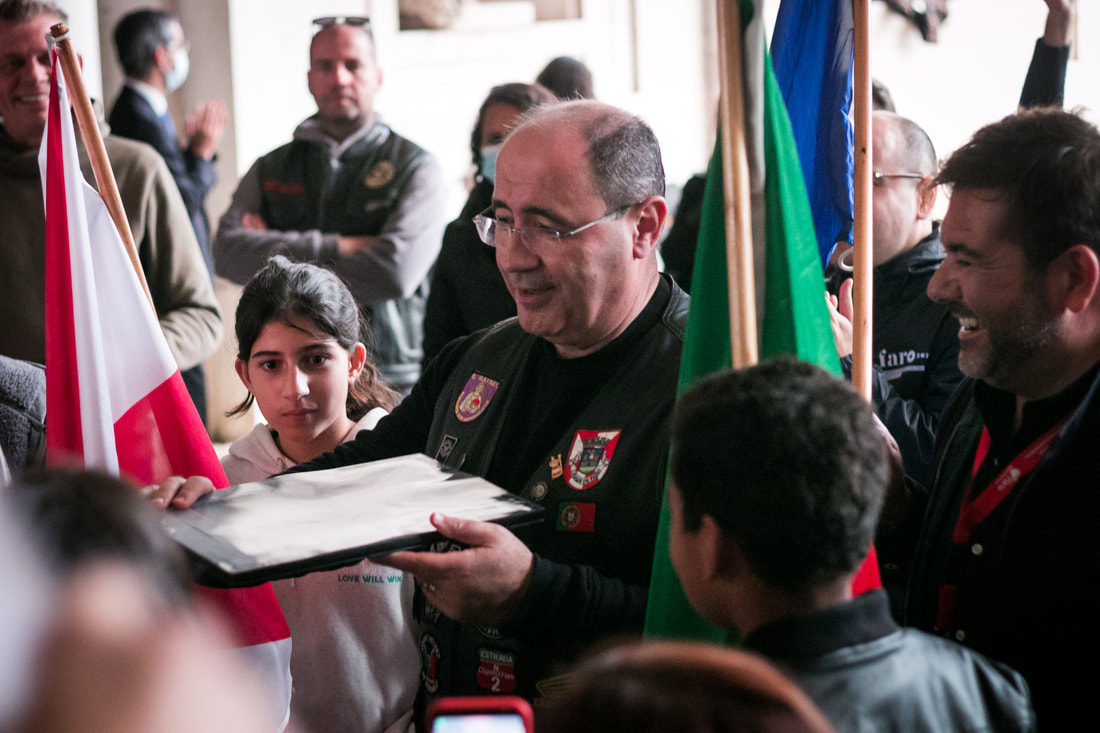
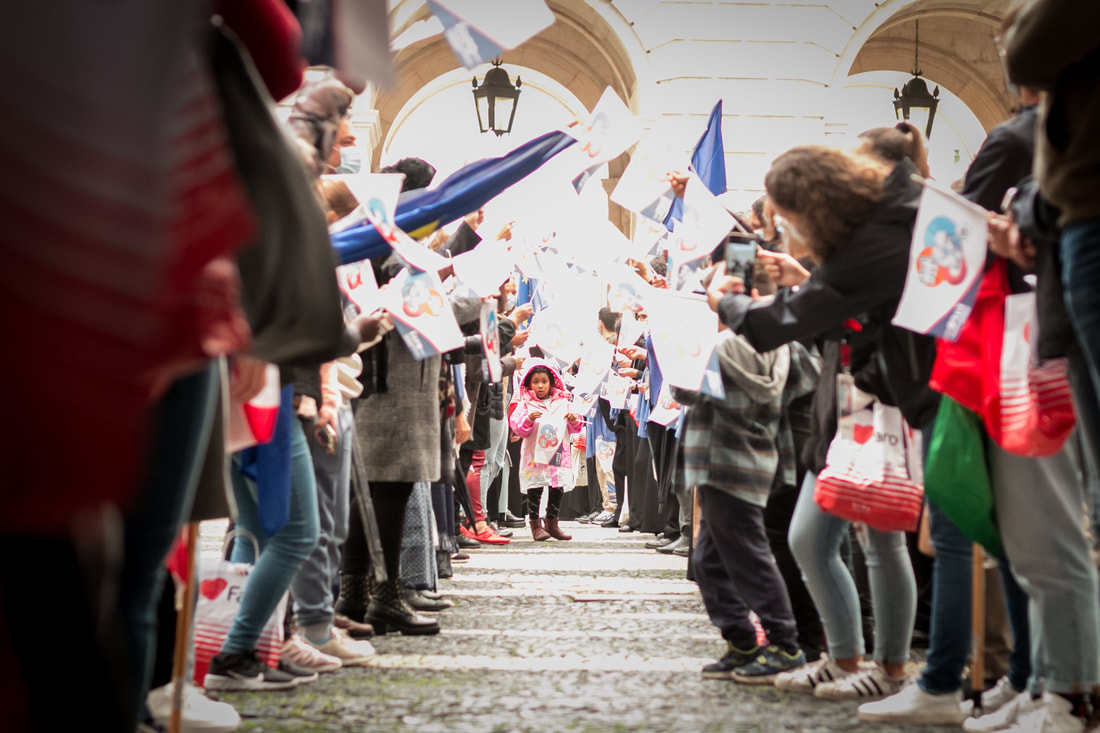
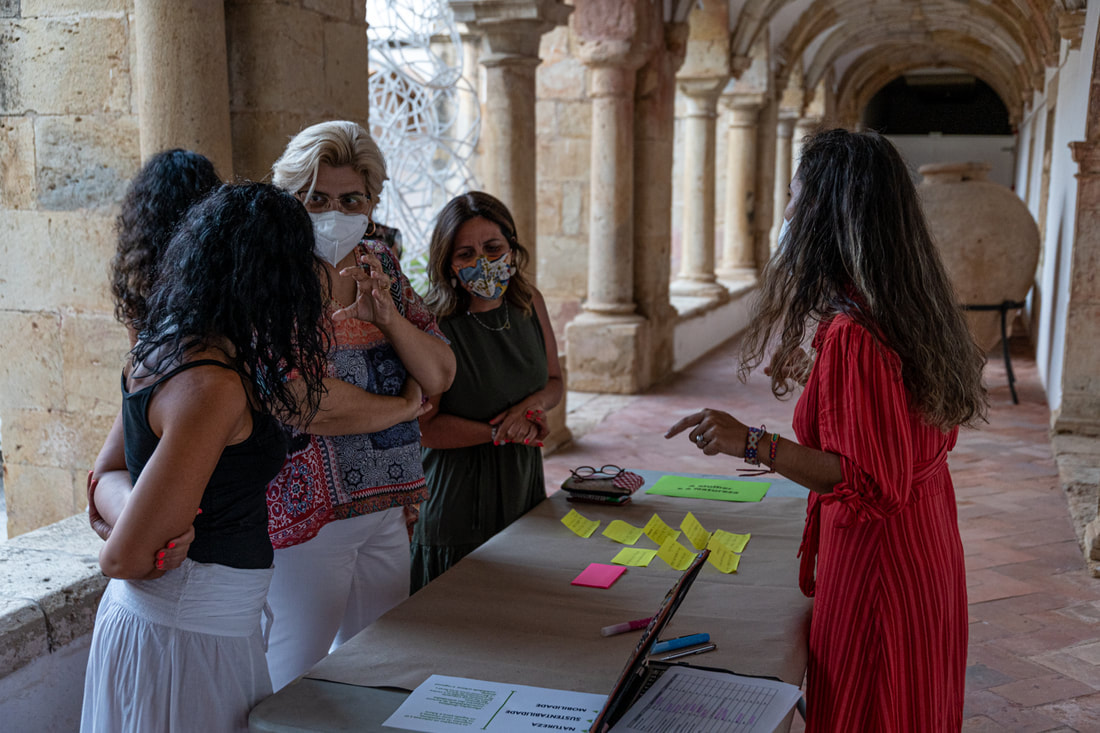
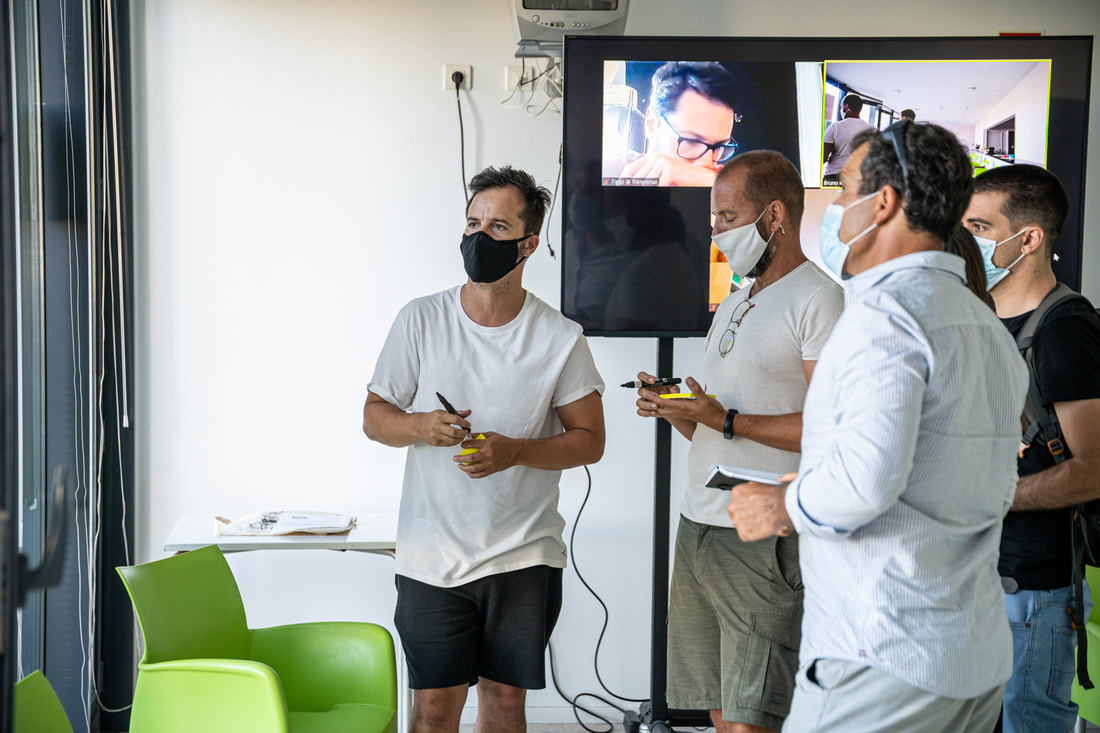
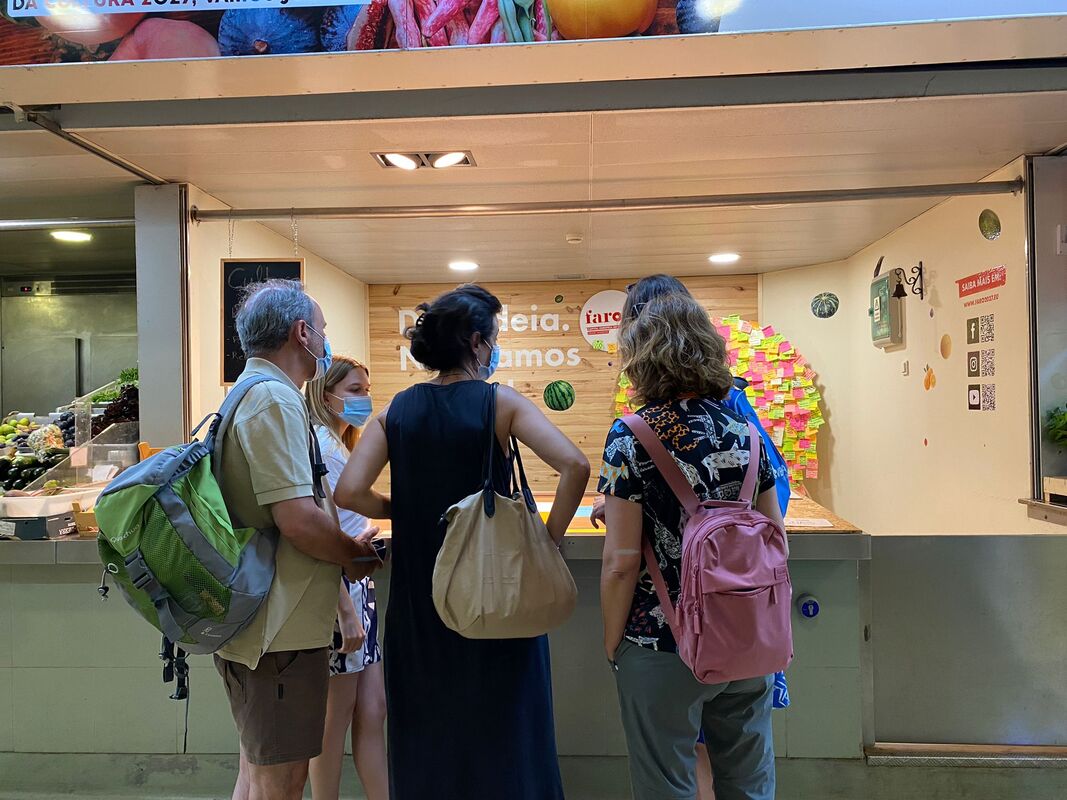
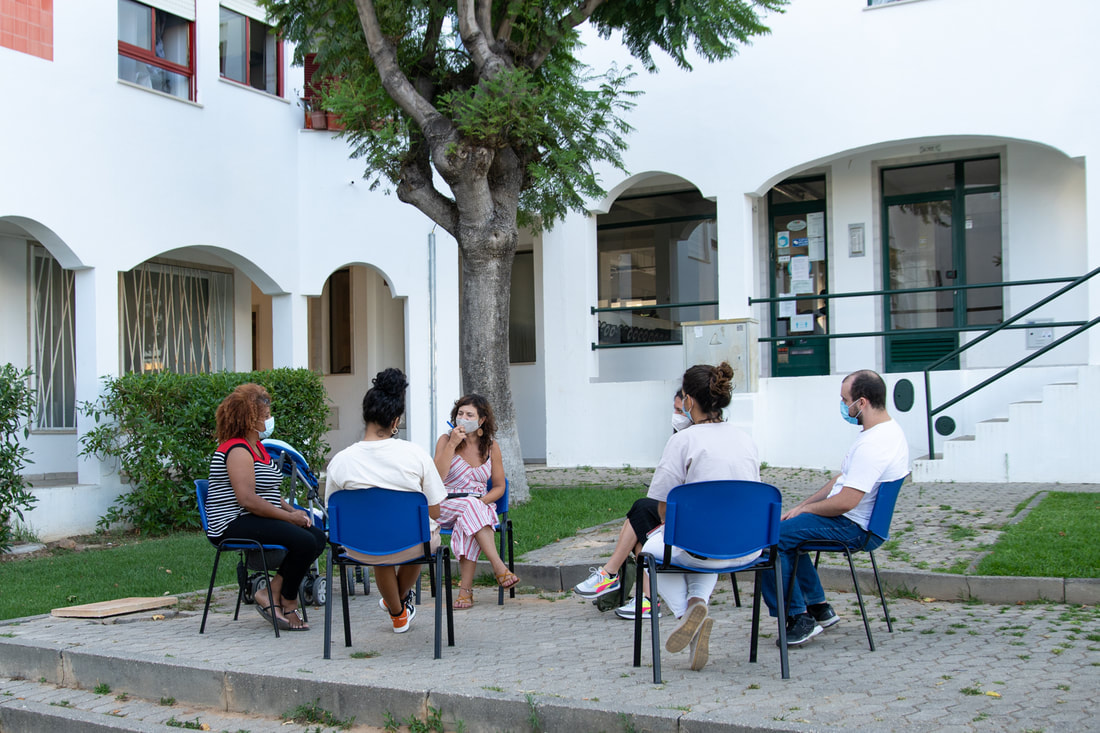
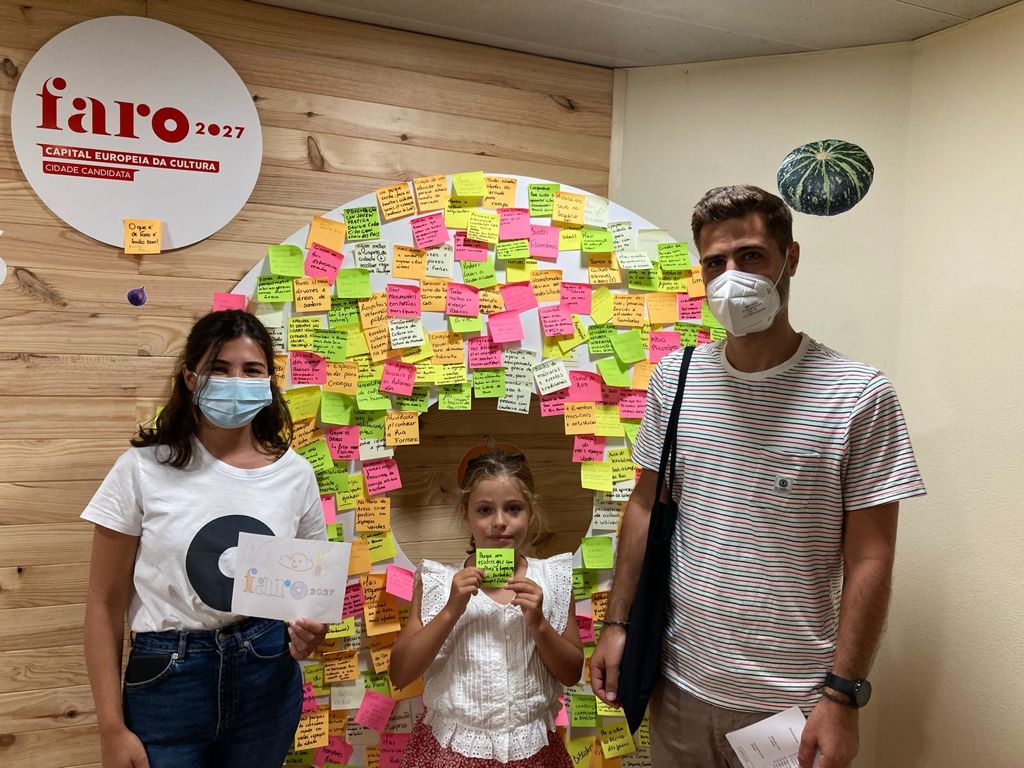
 RSS Feed
RSS Feed


